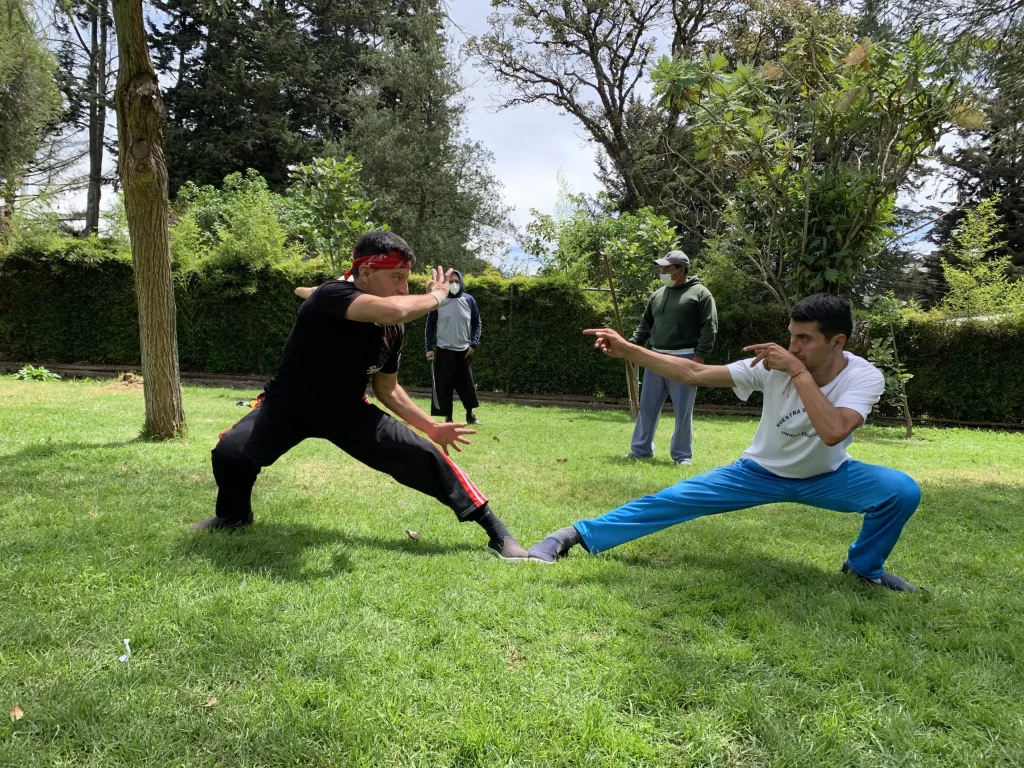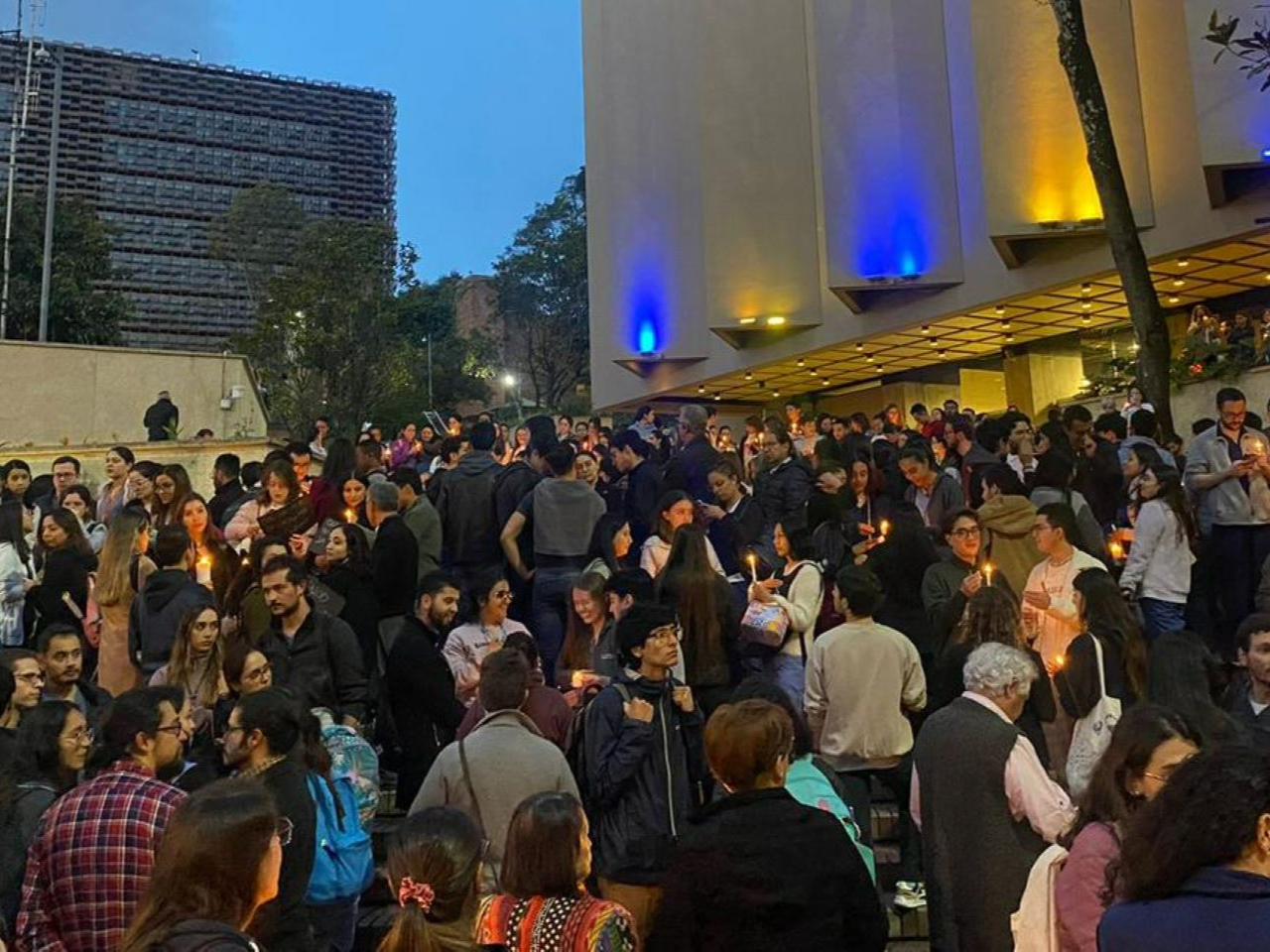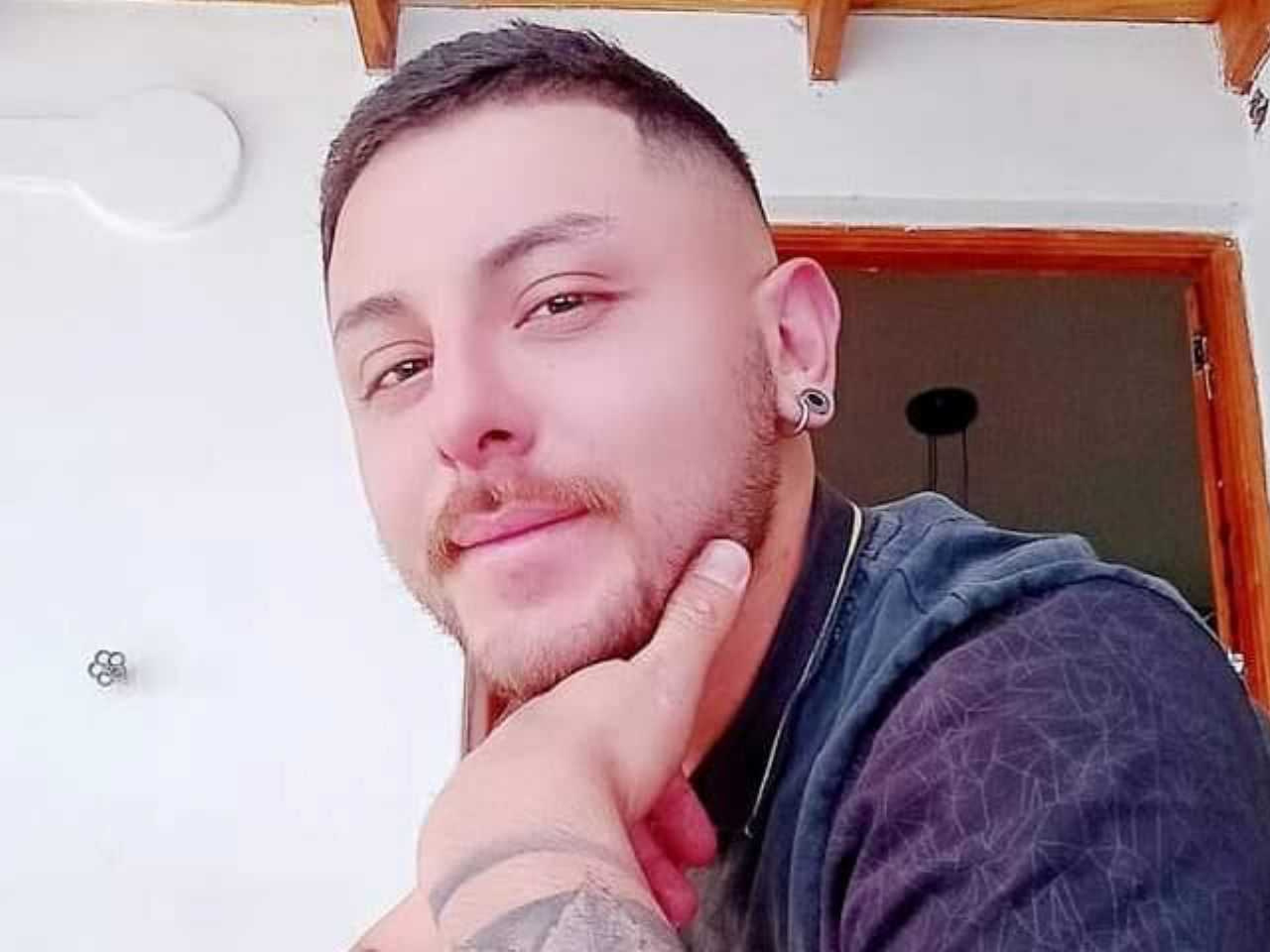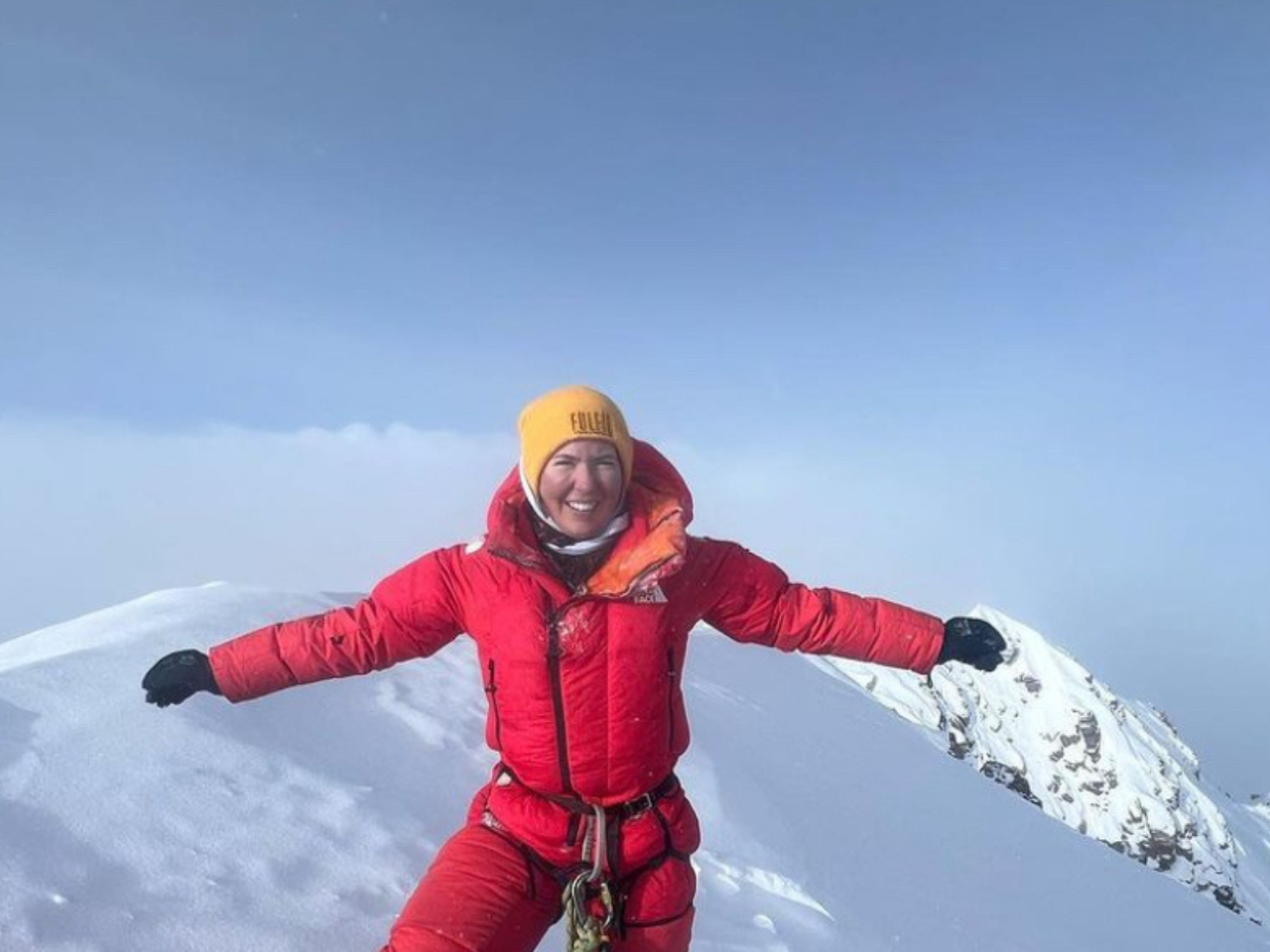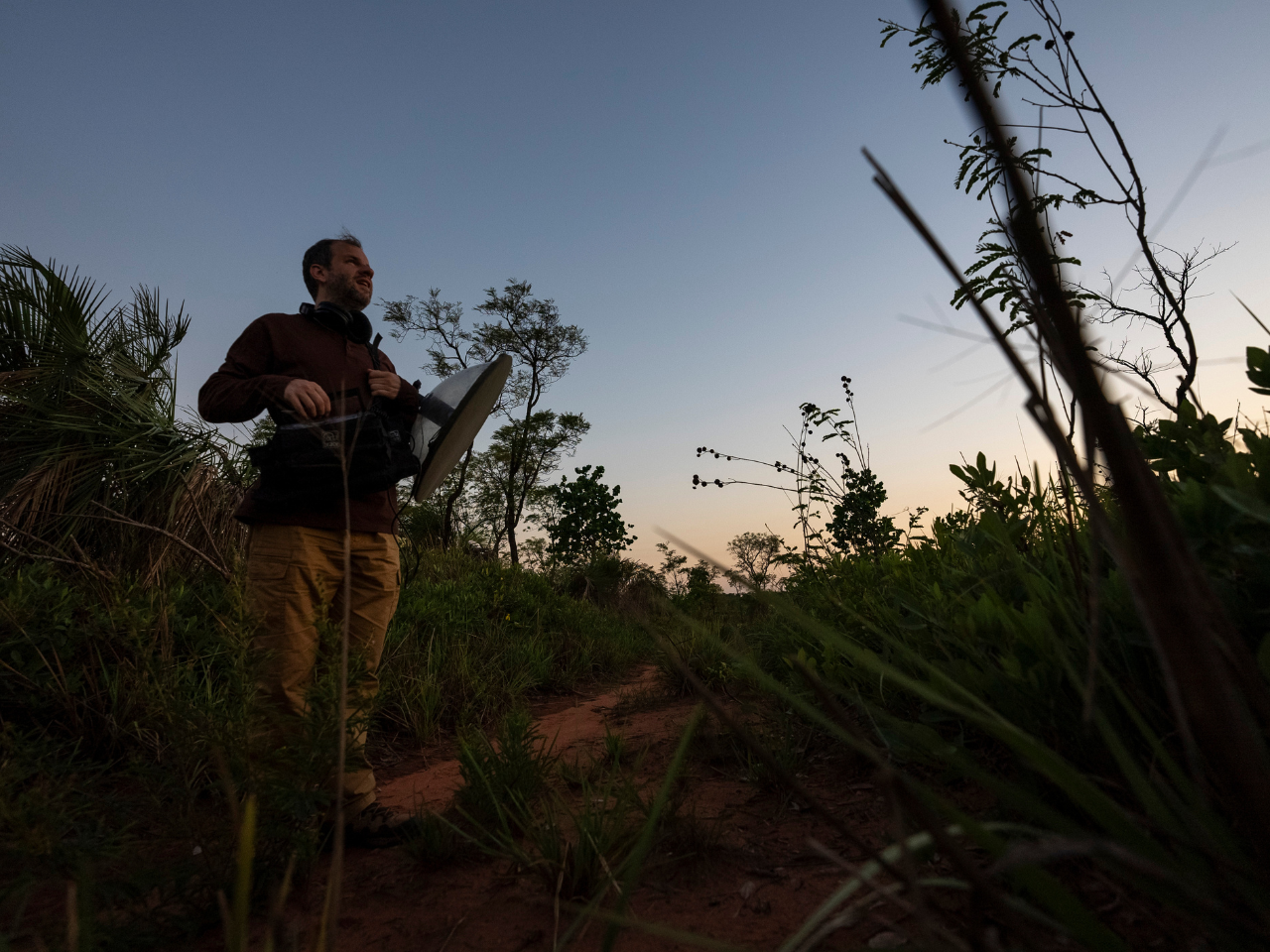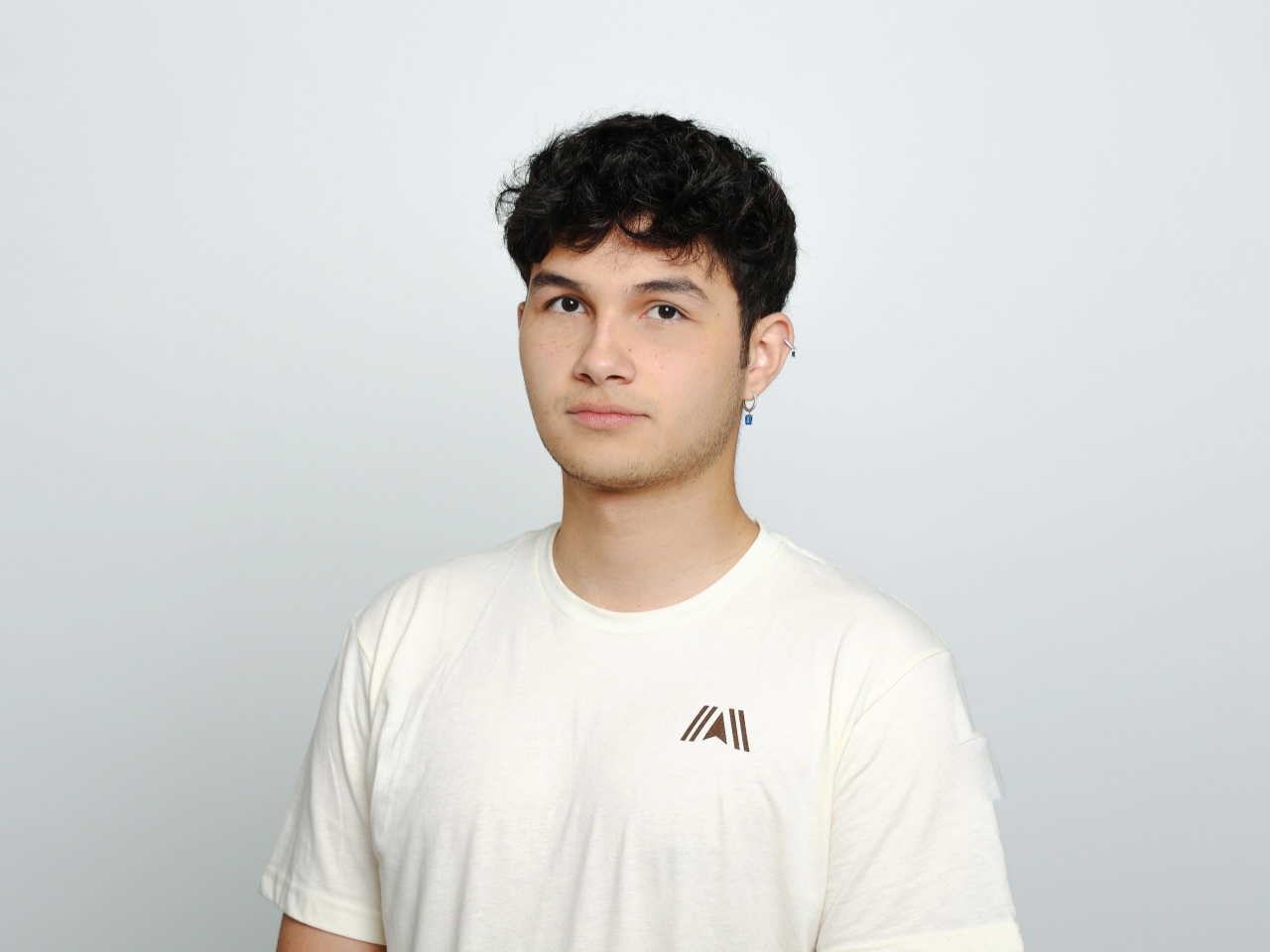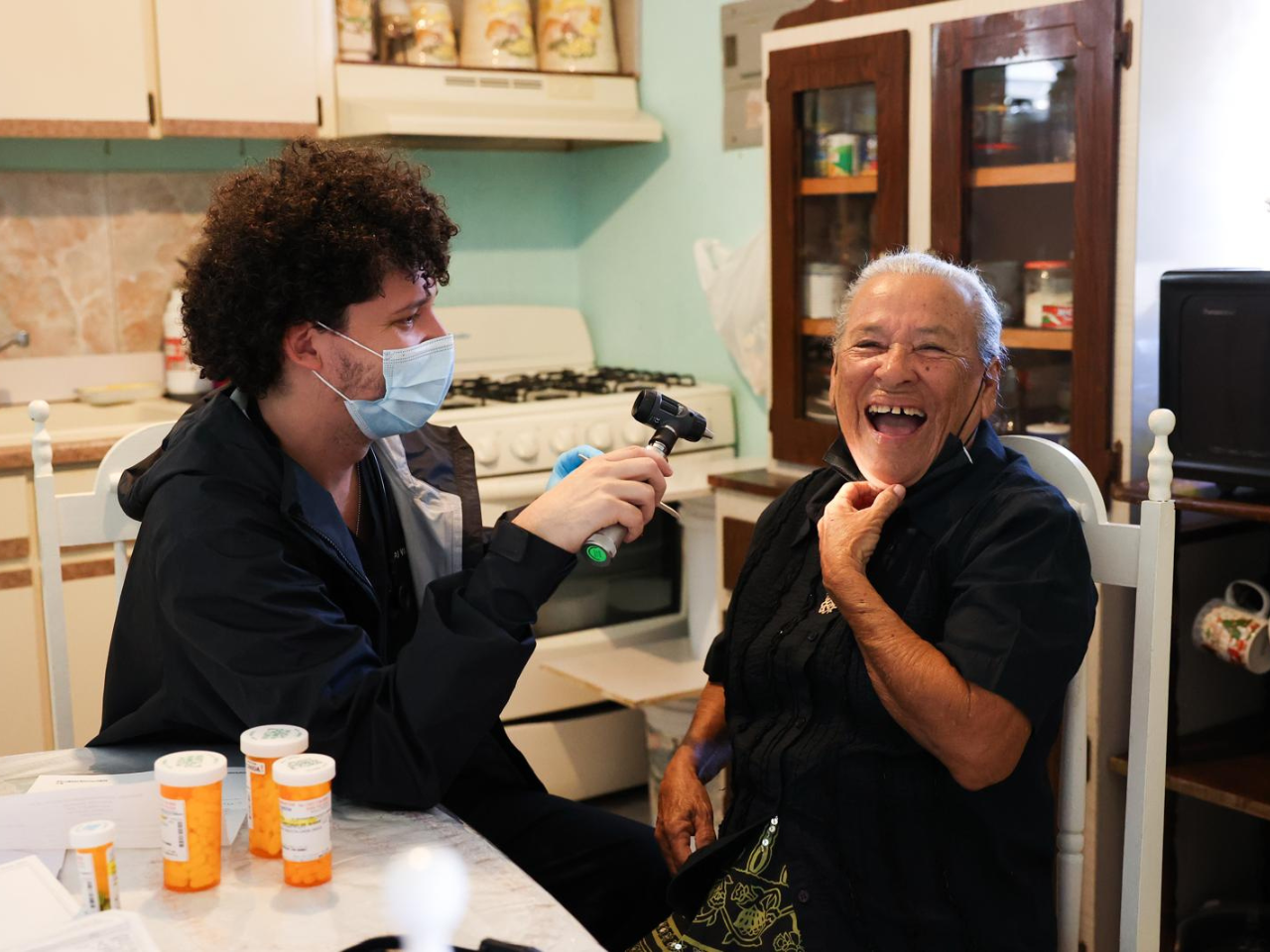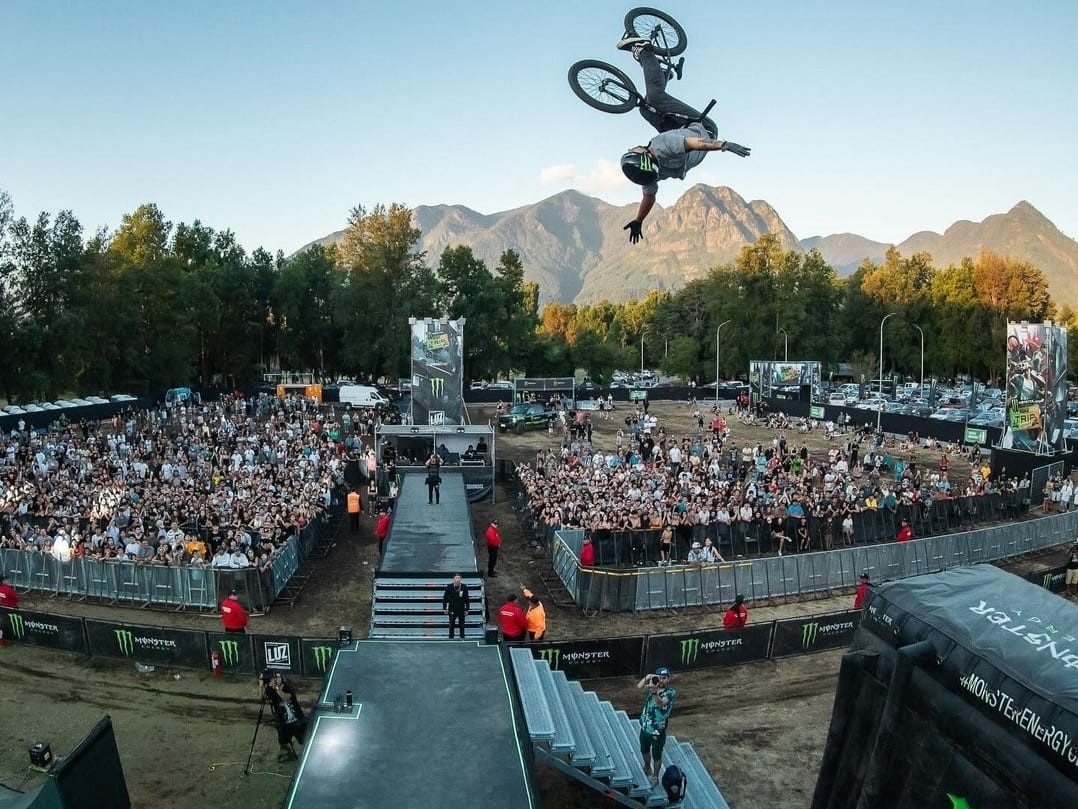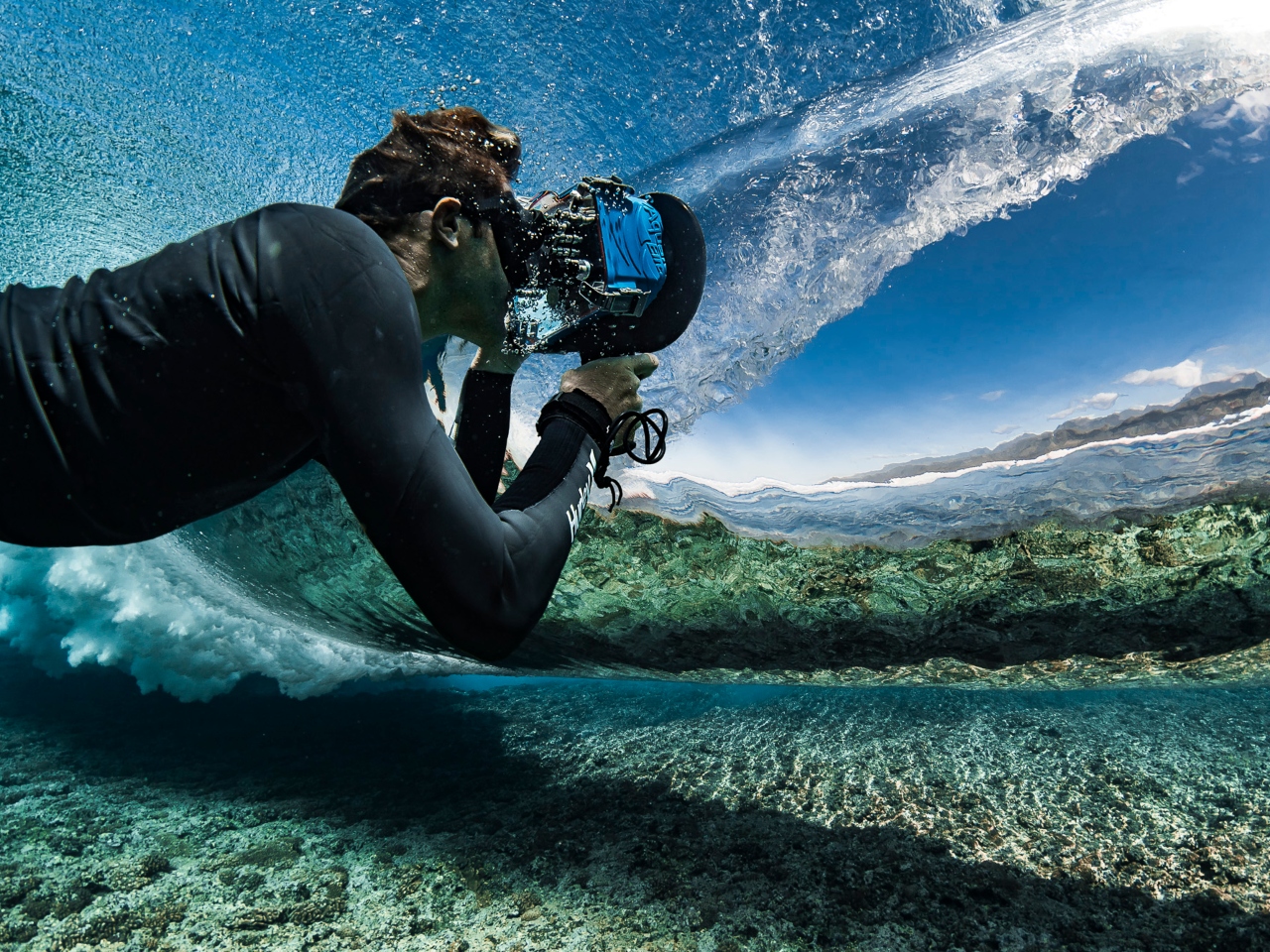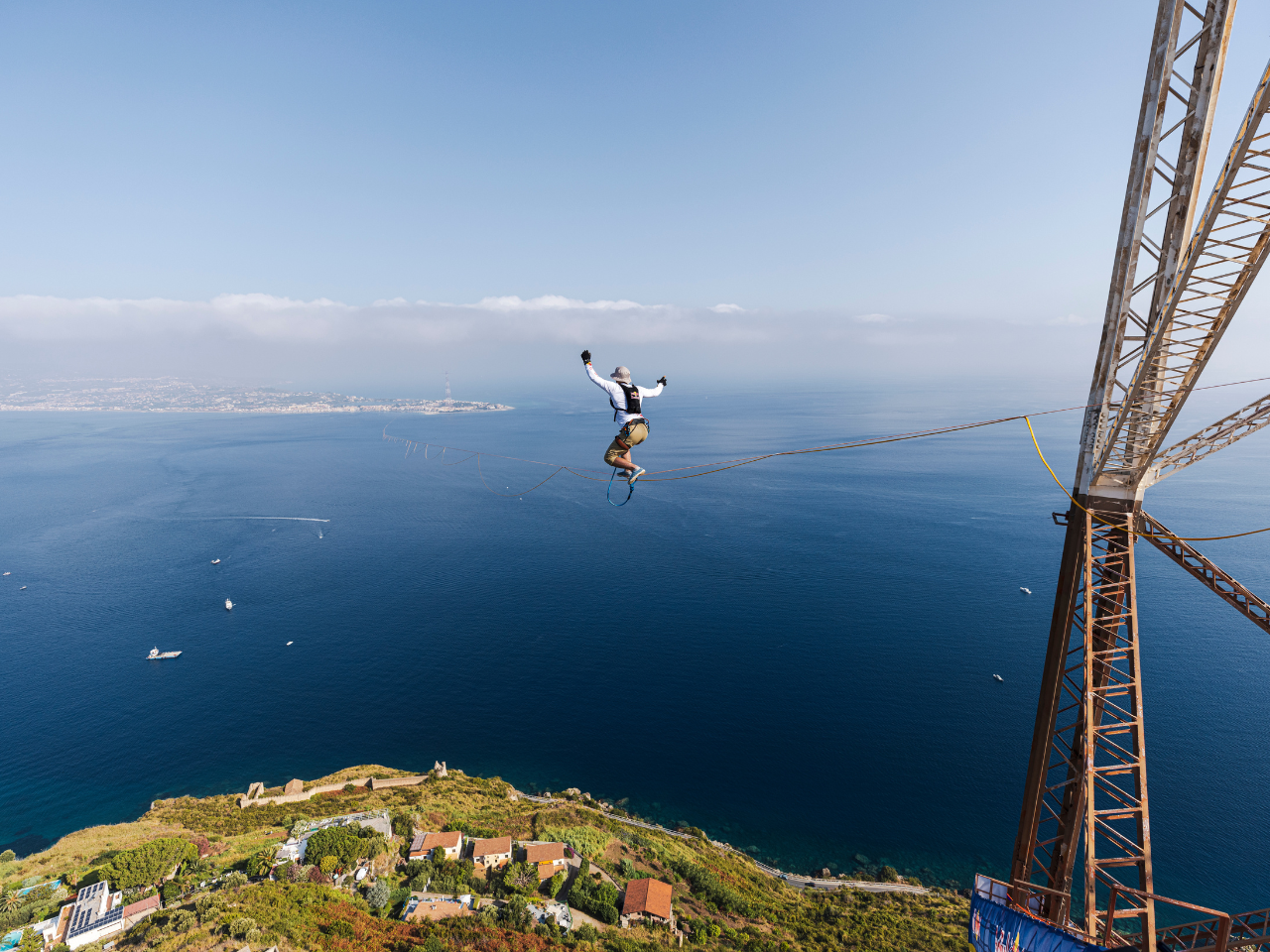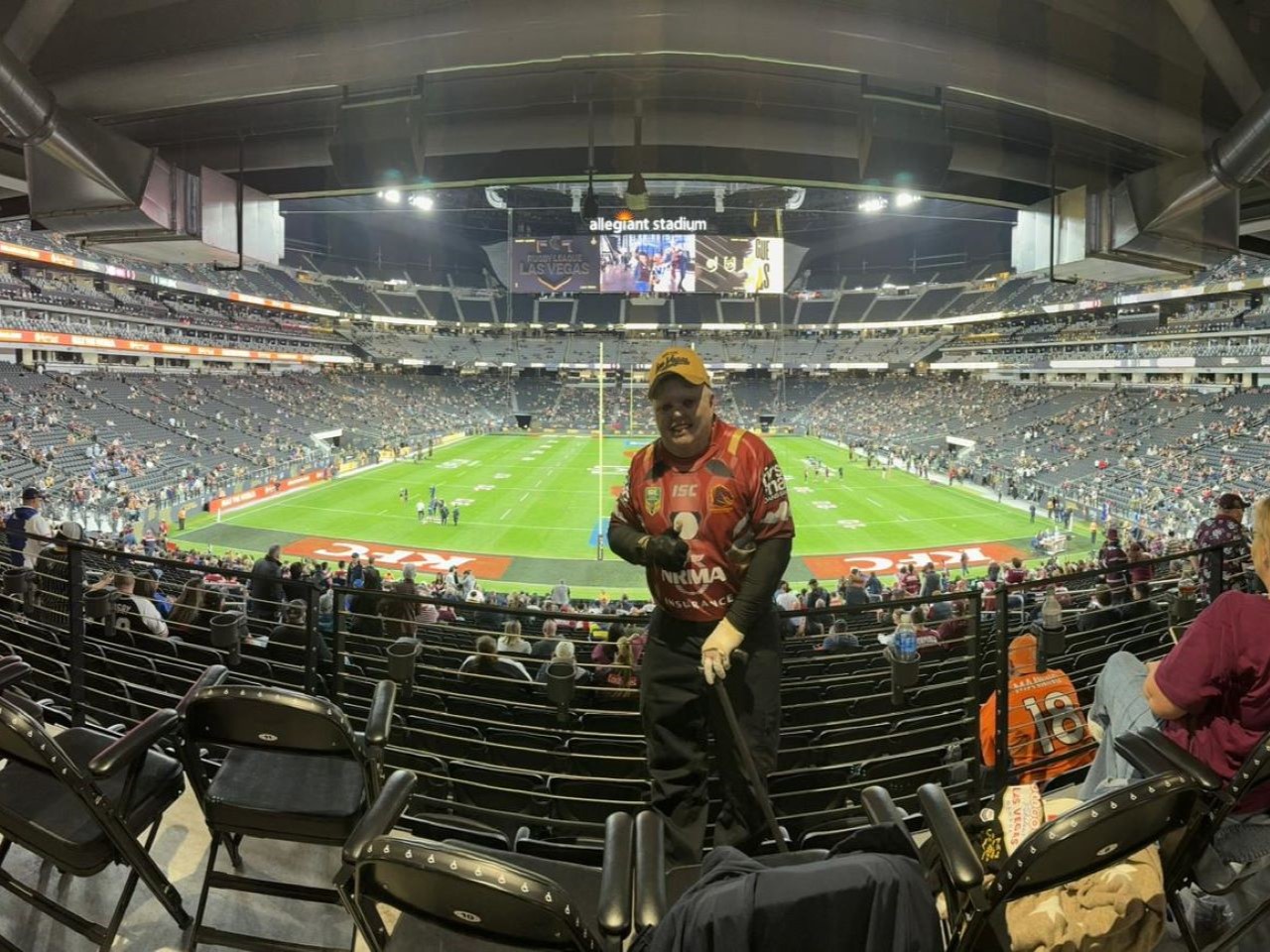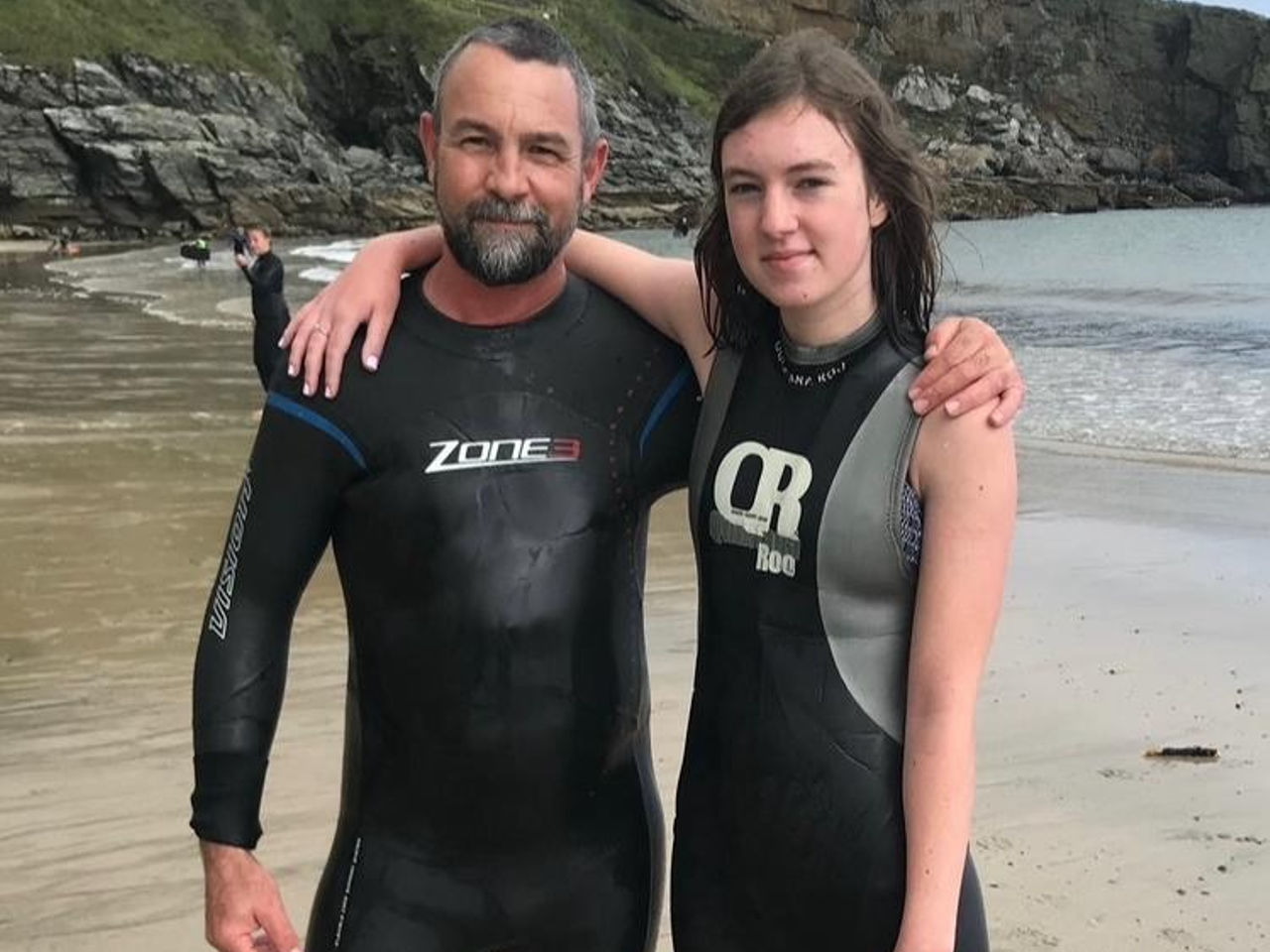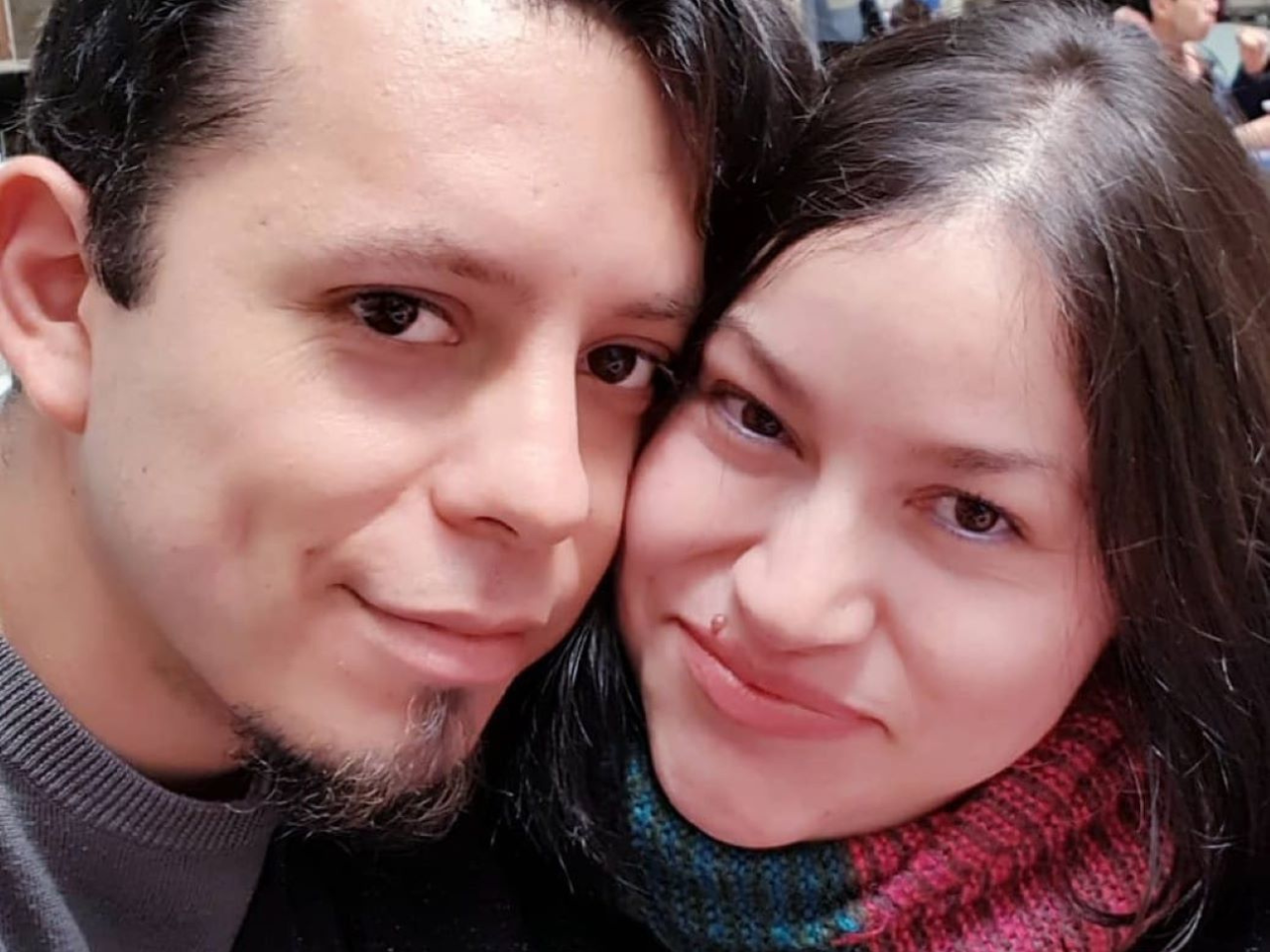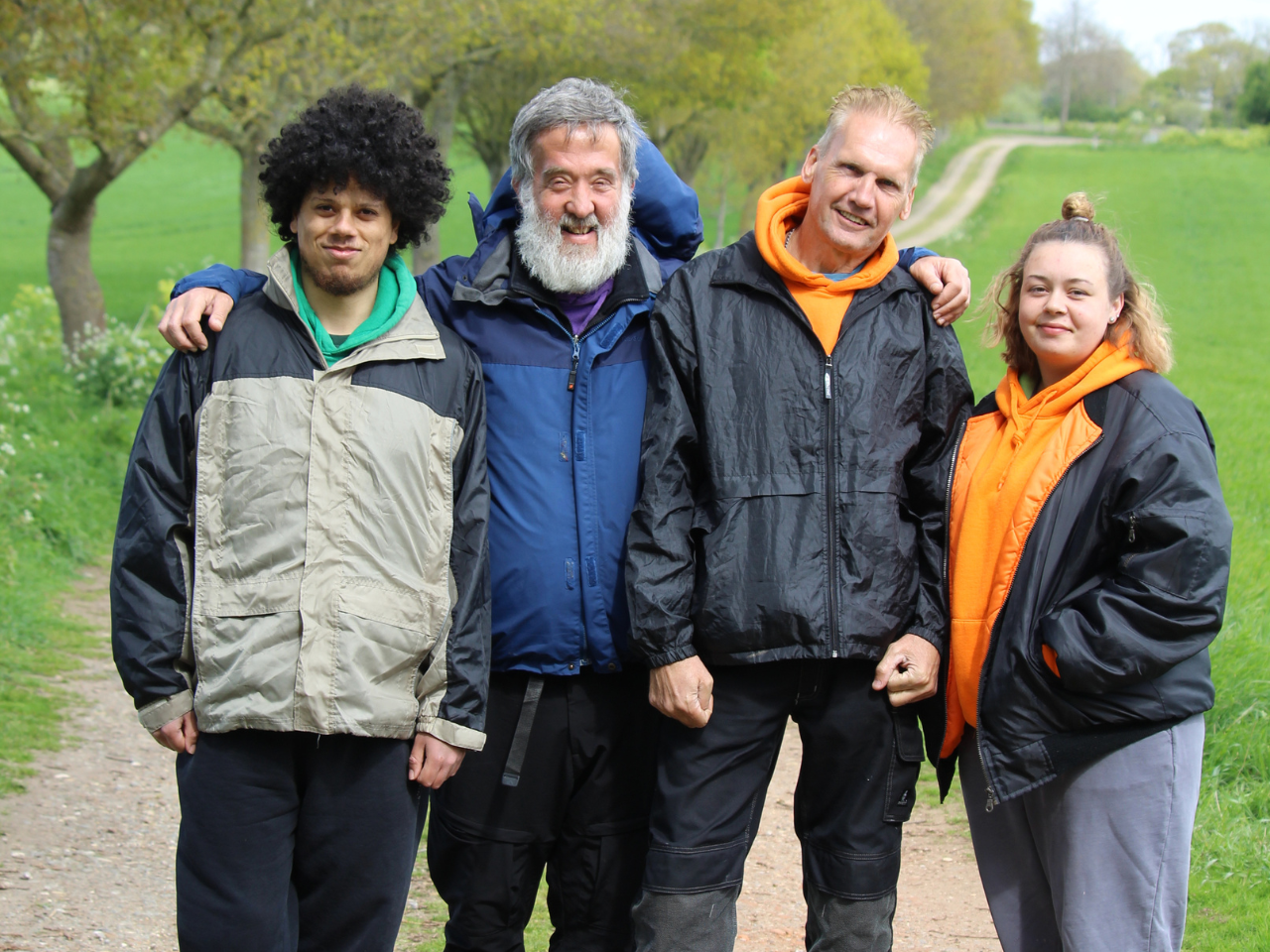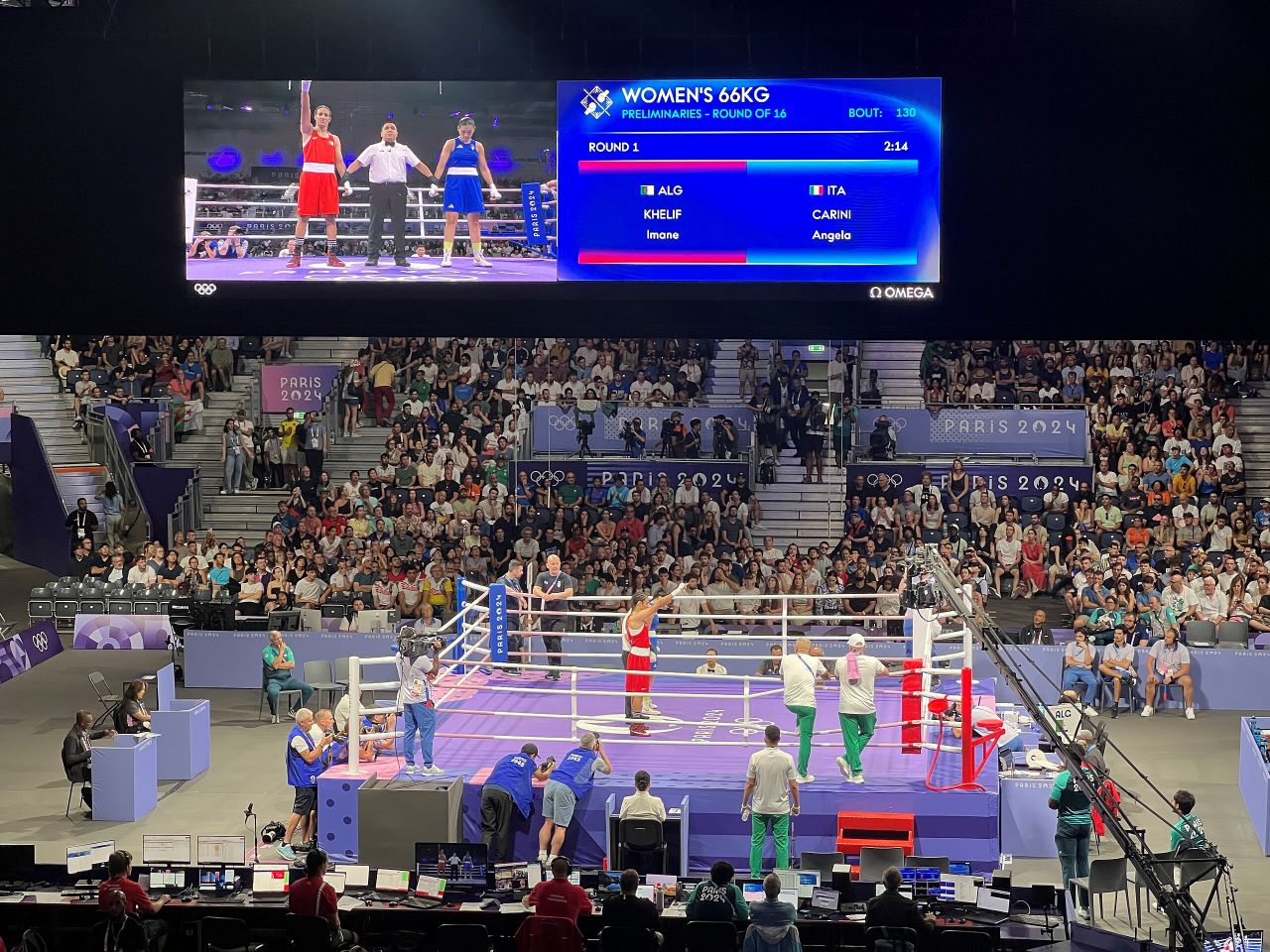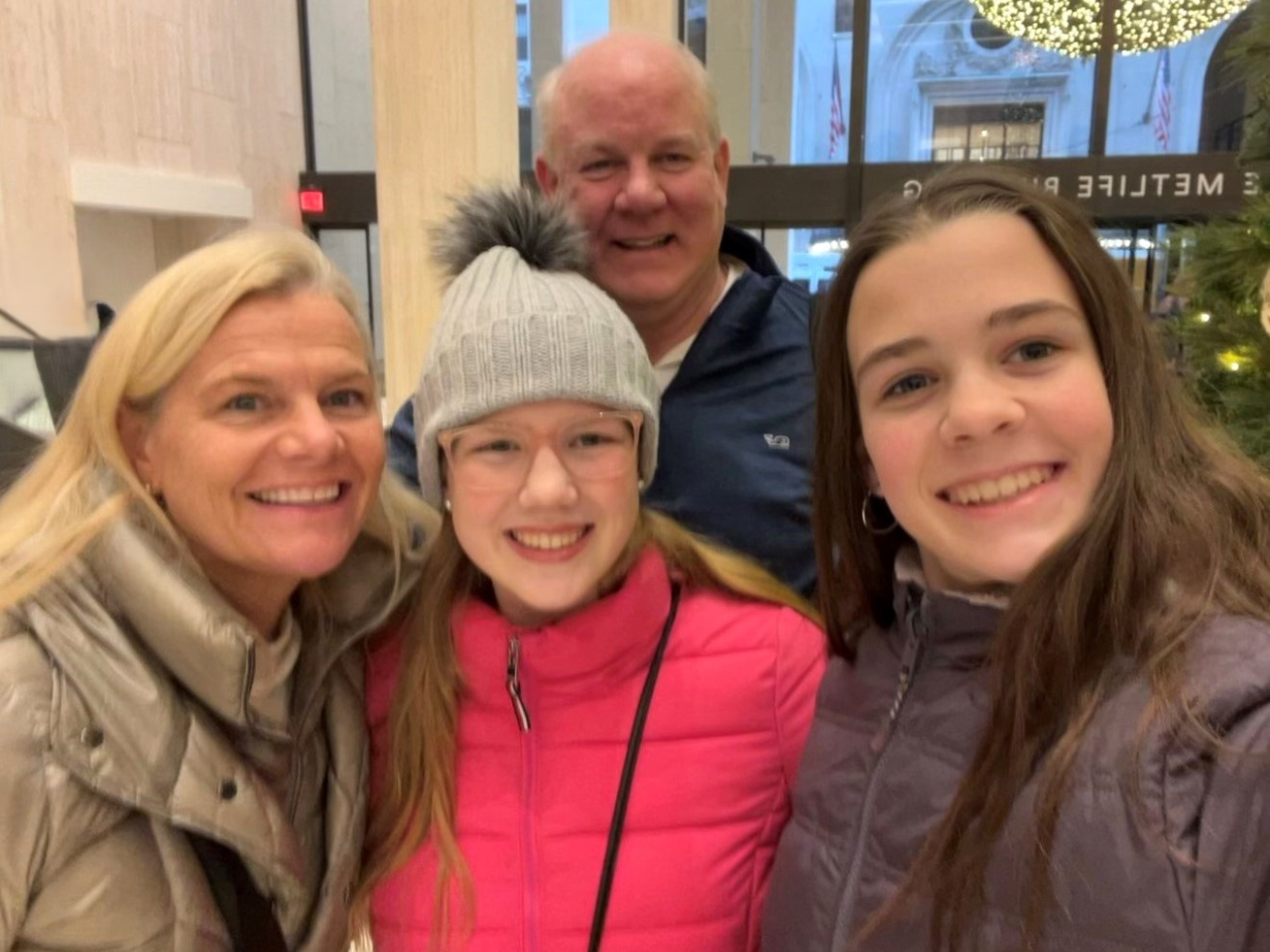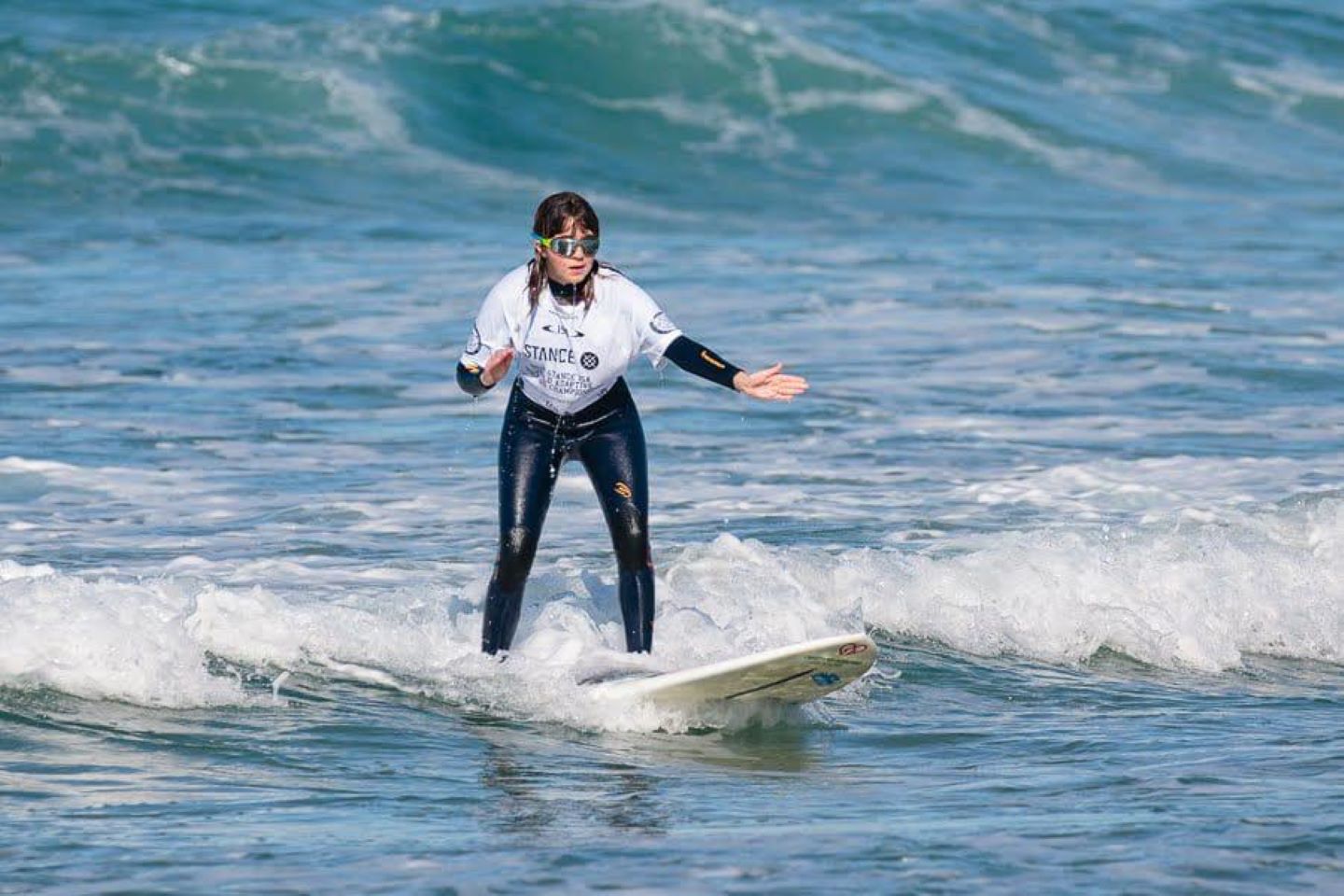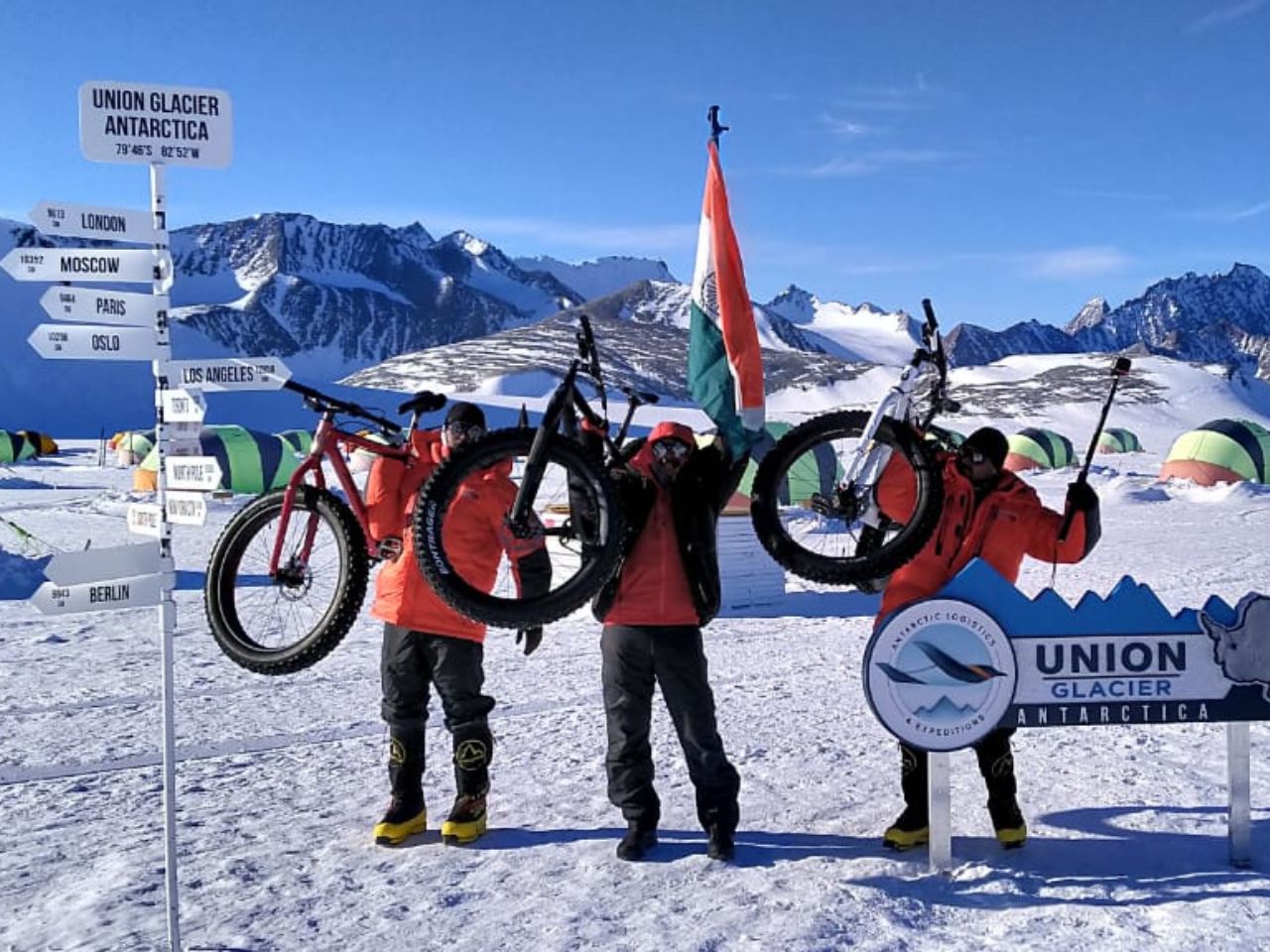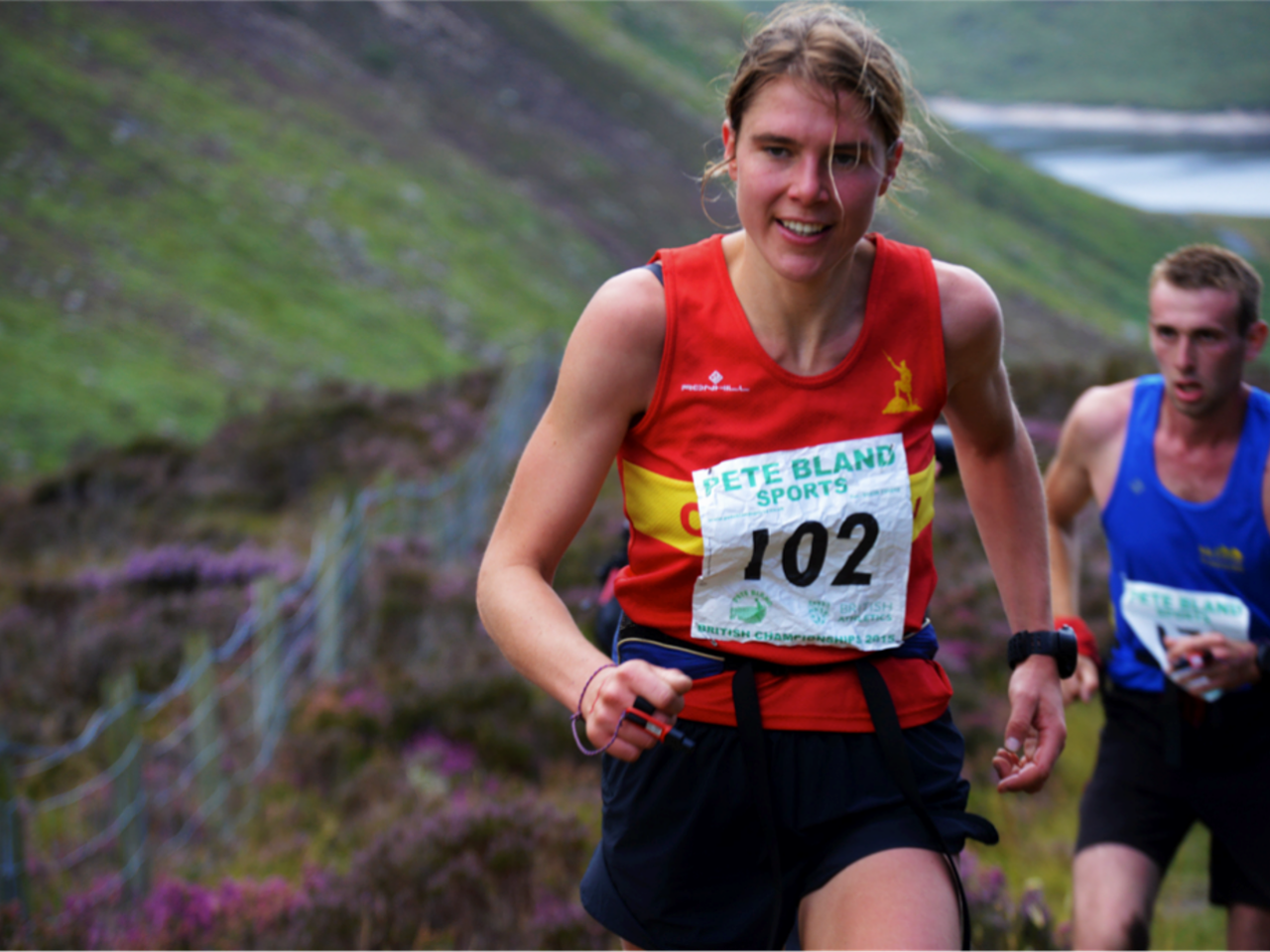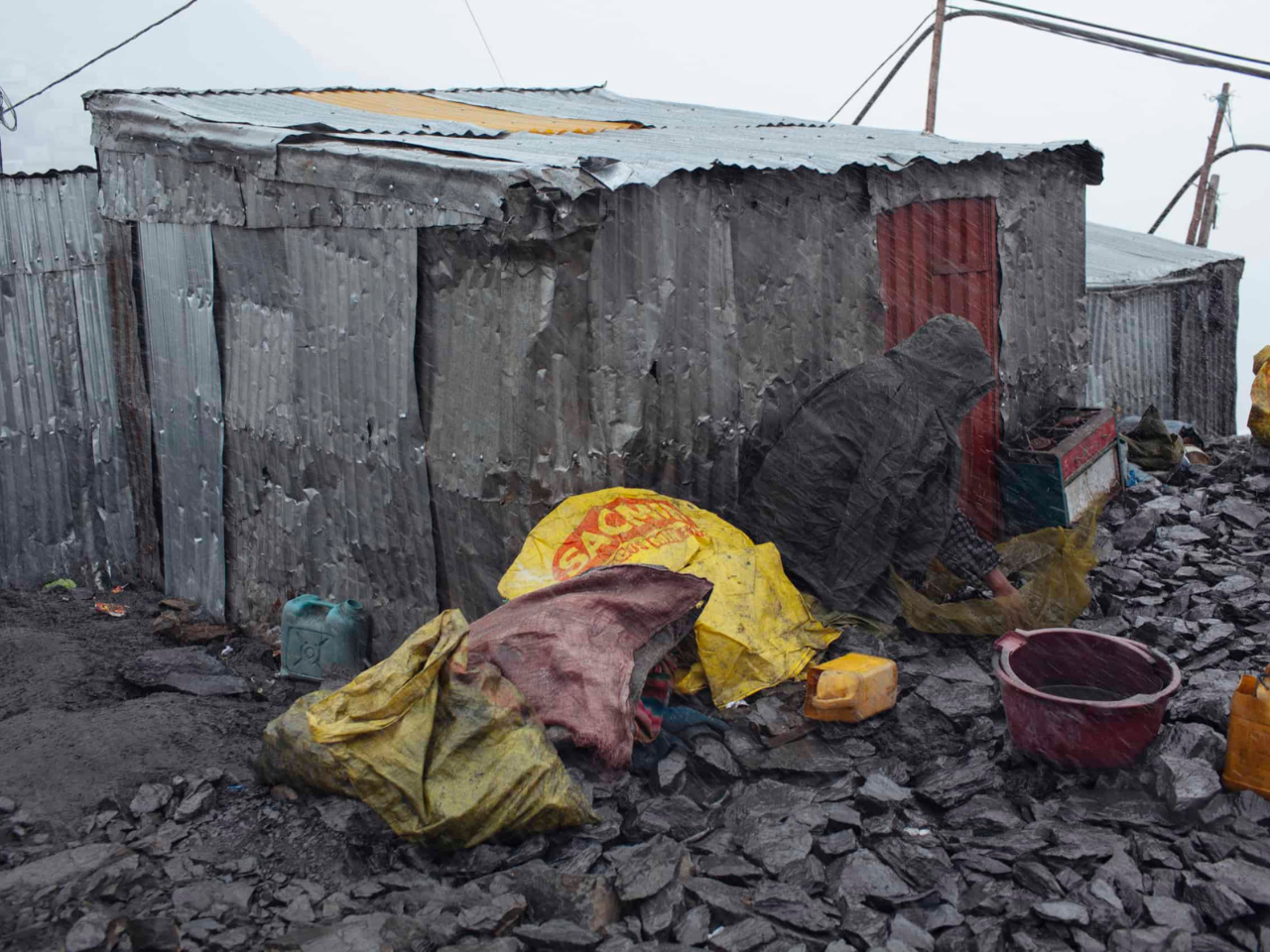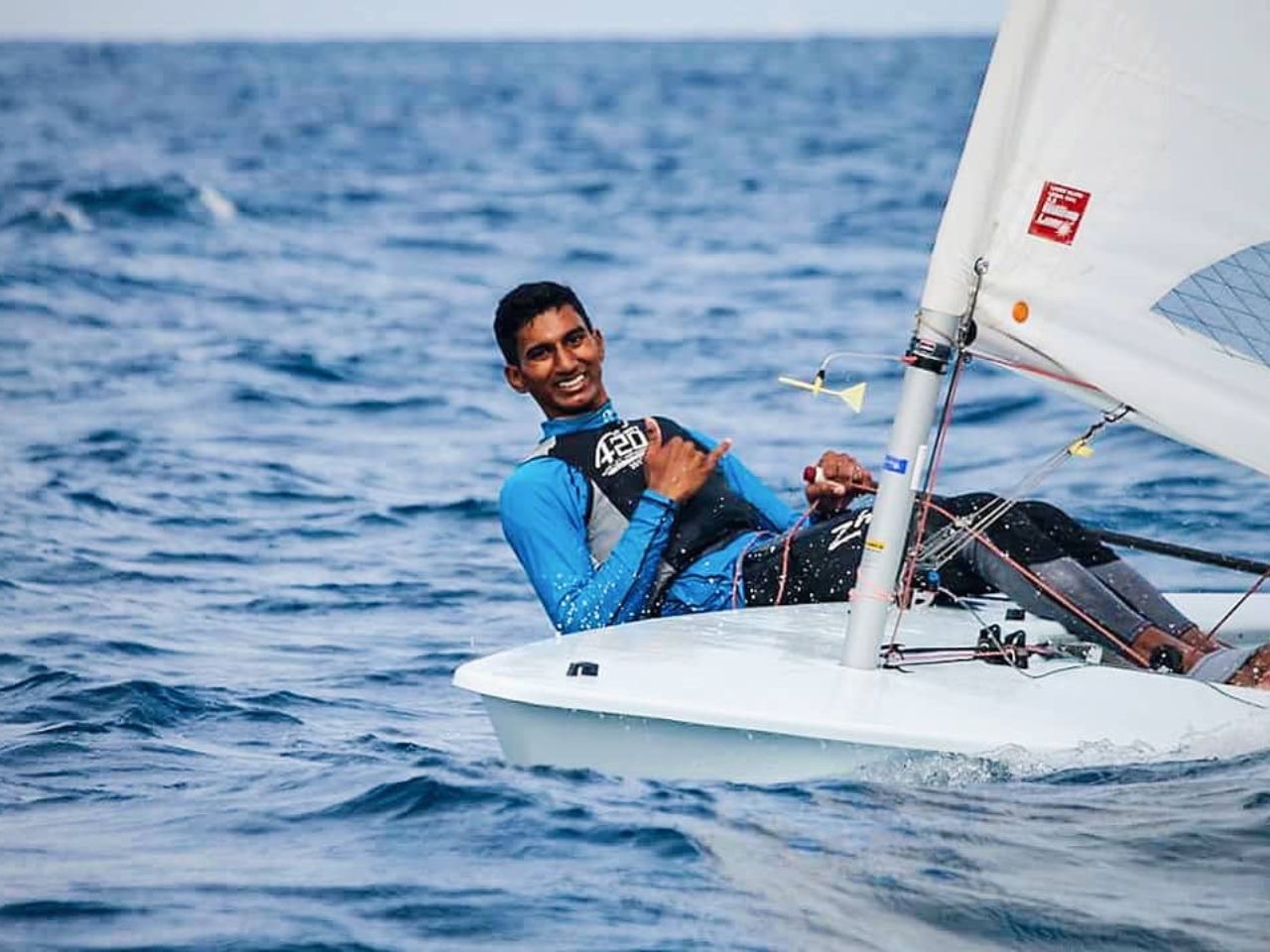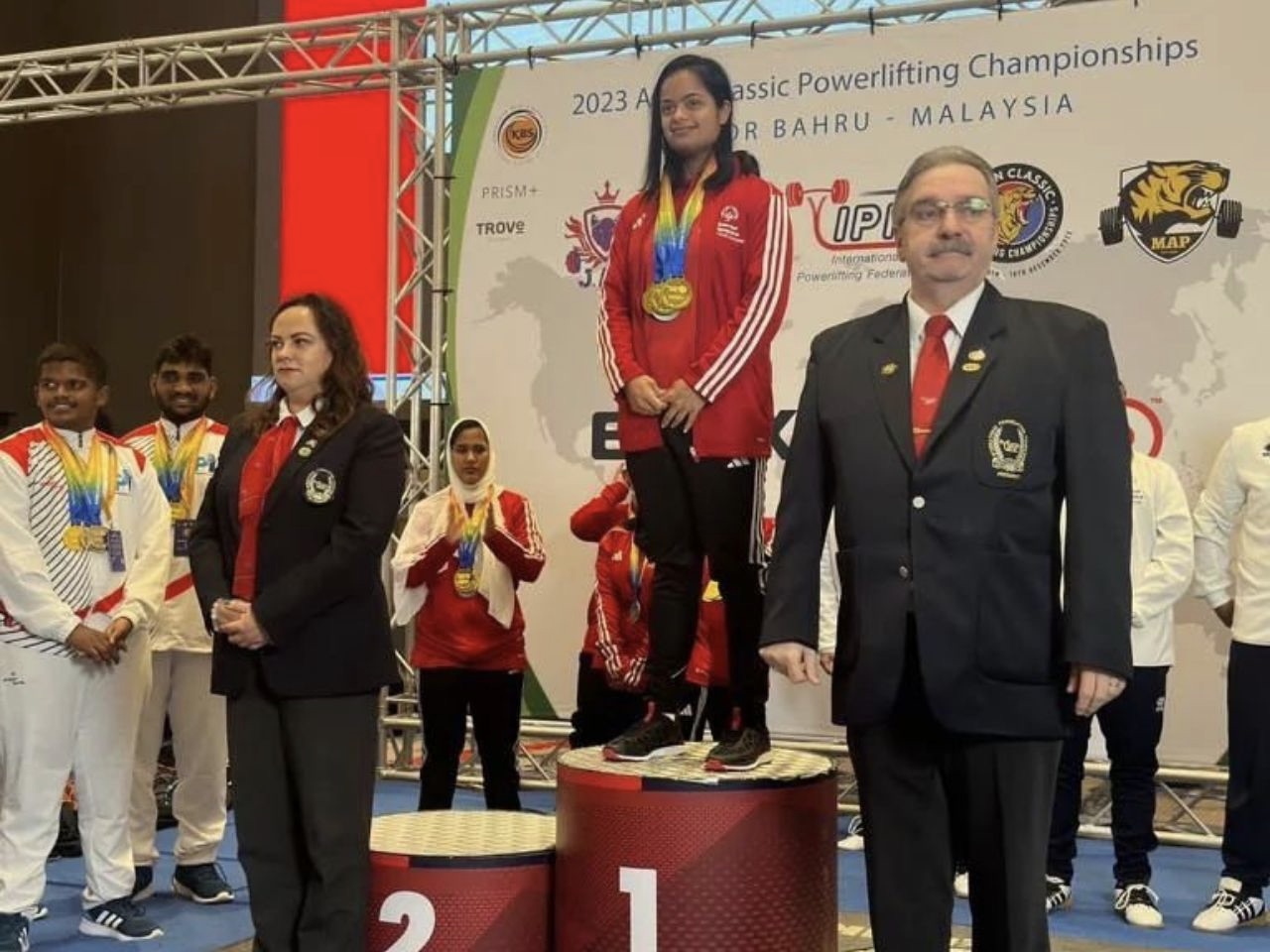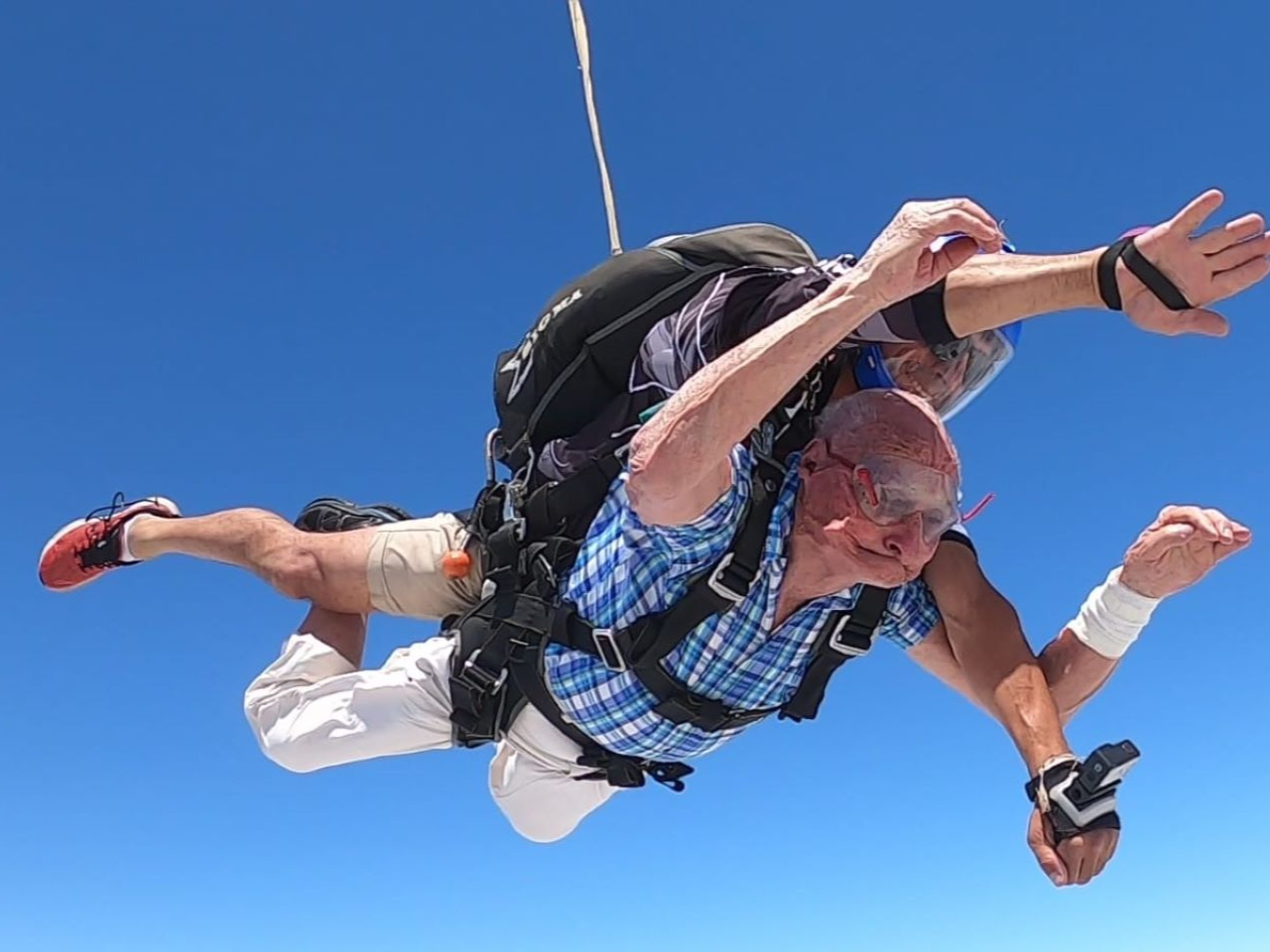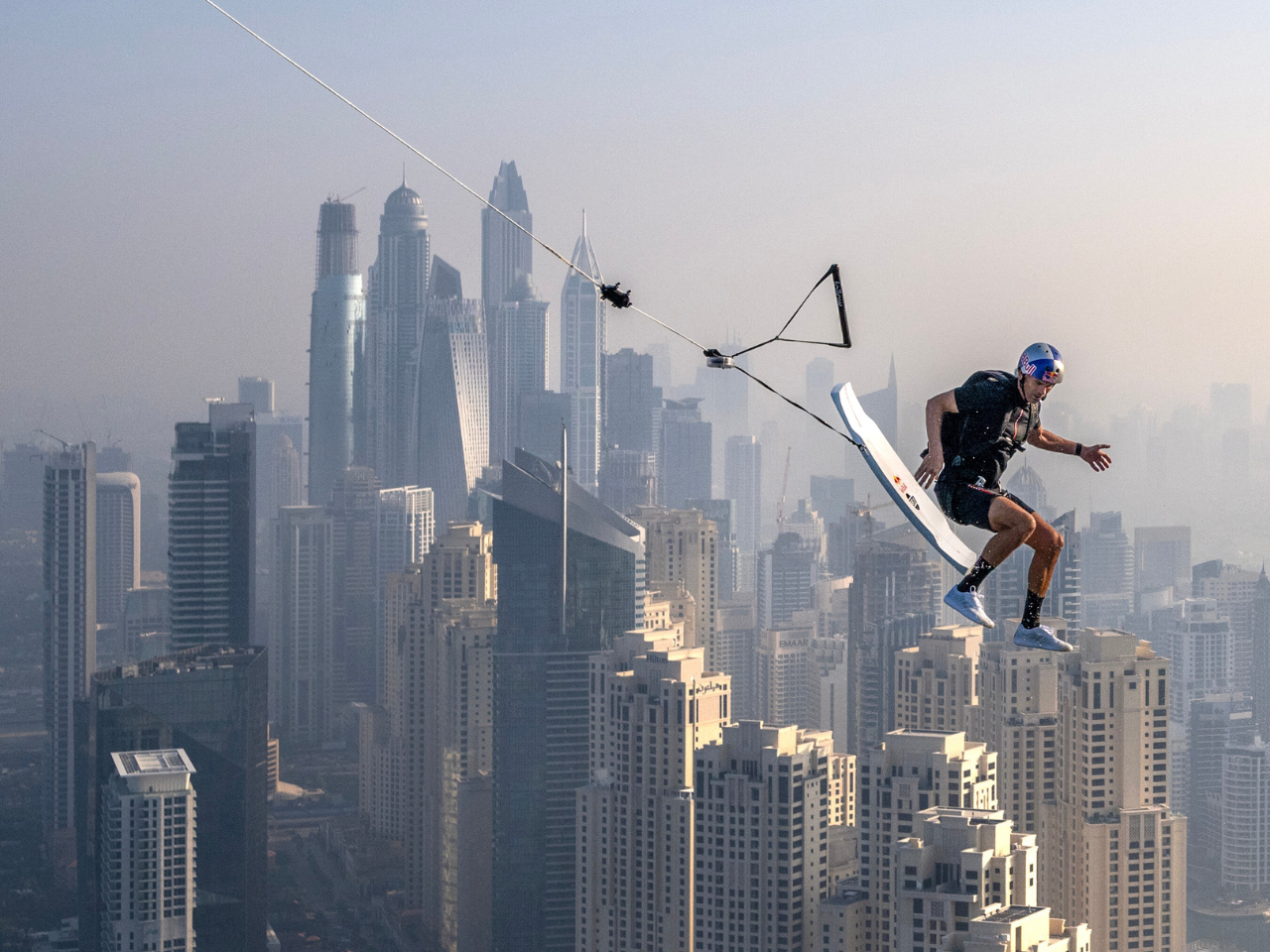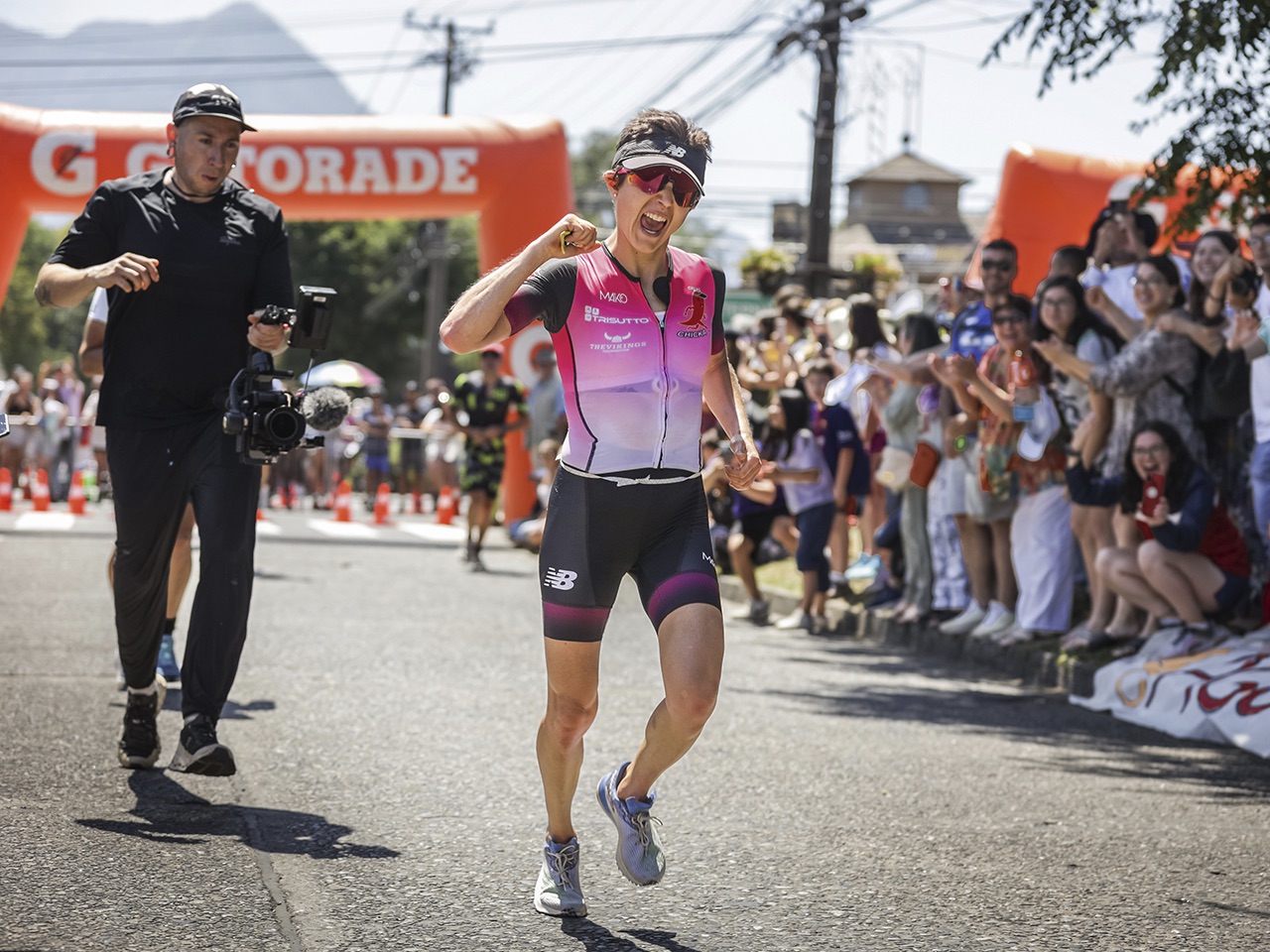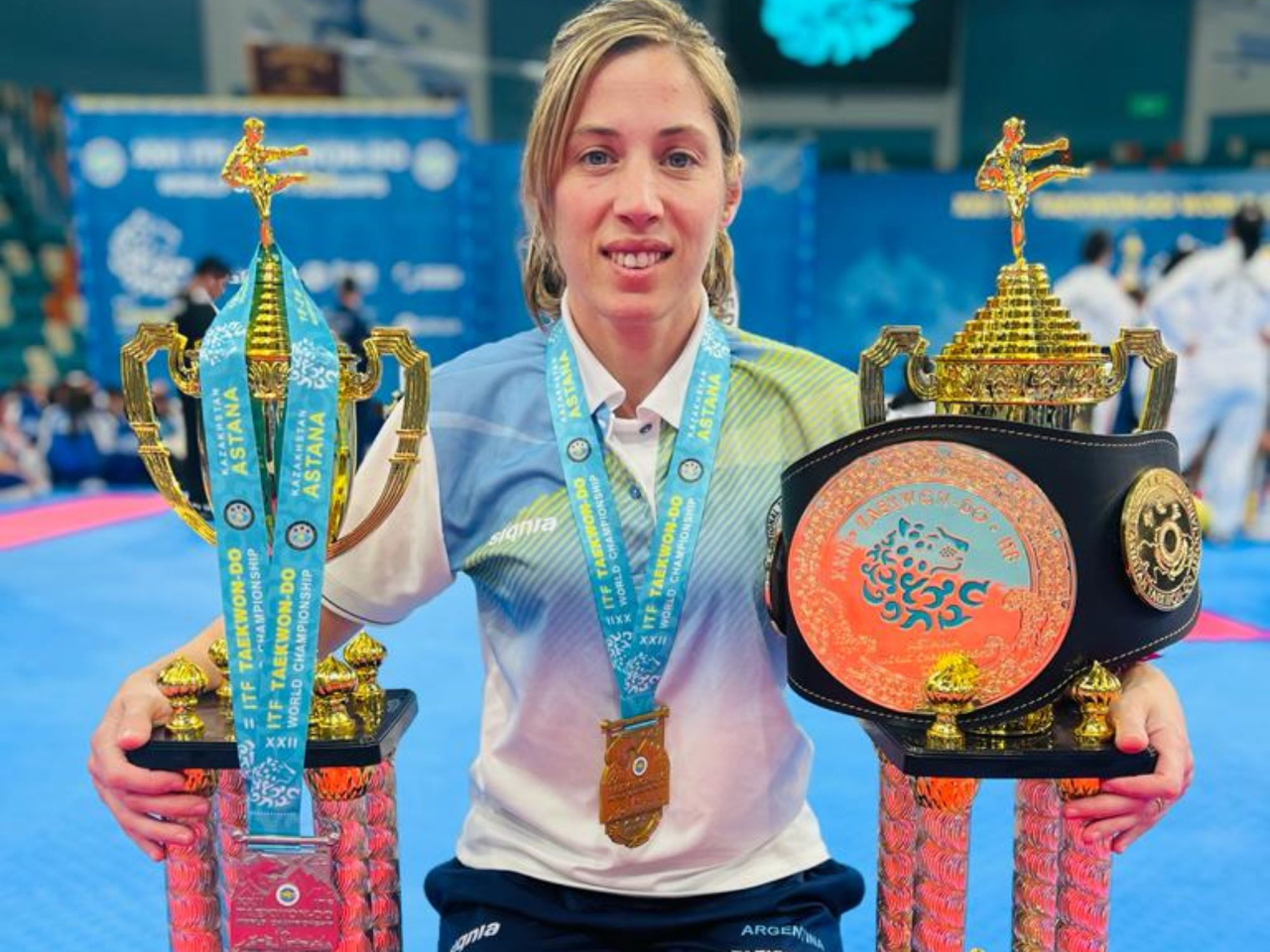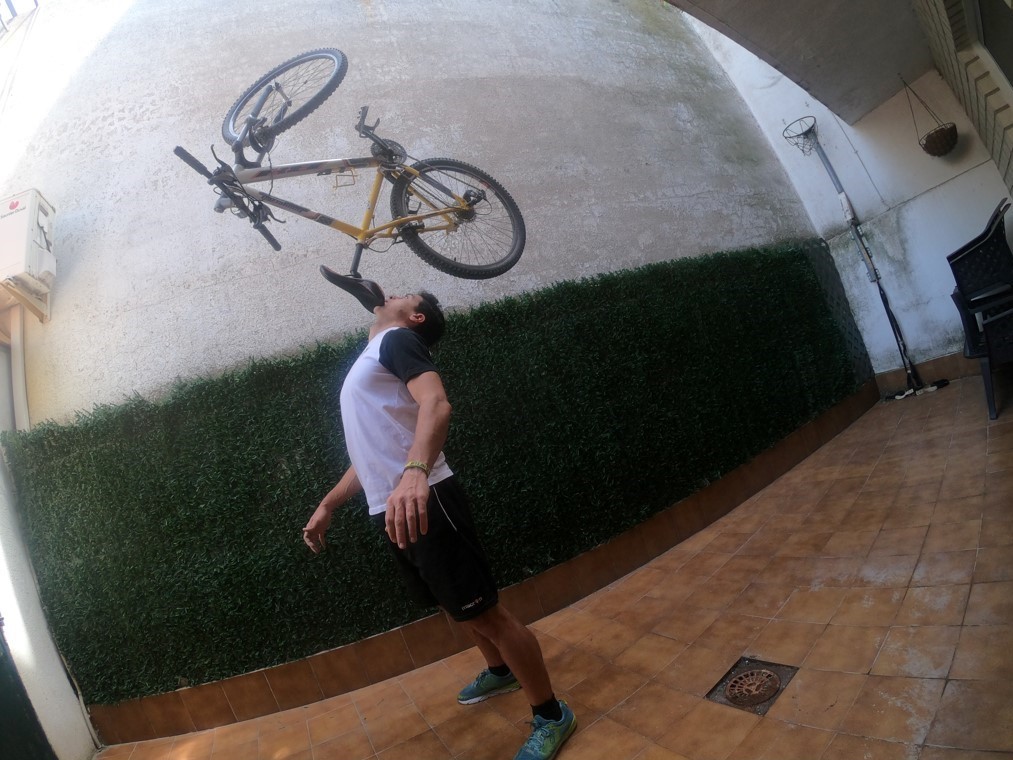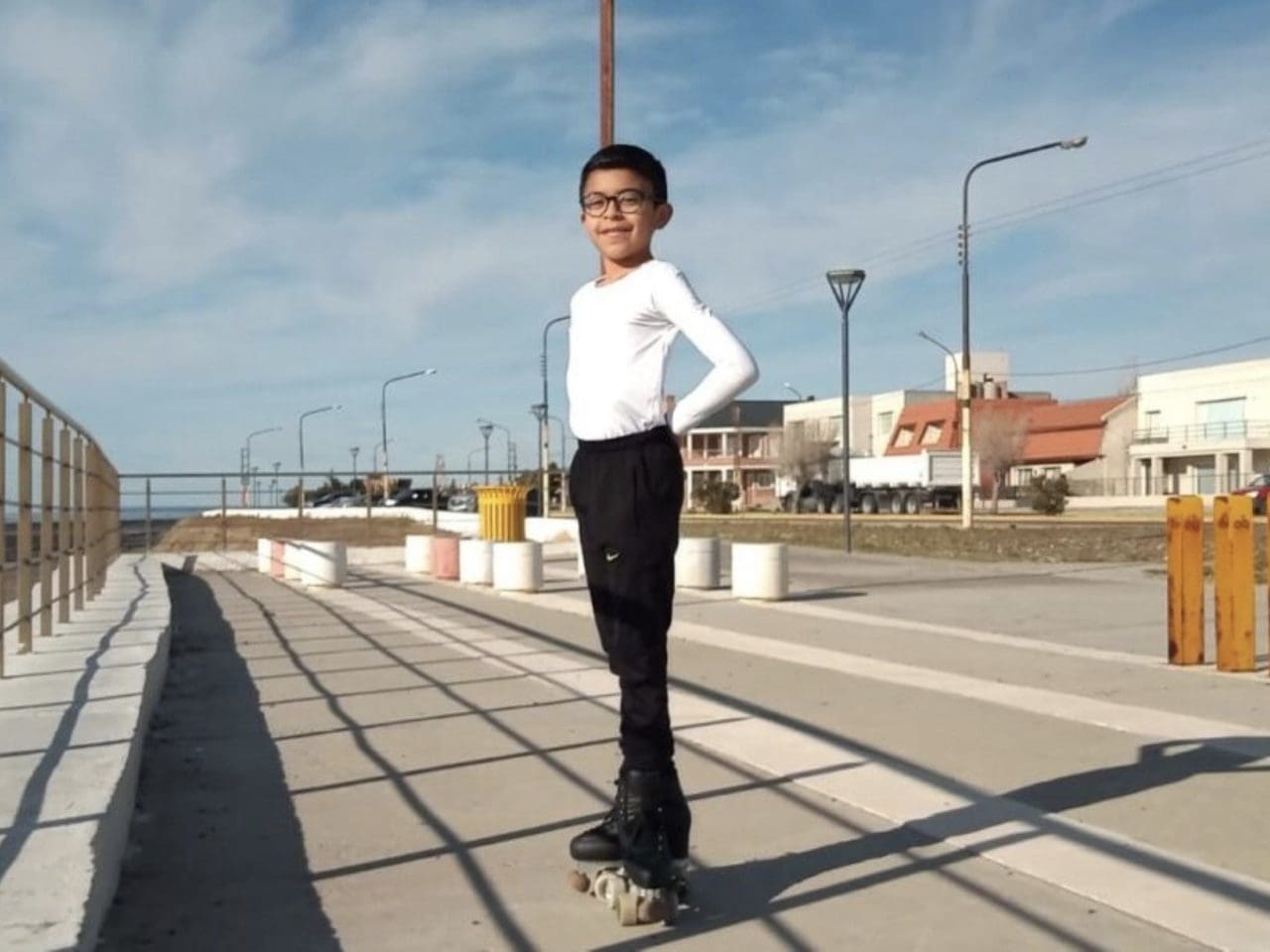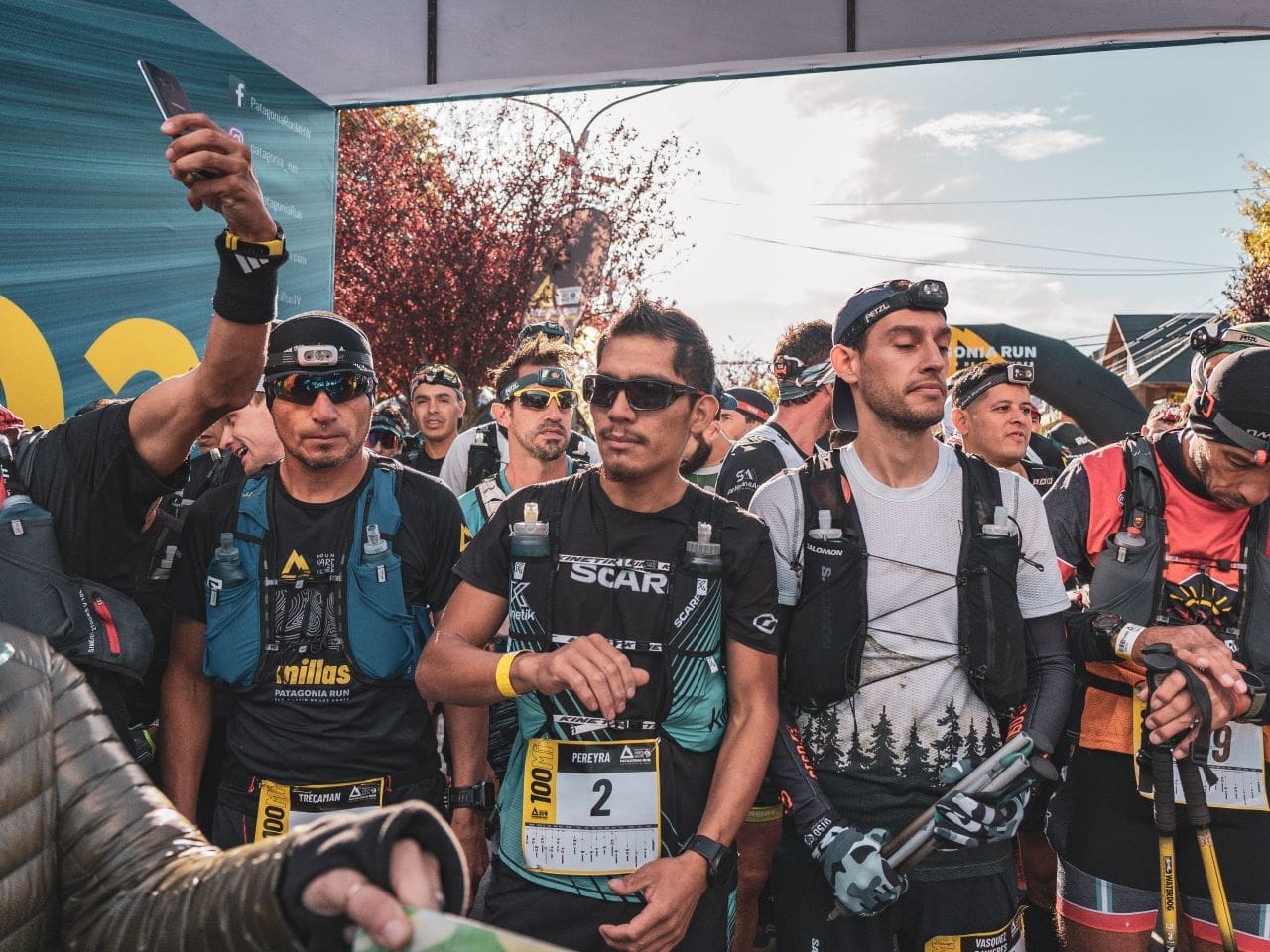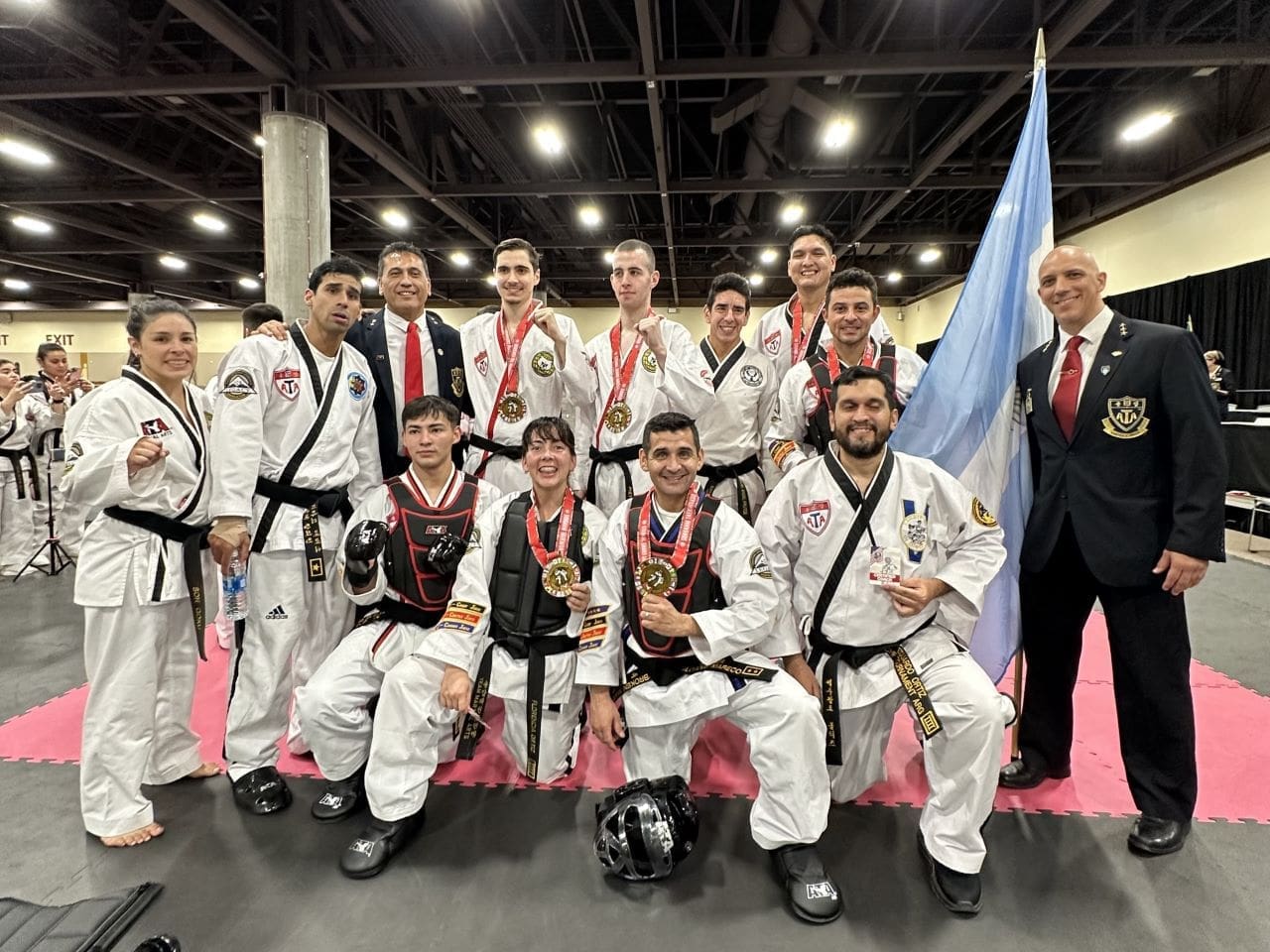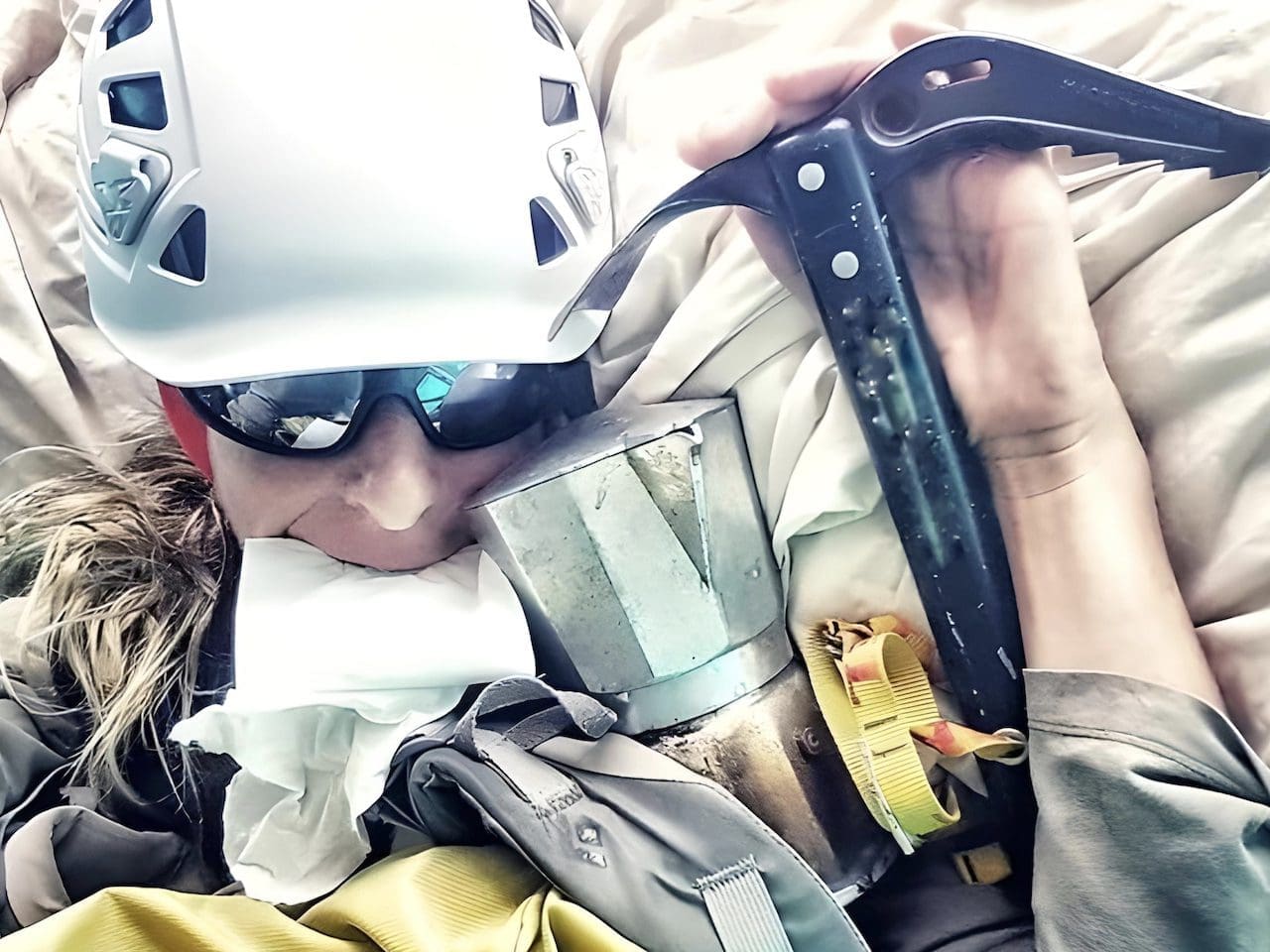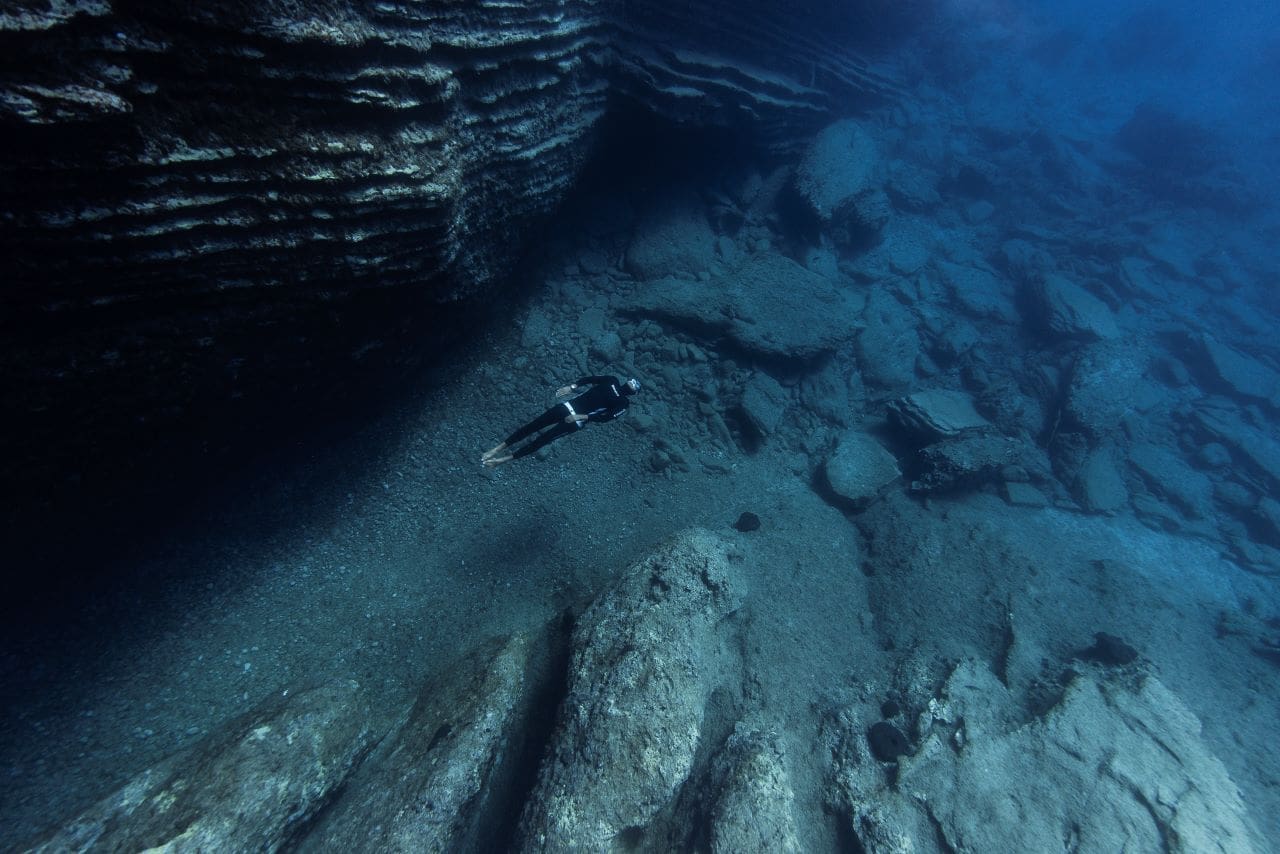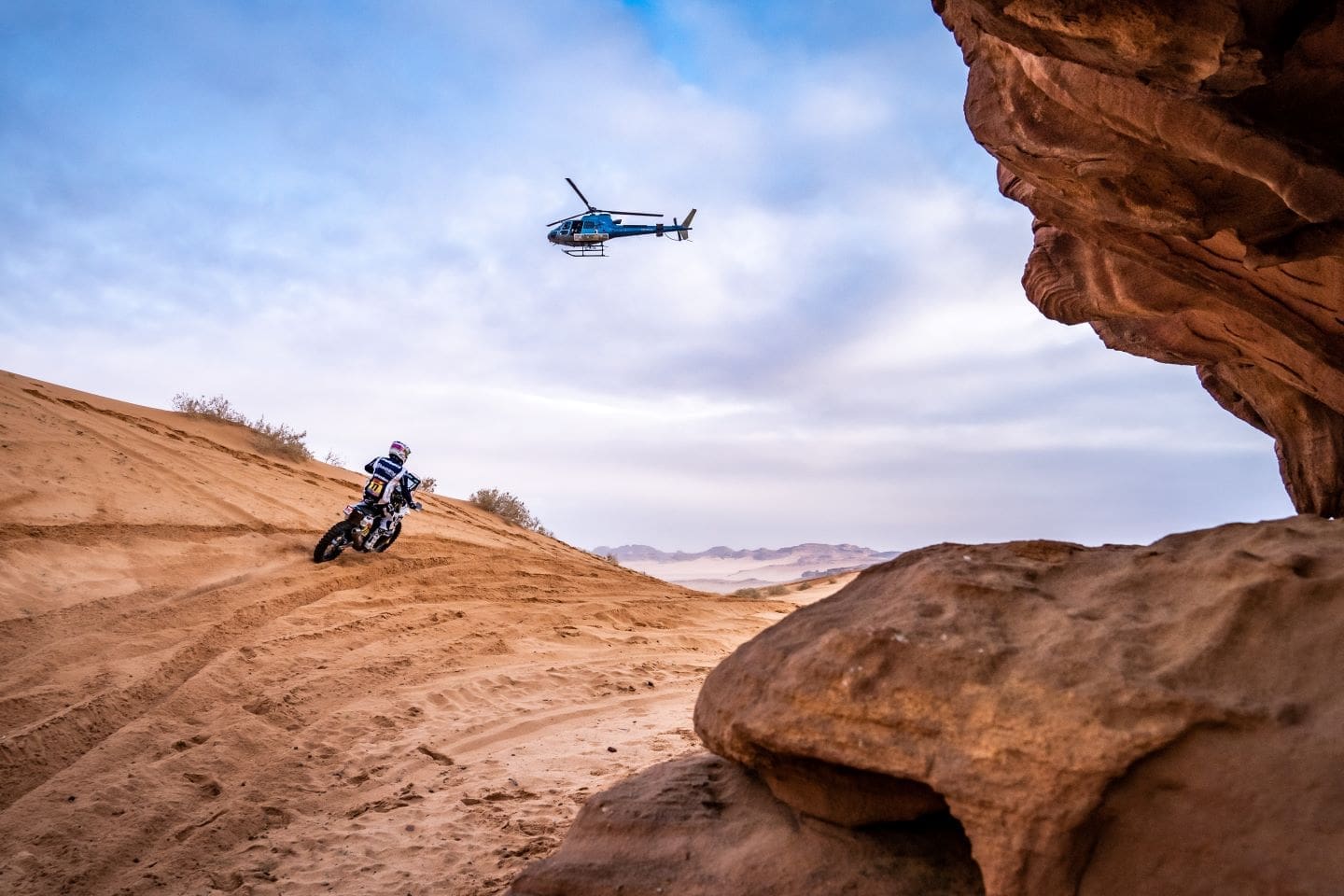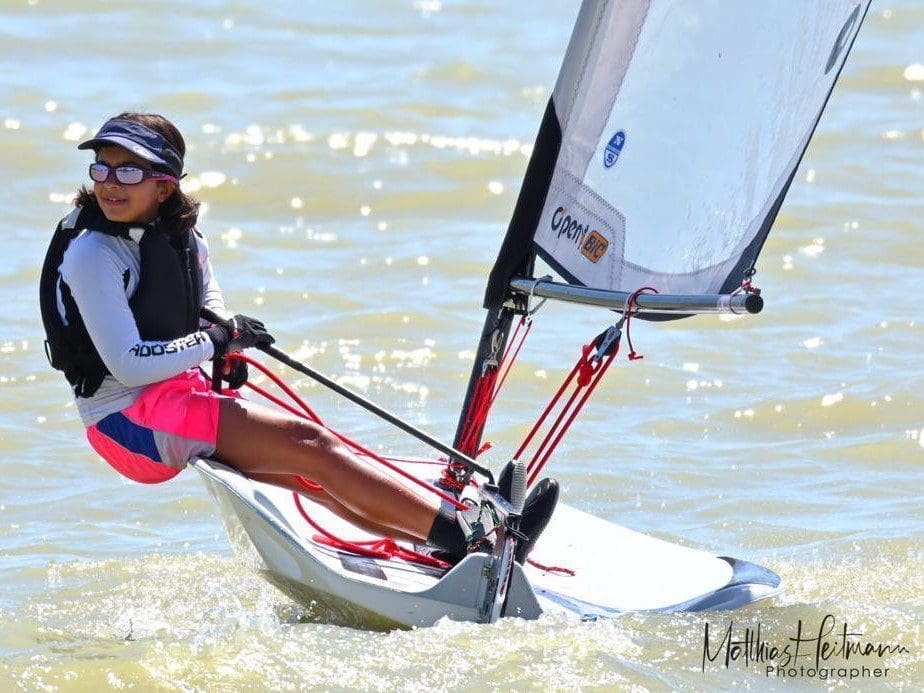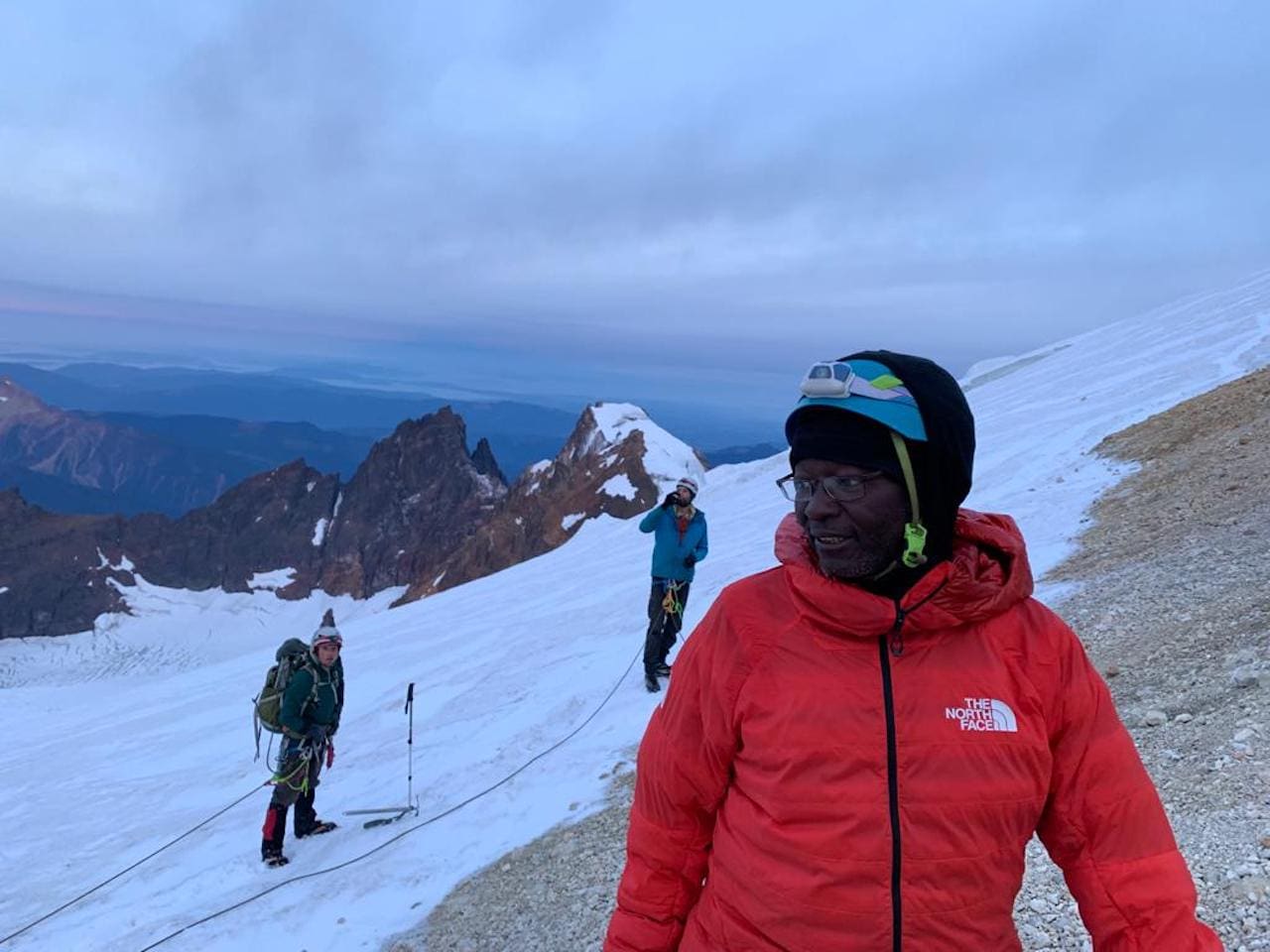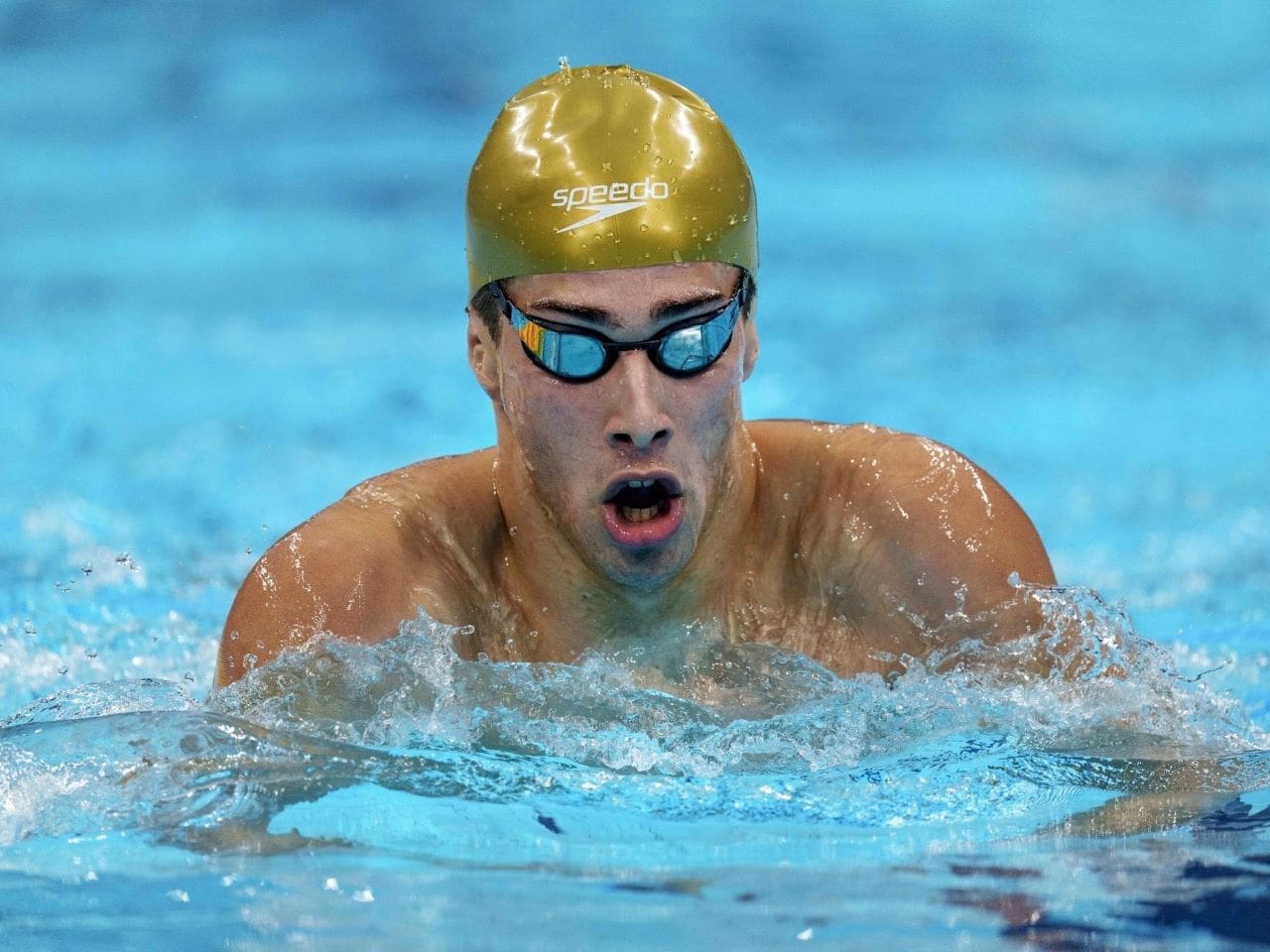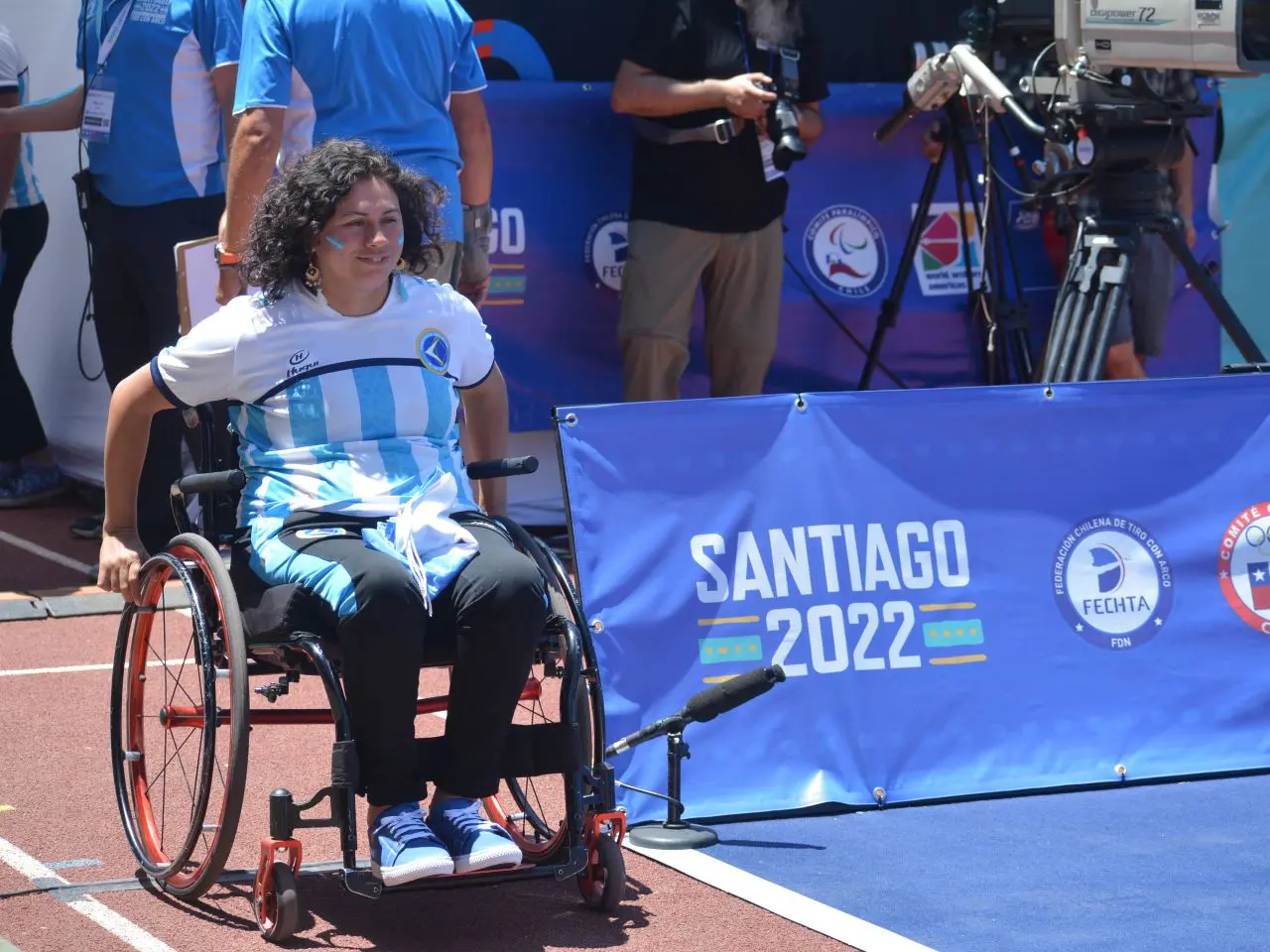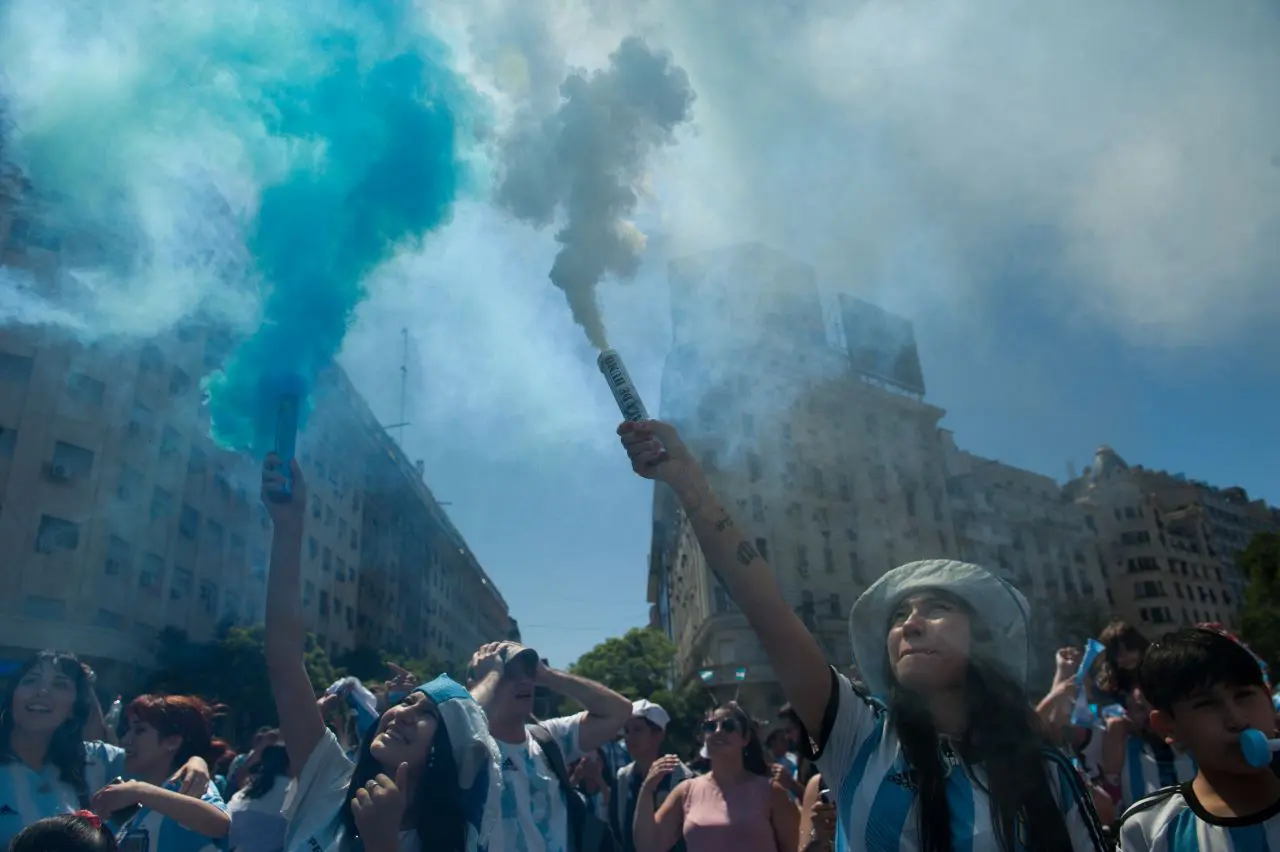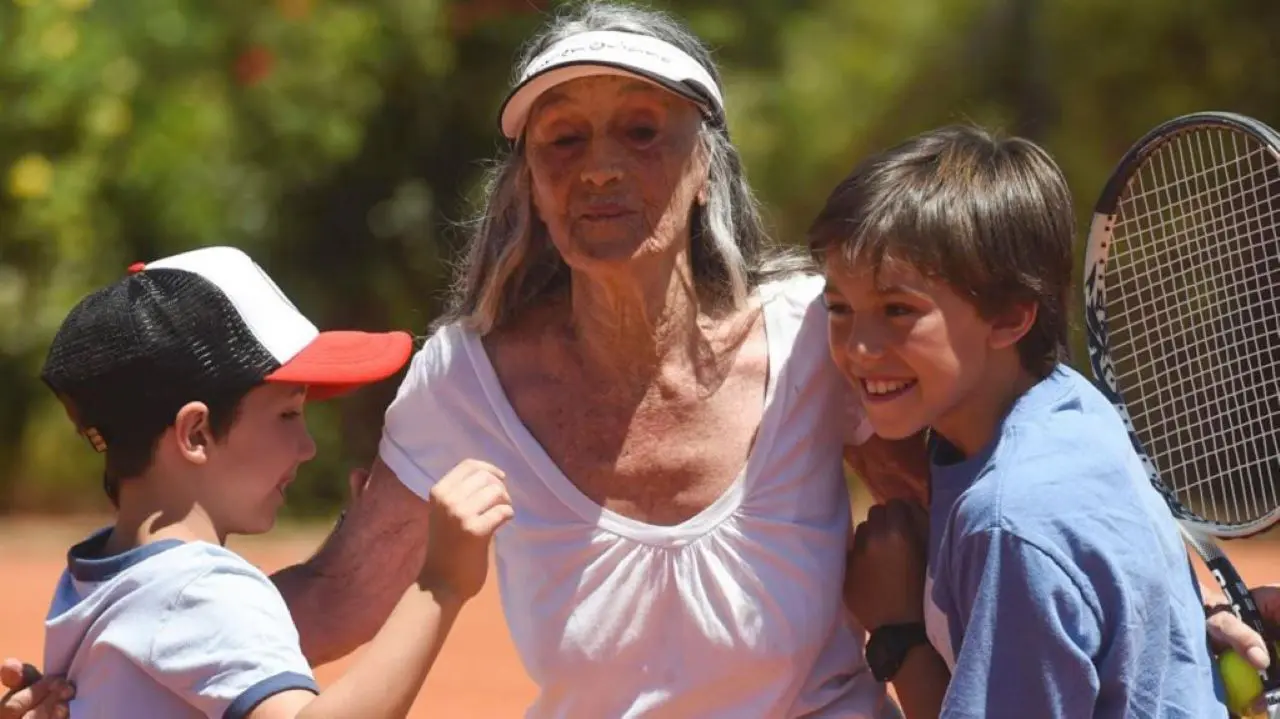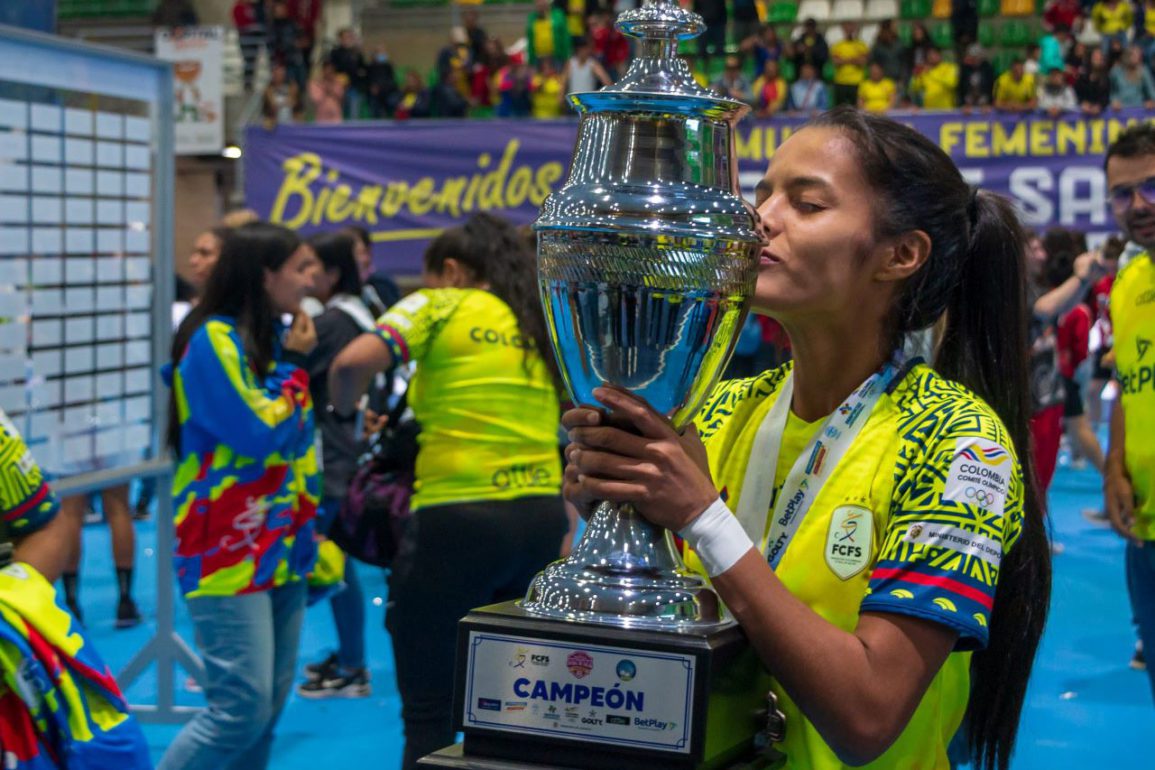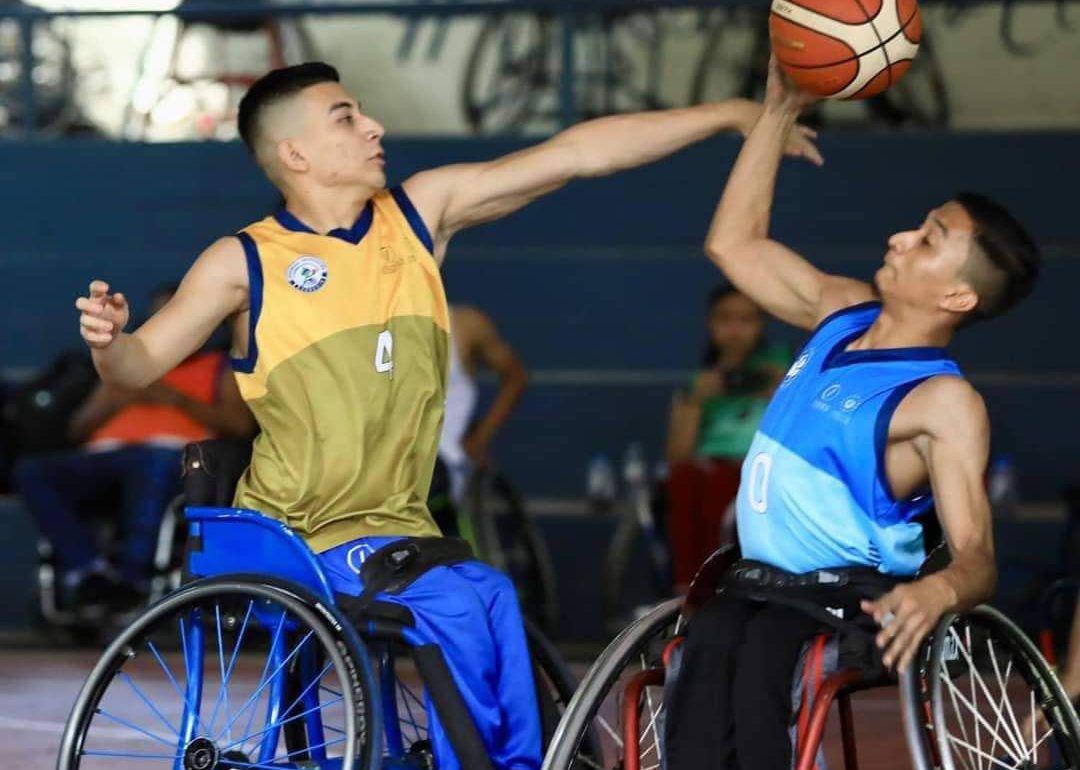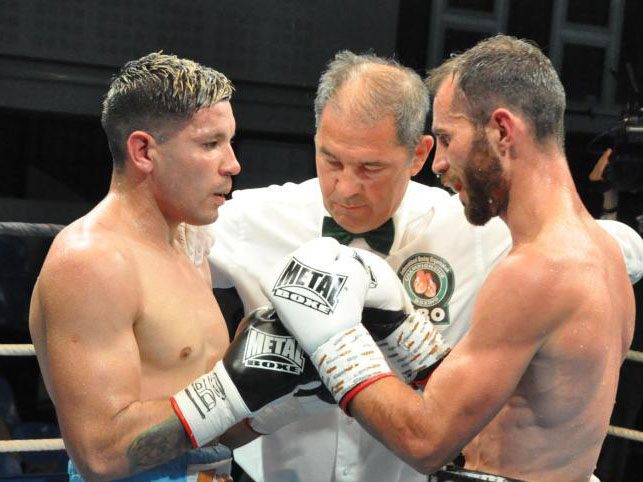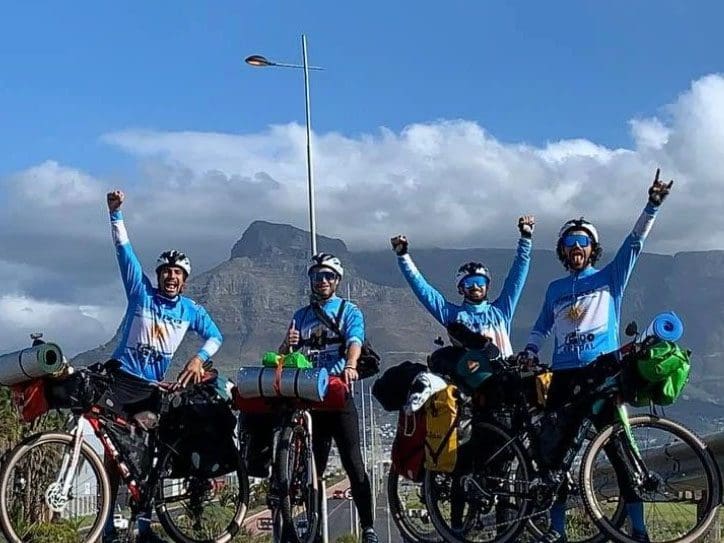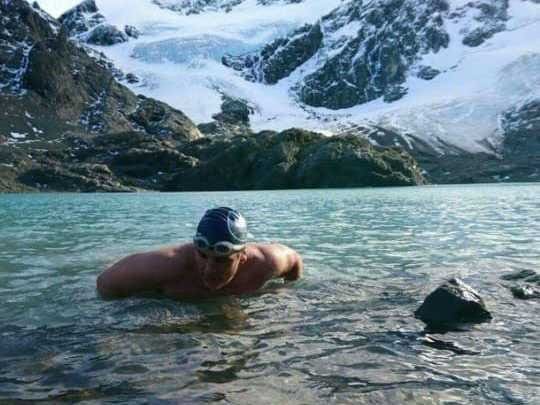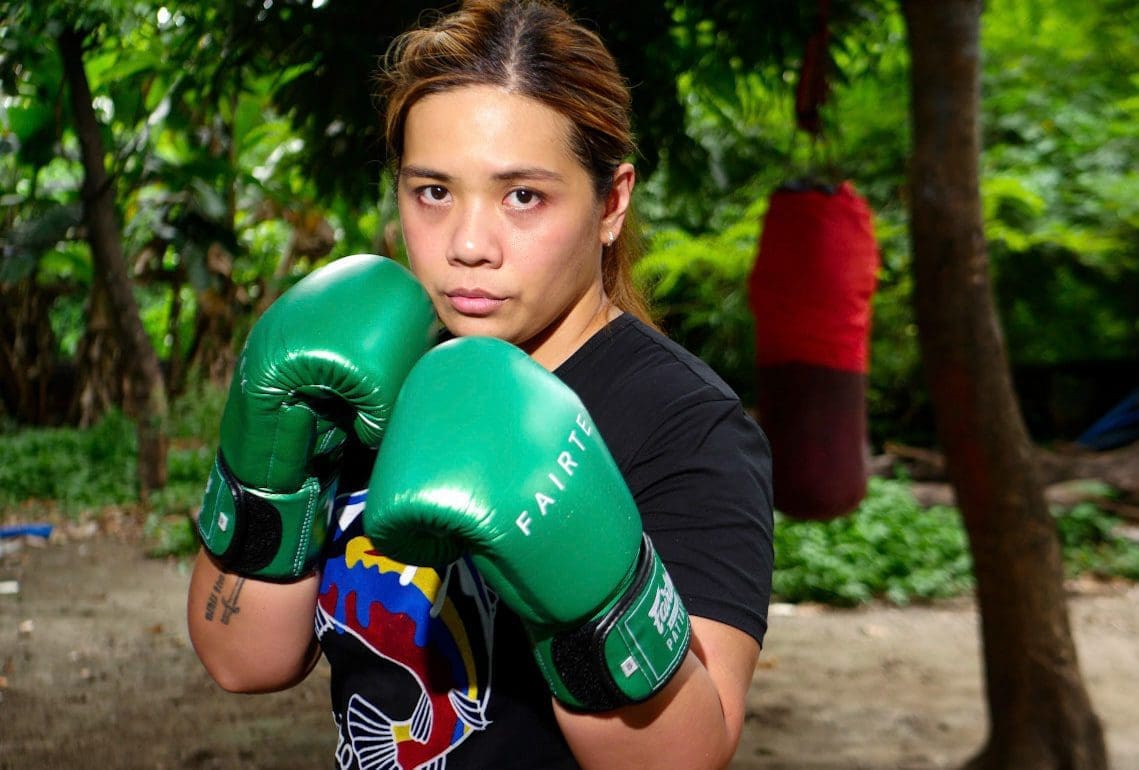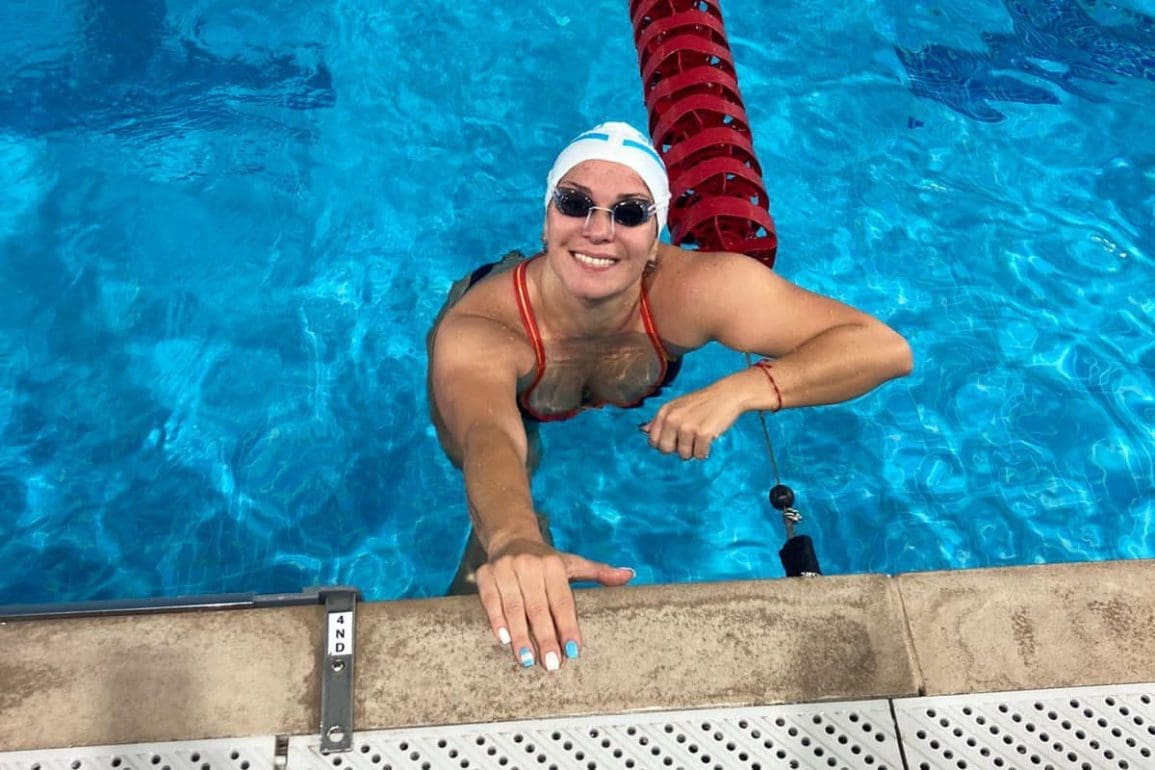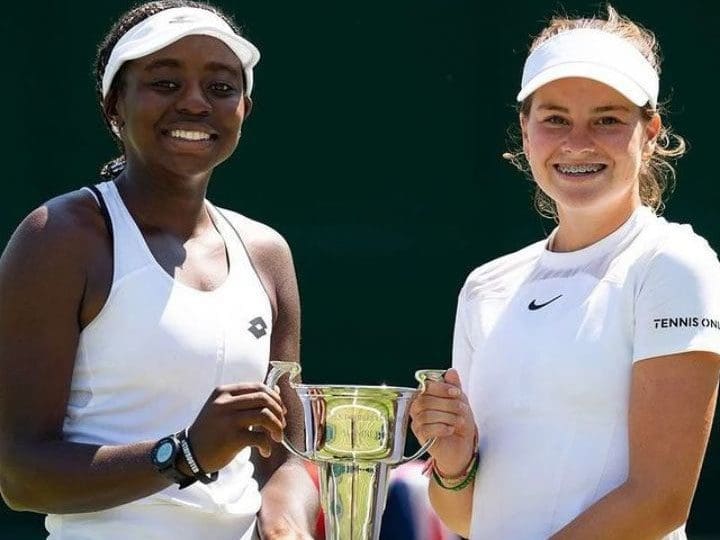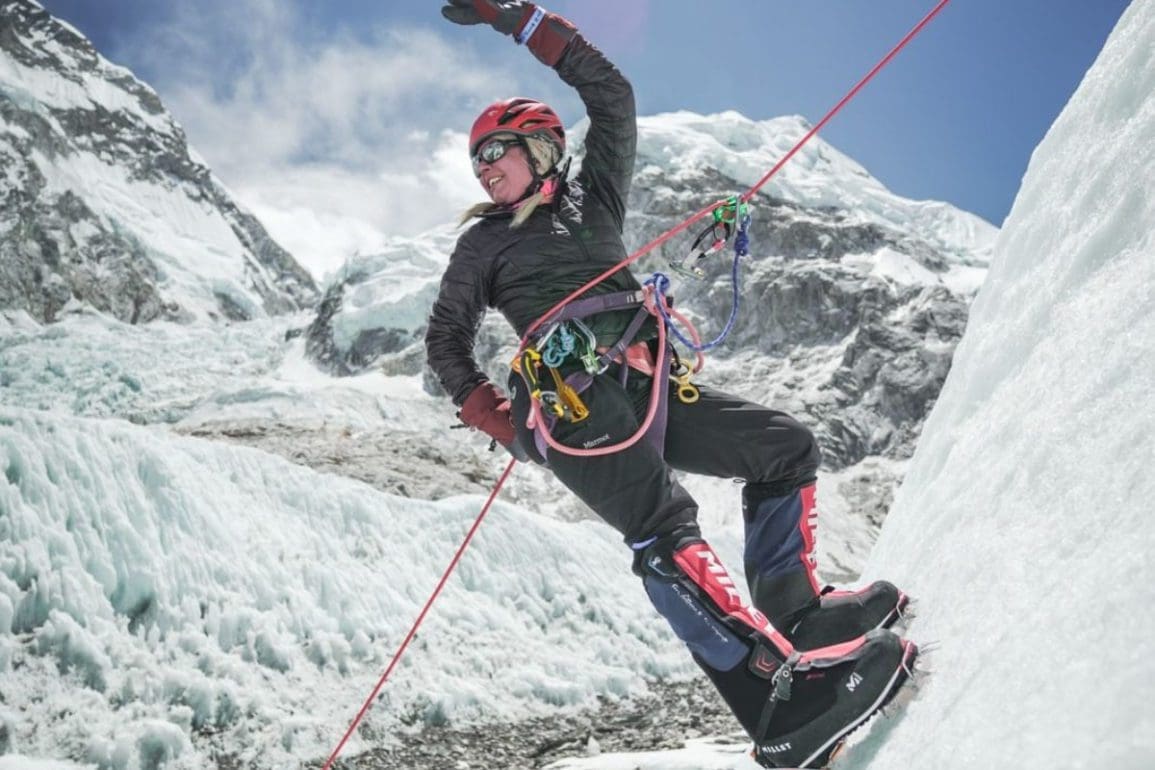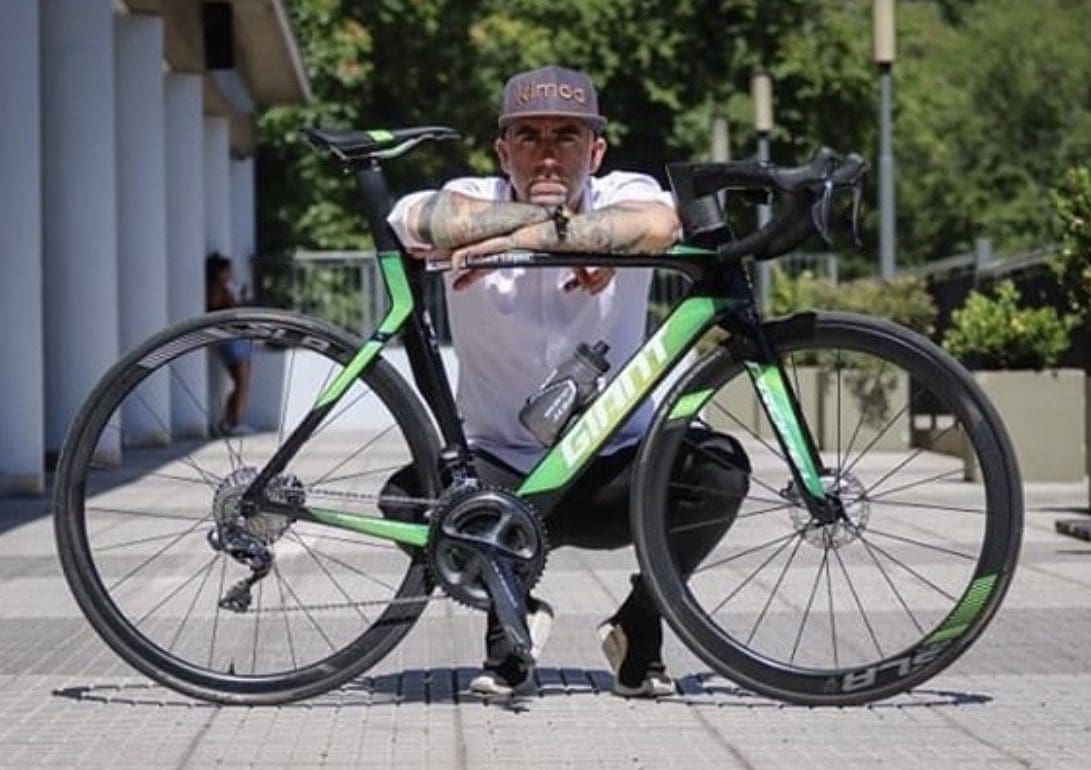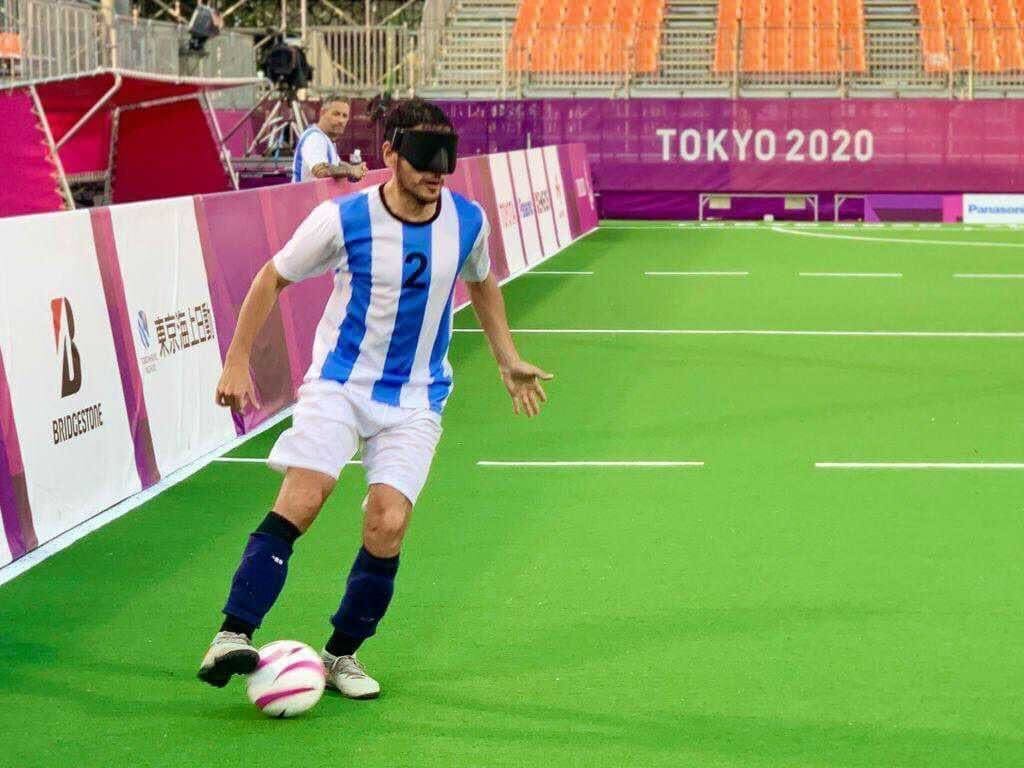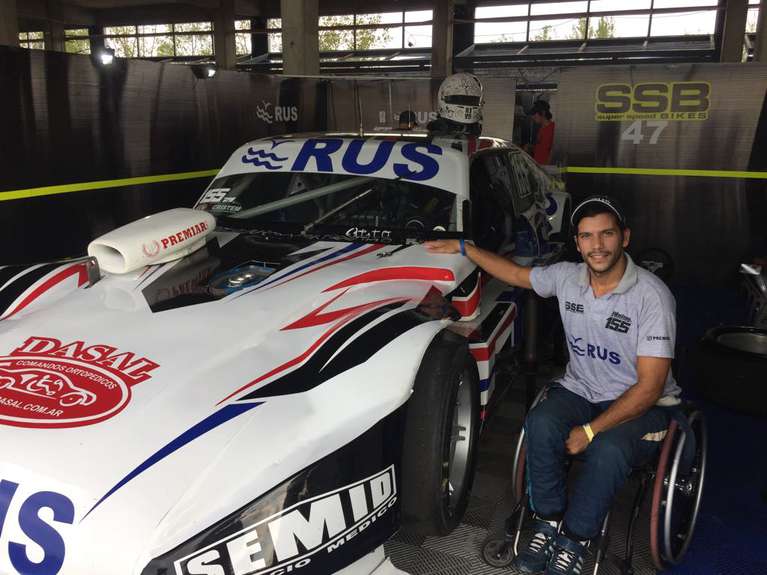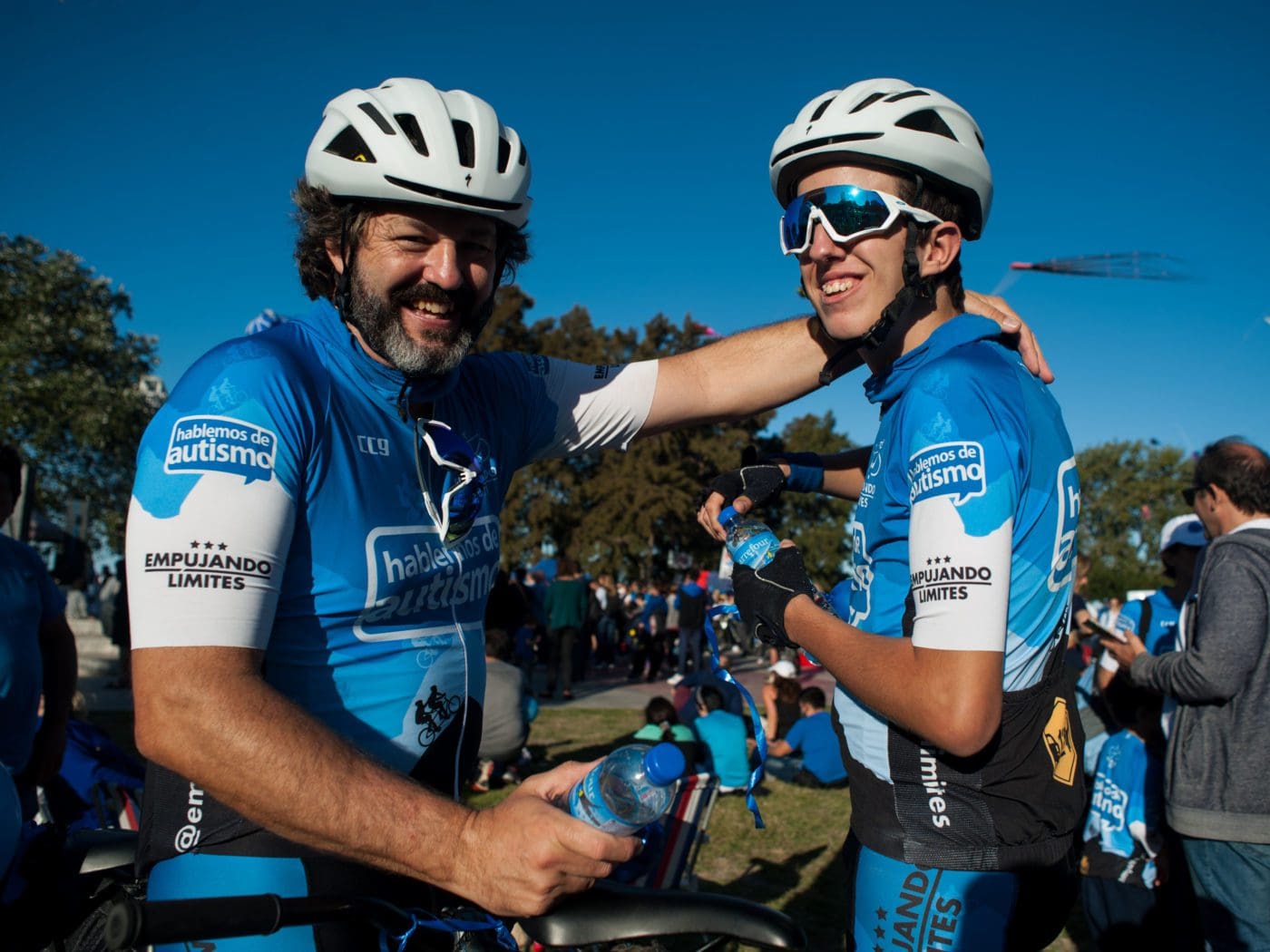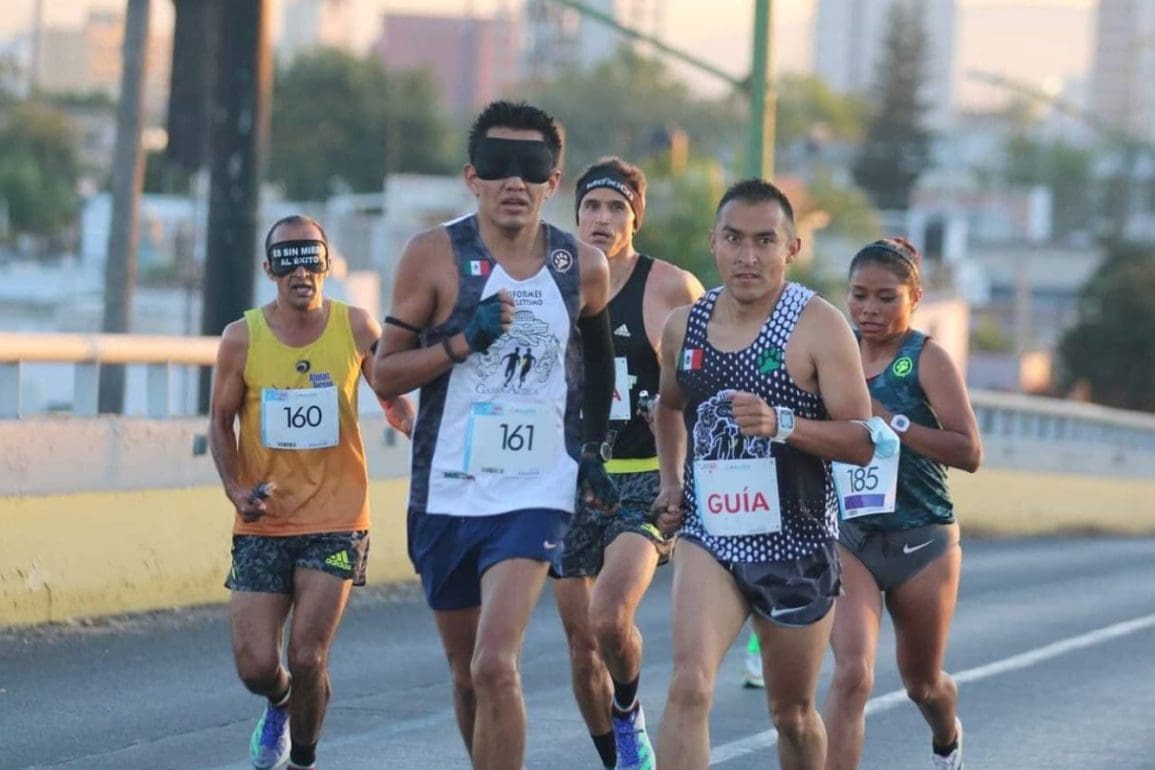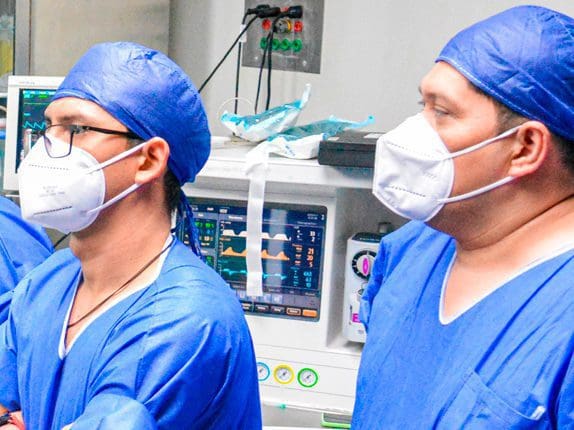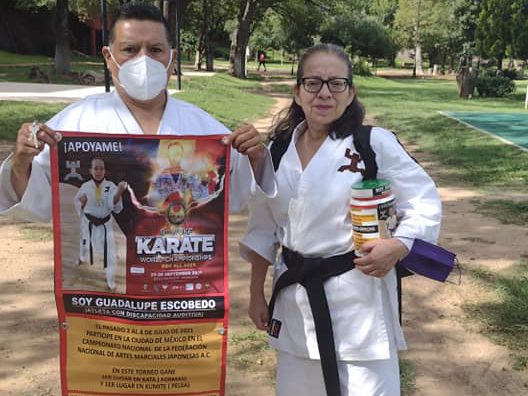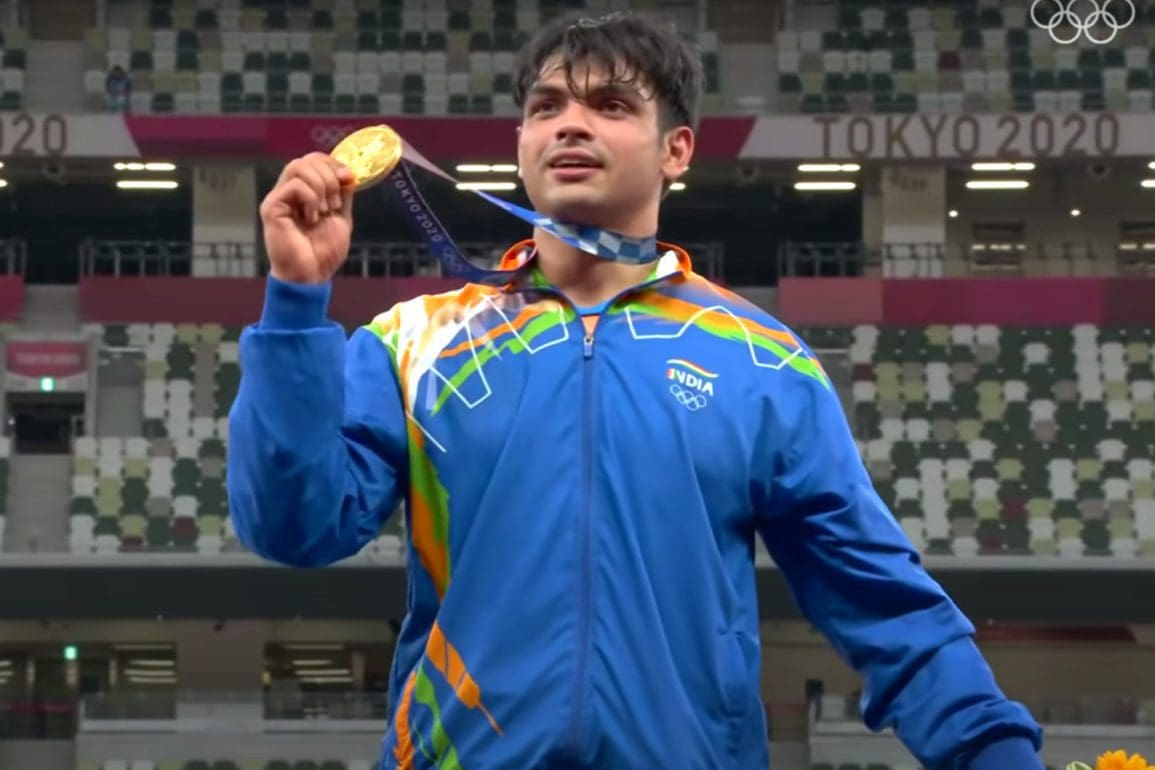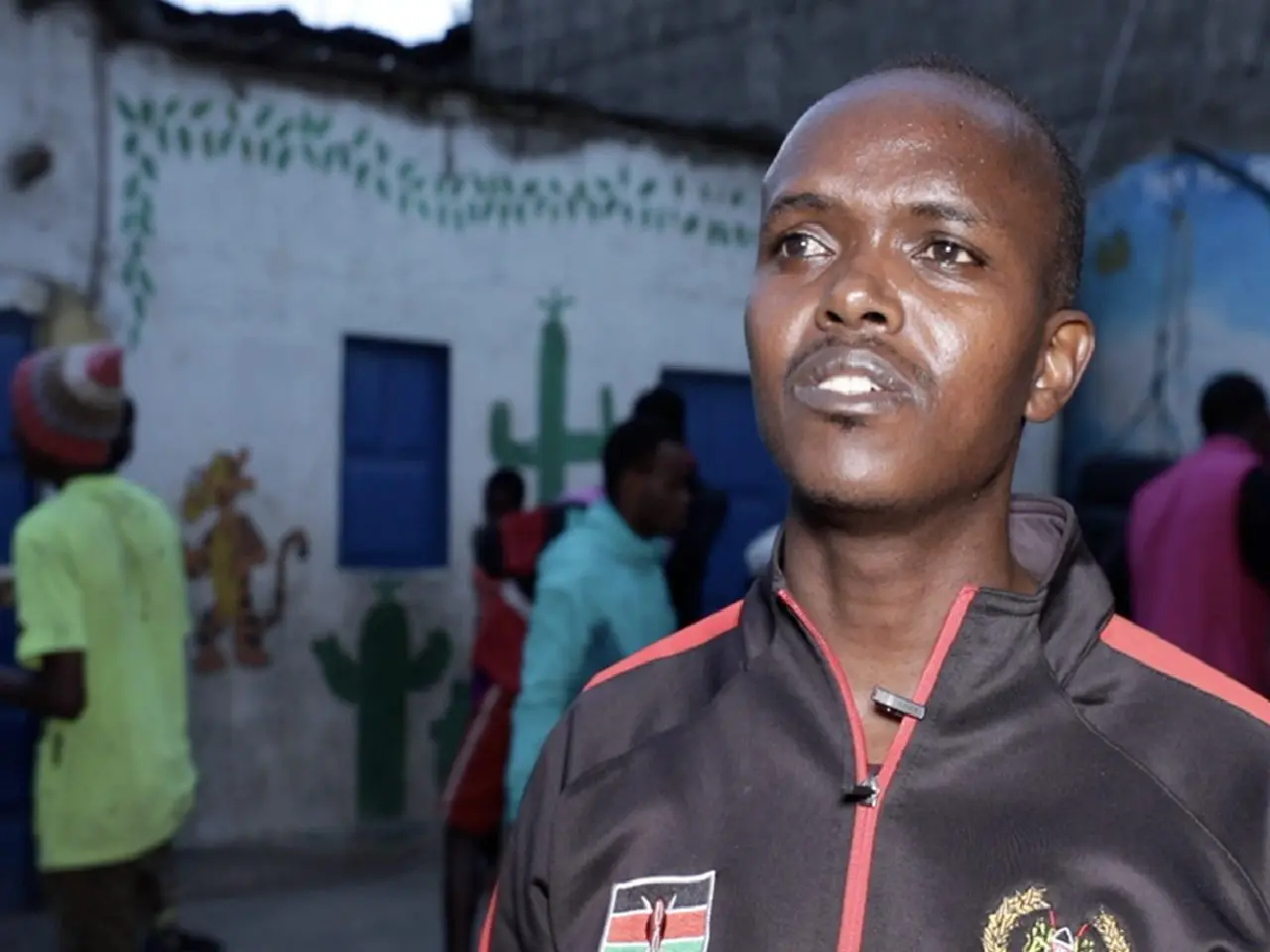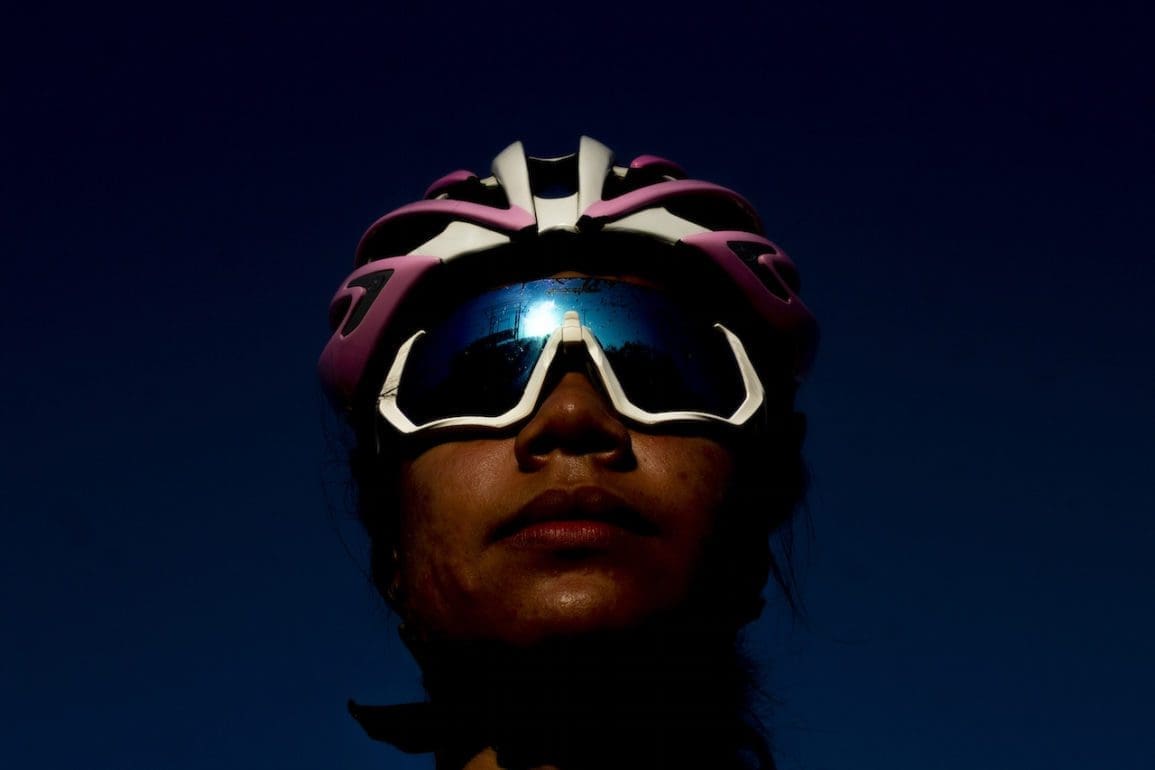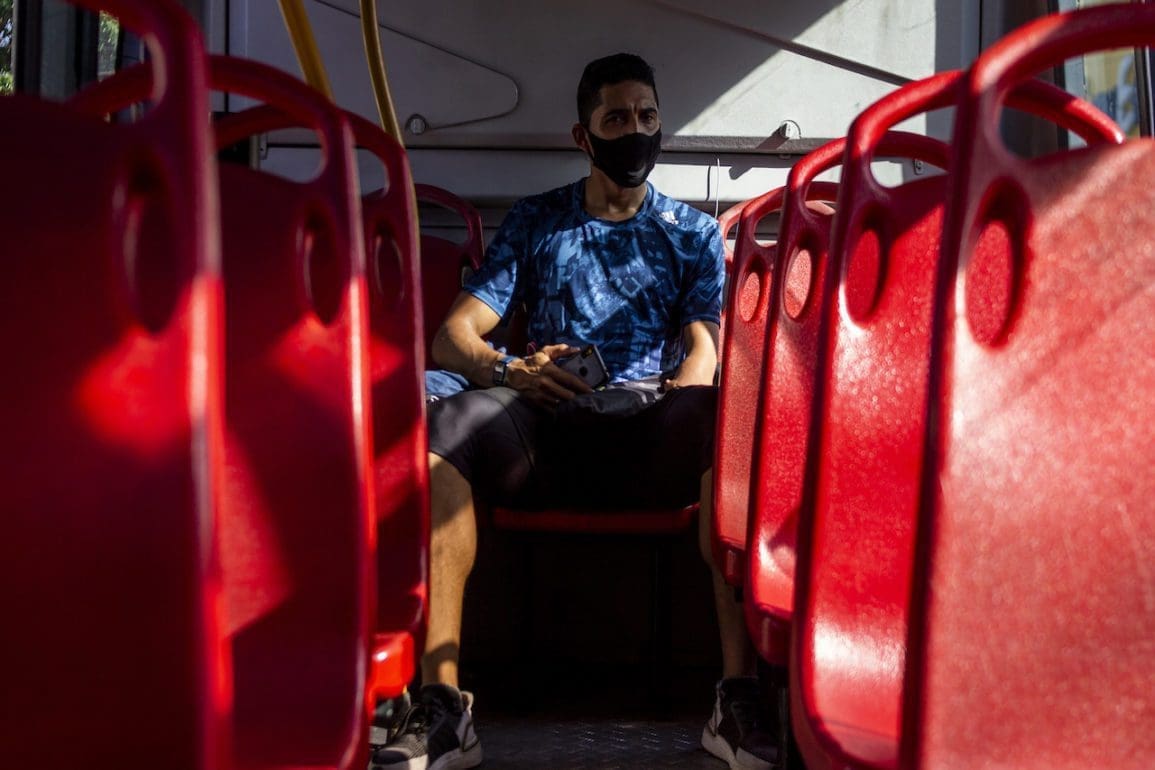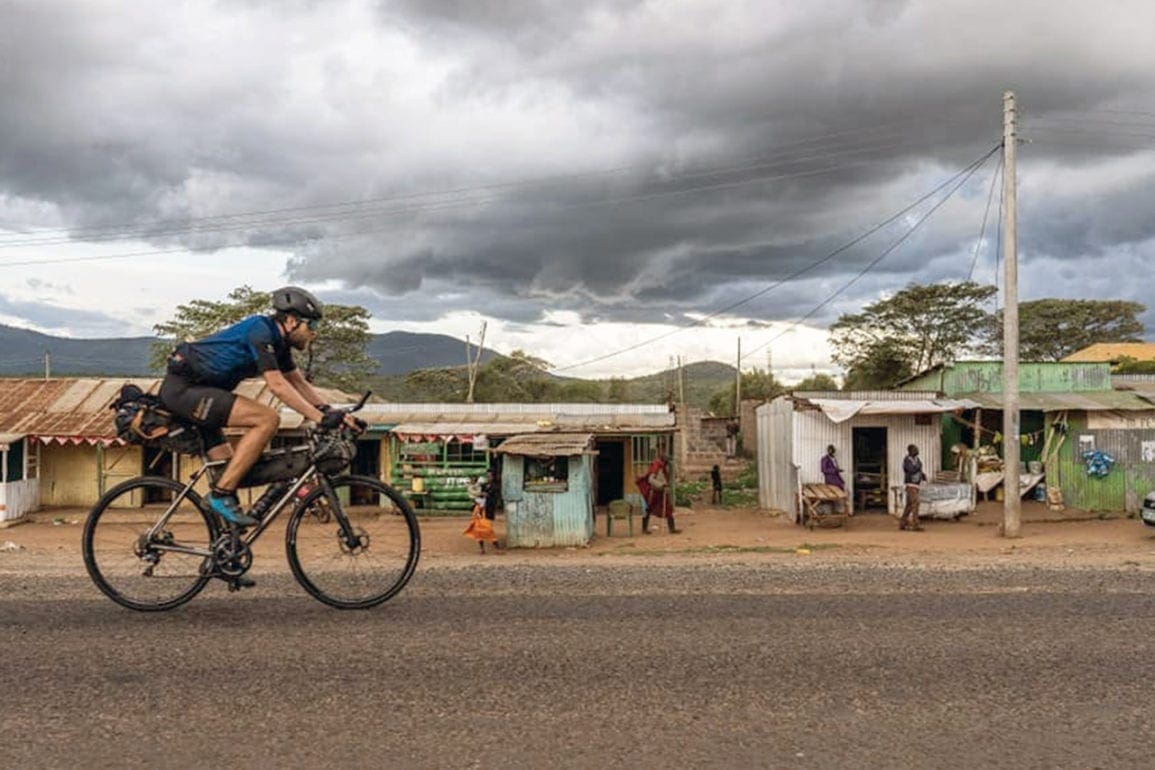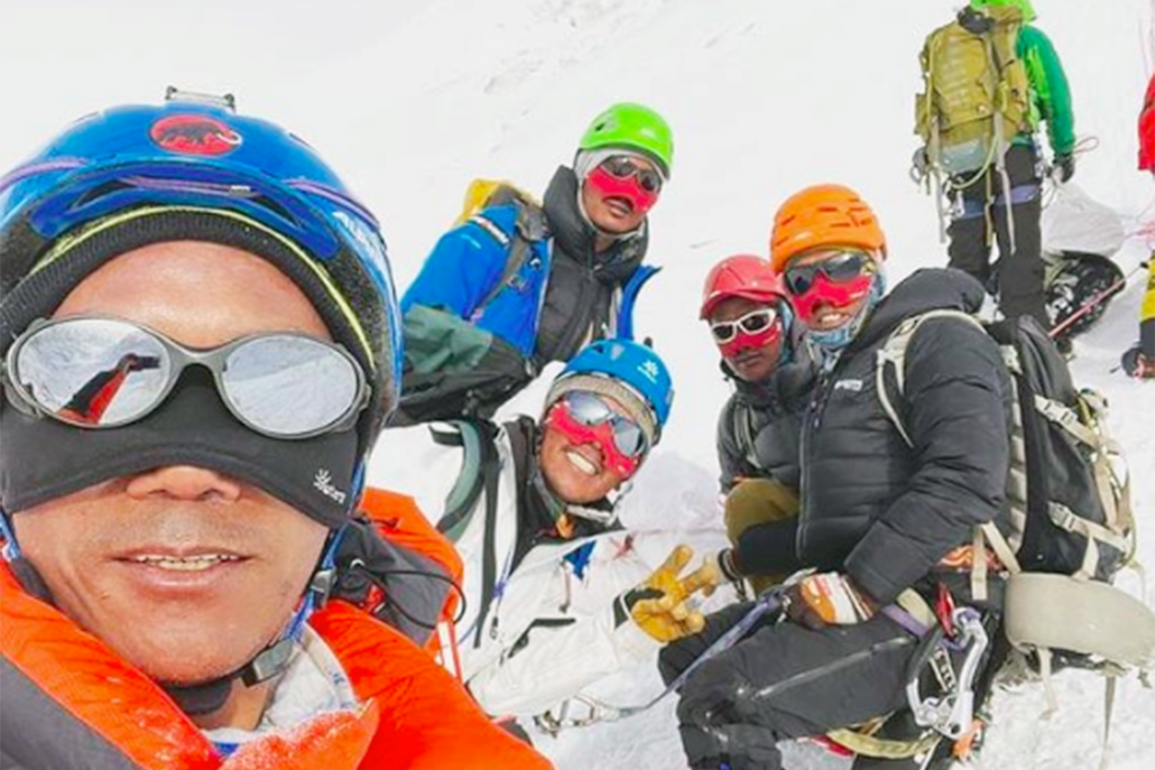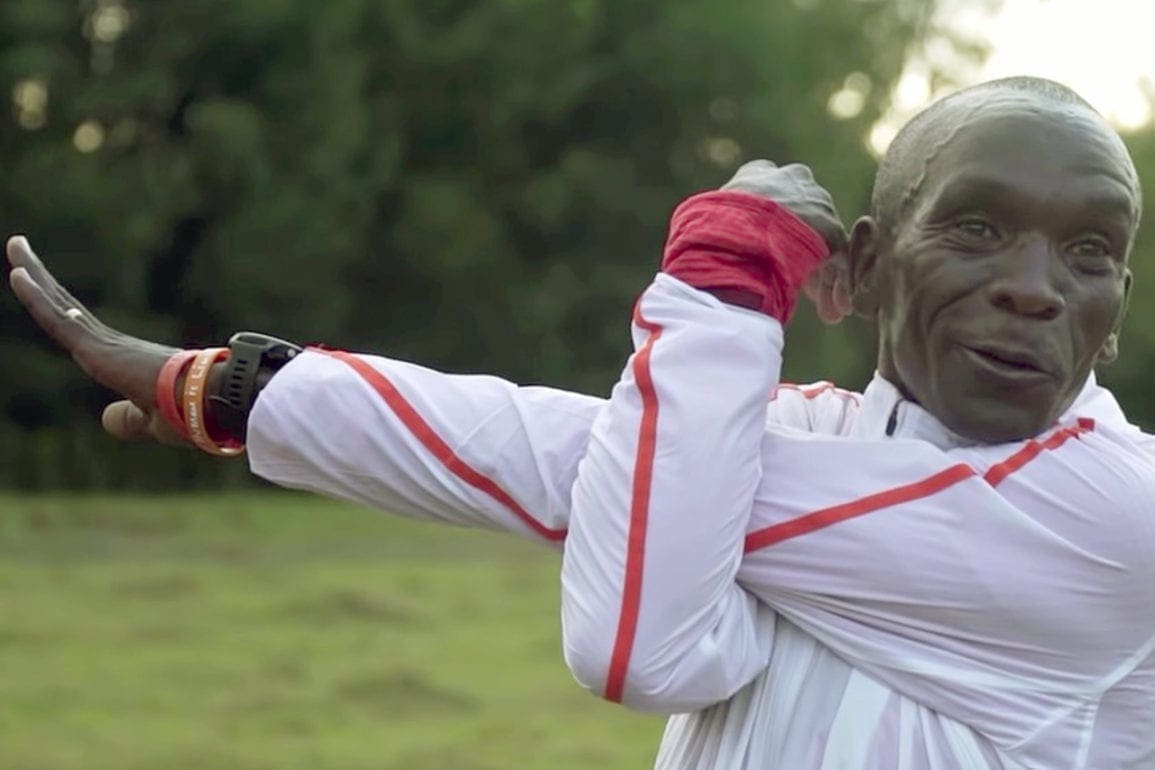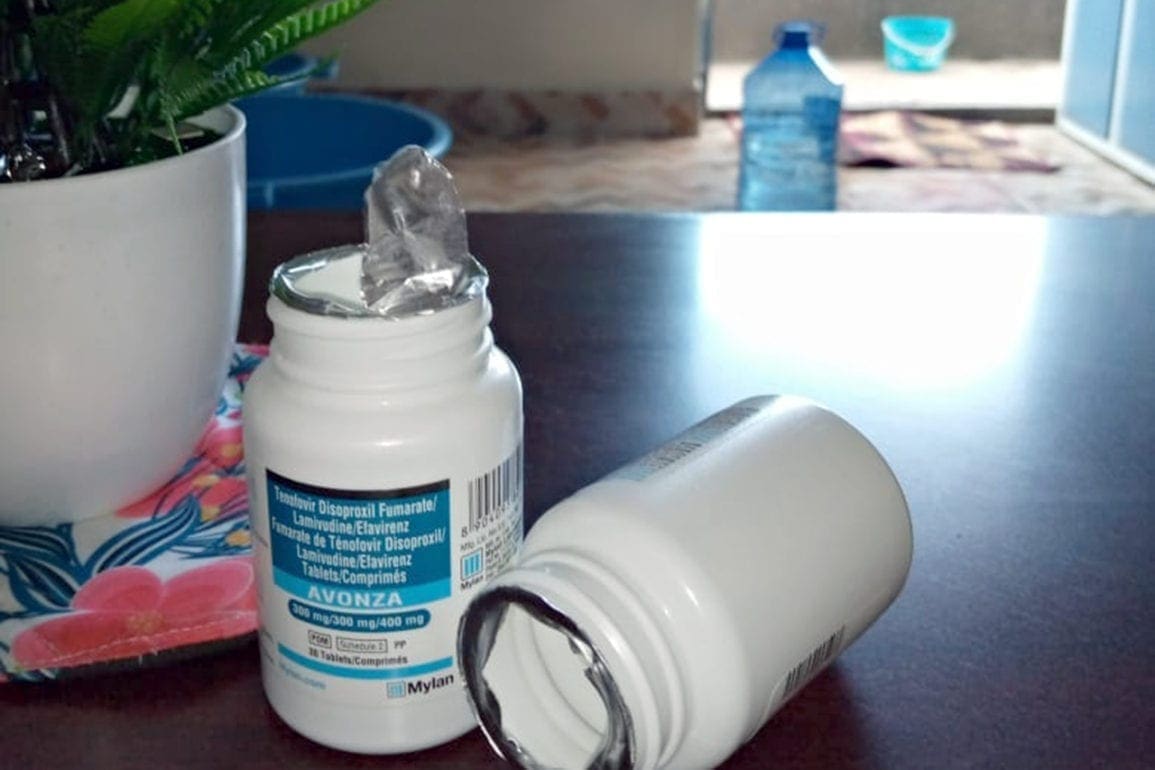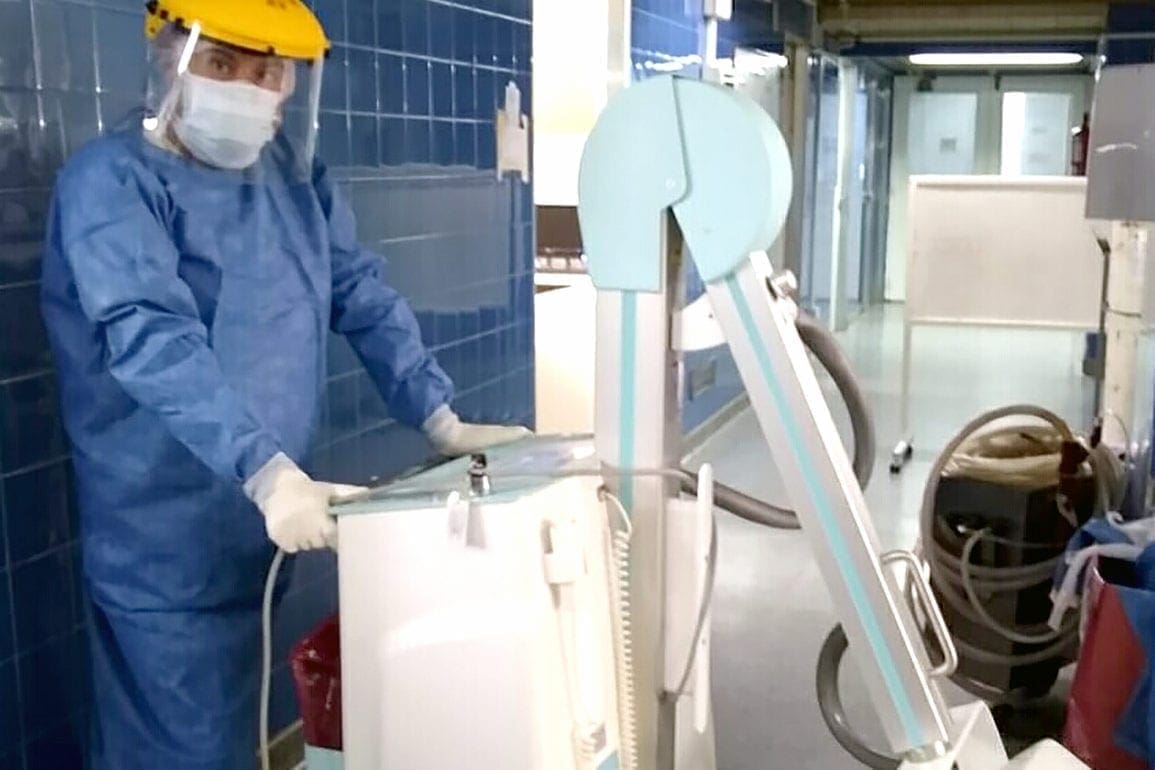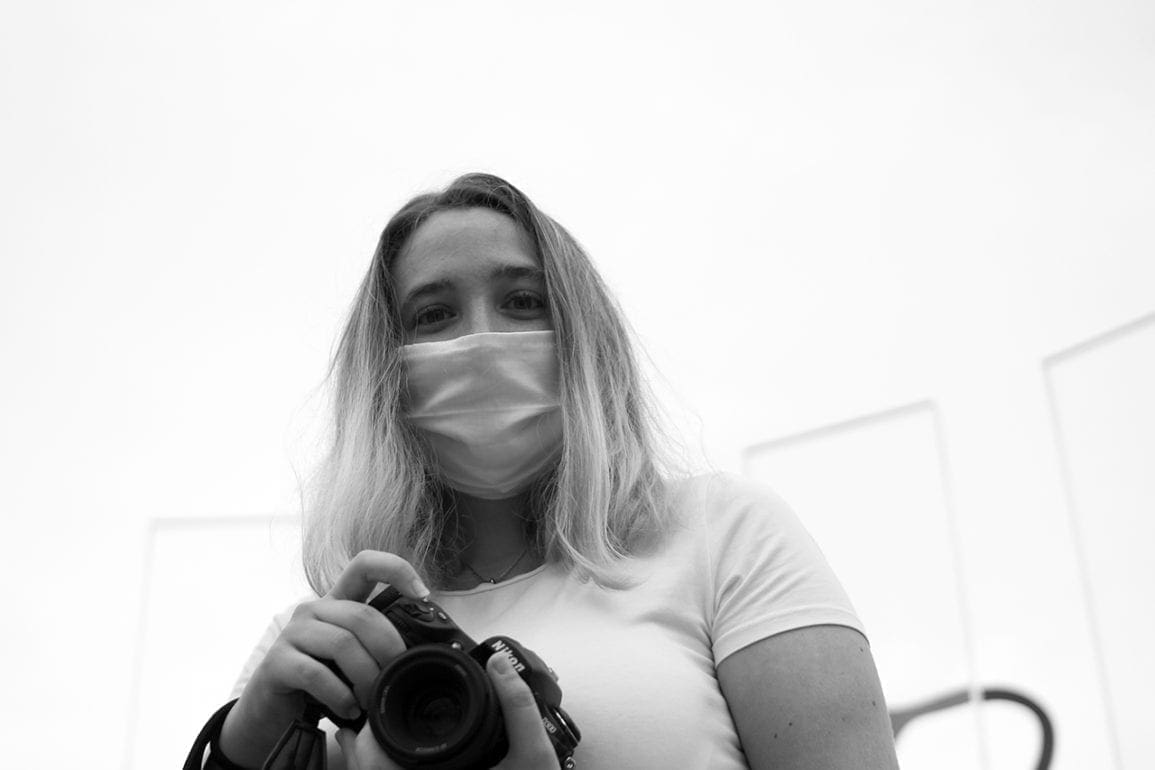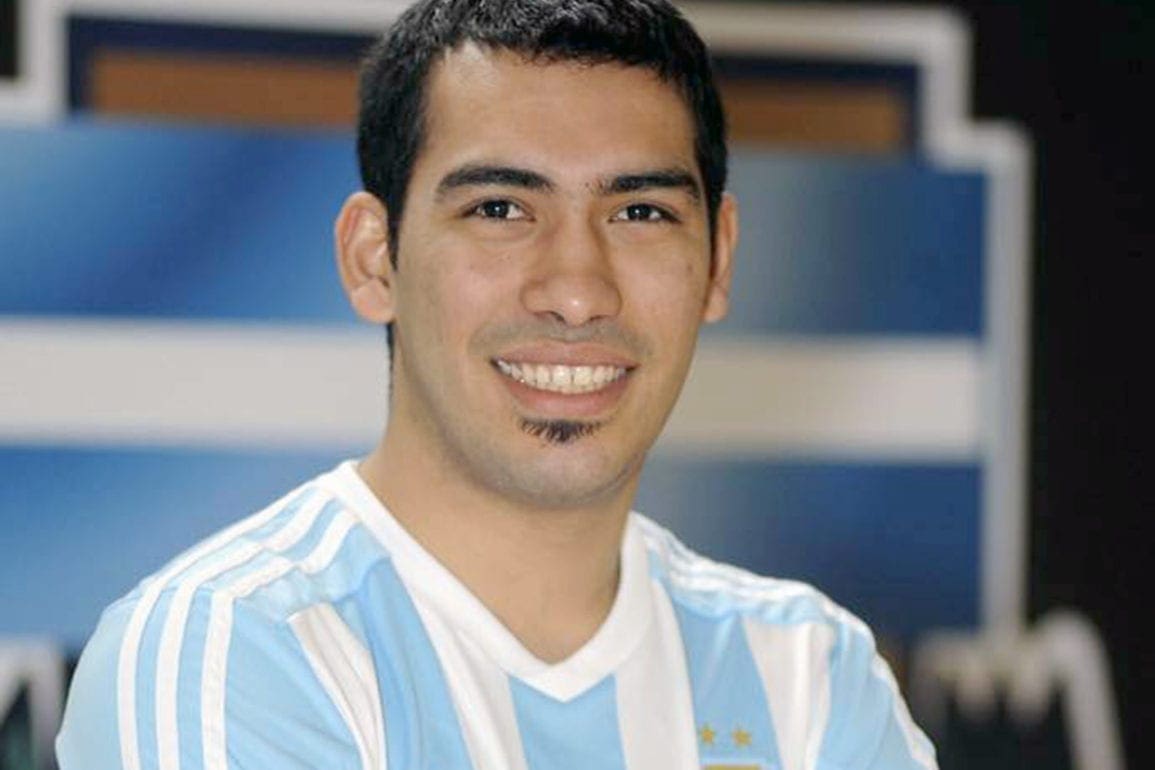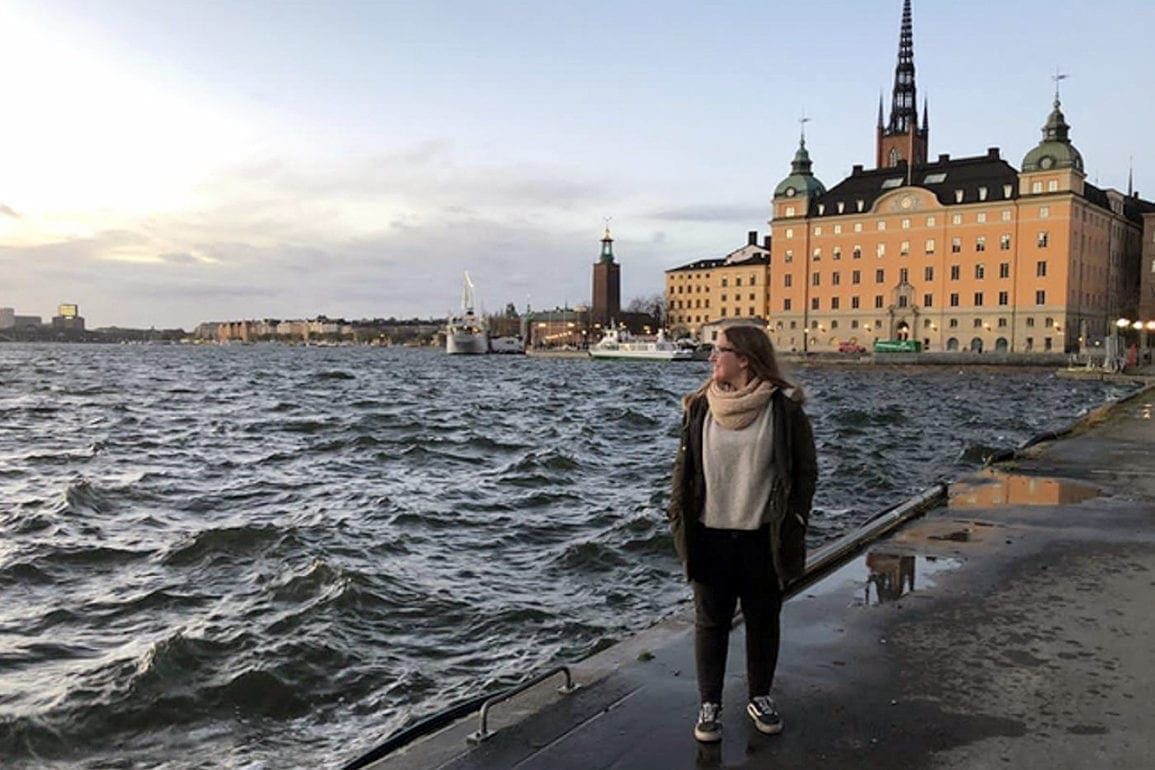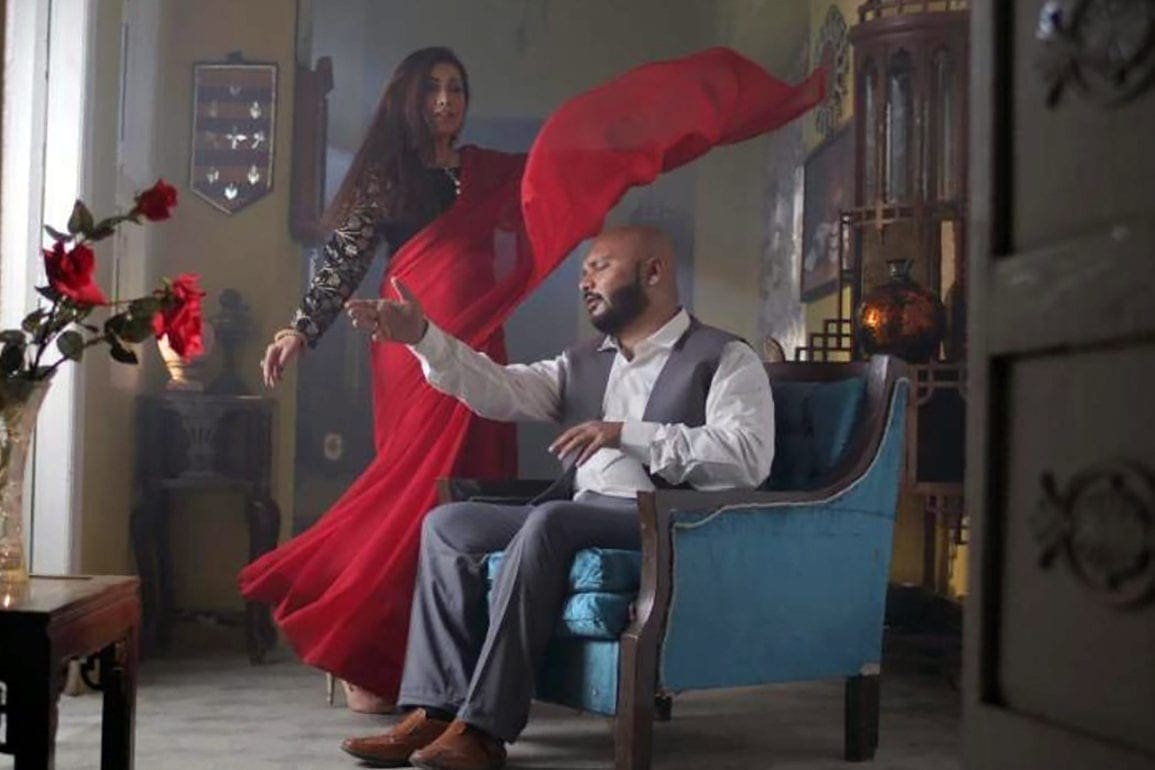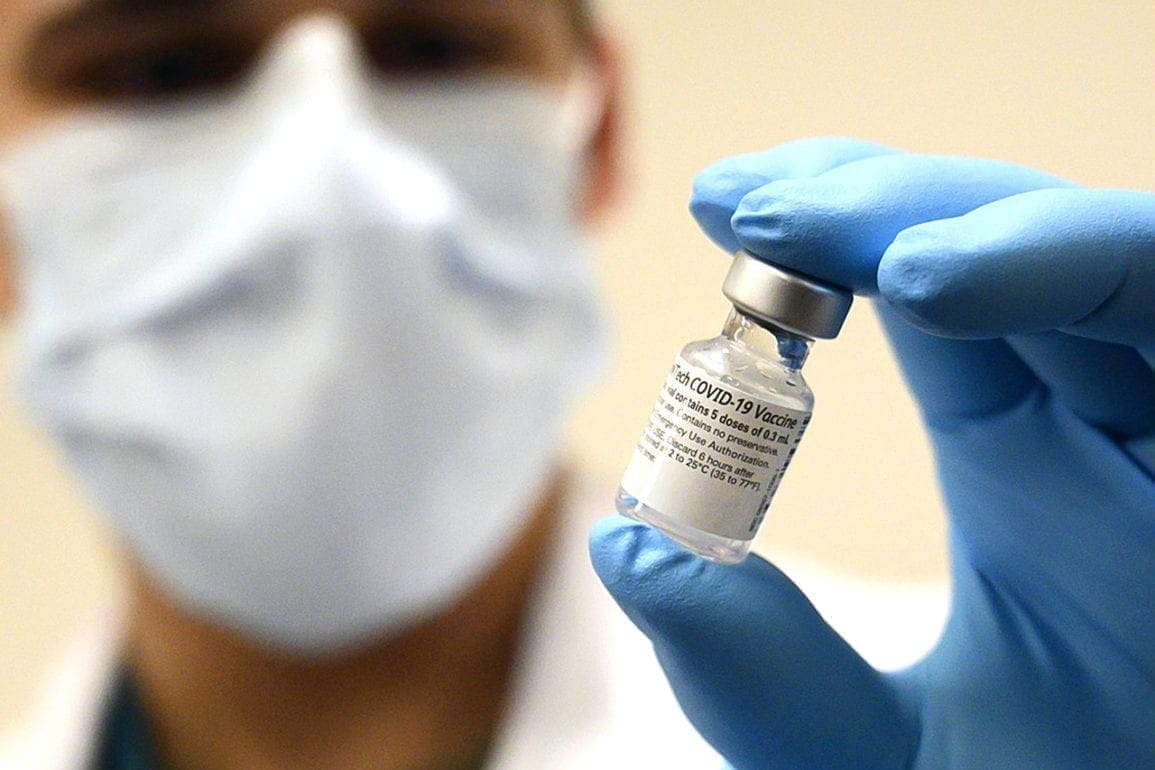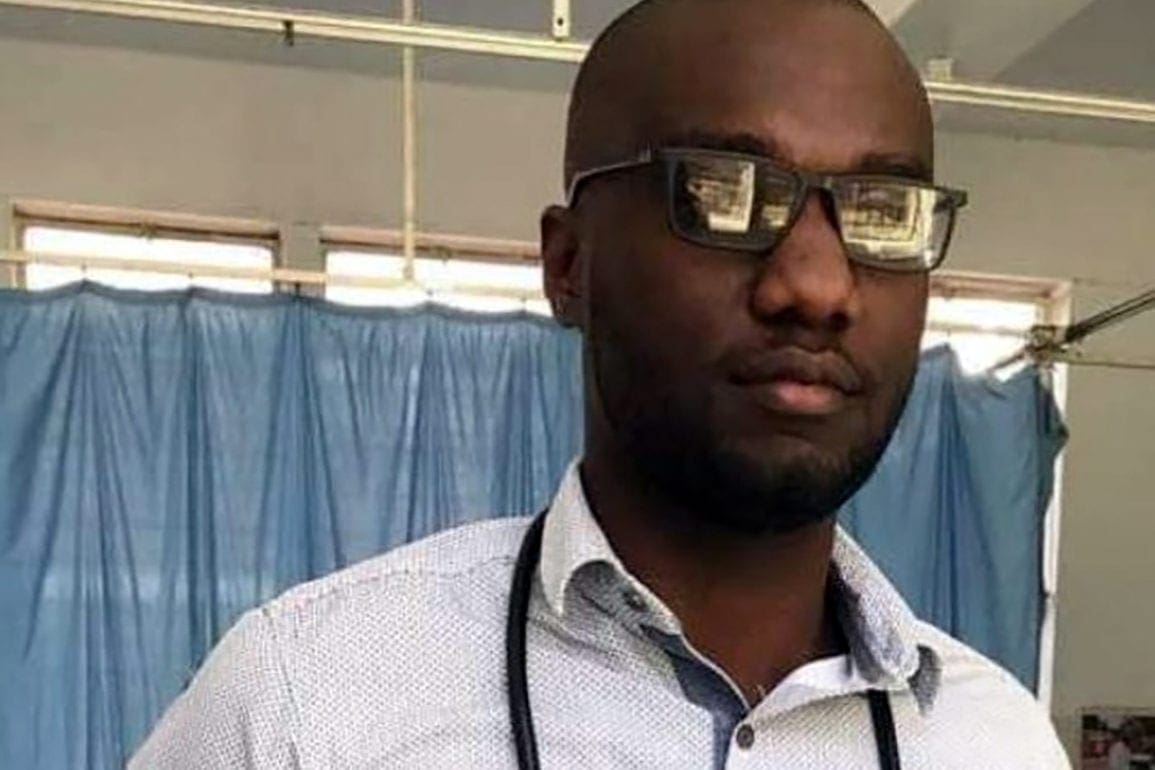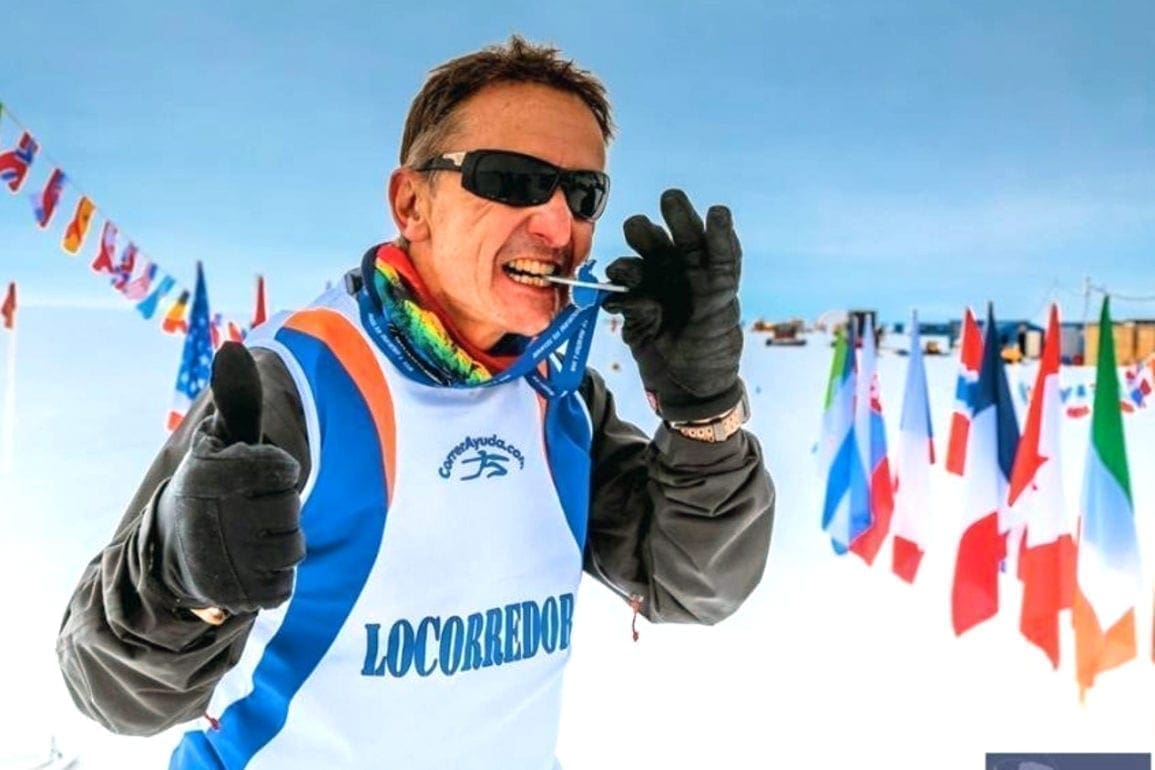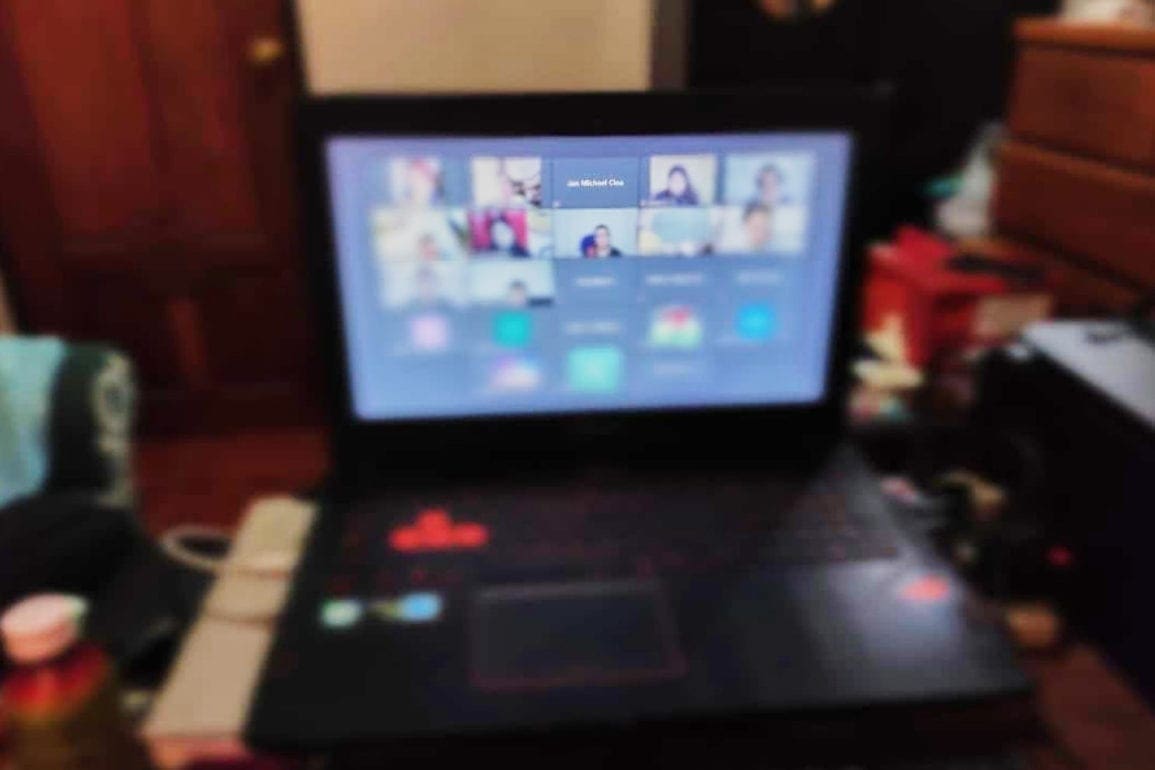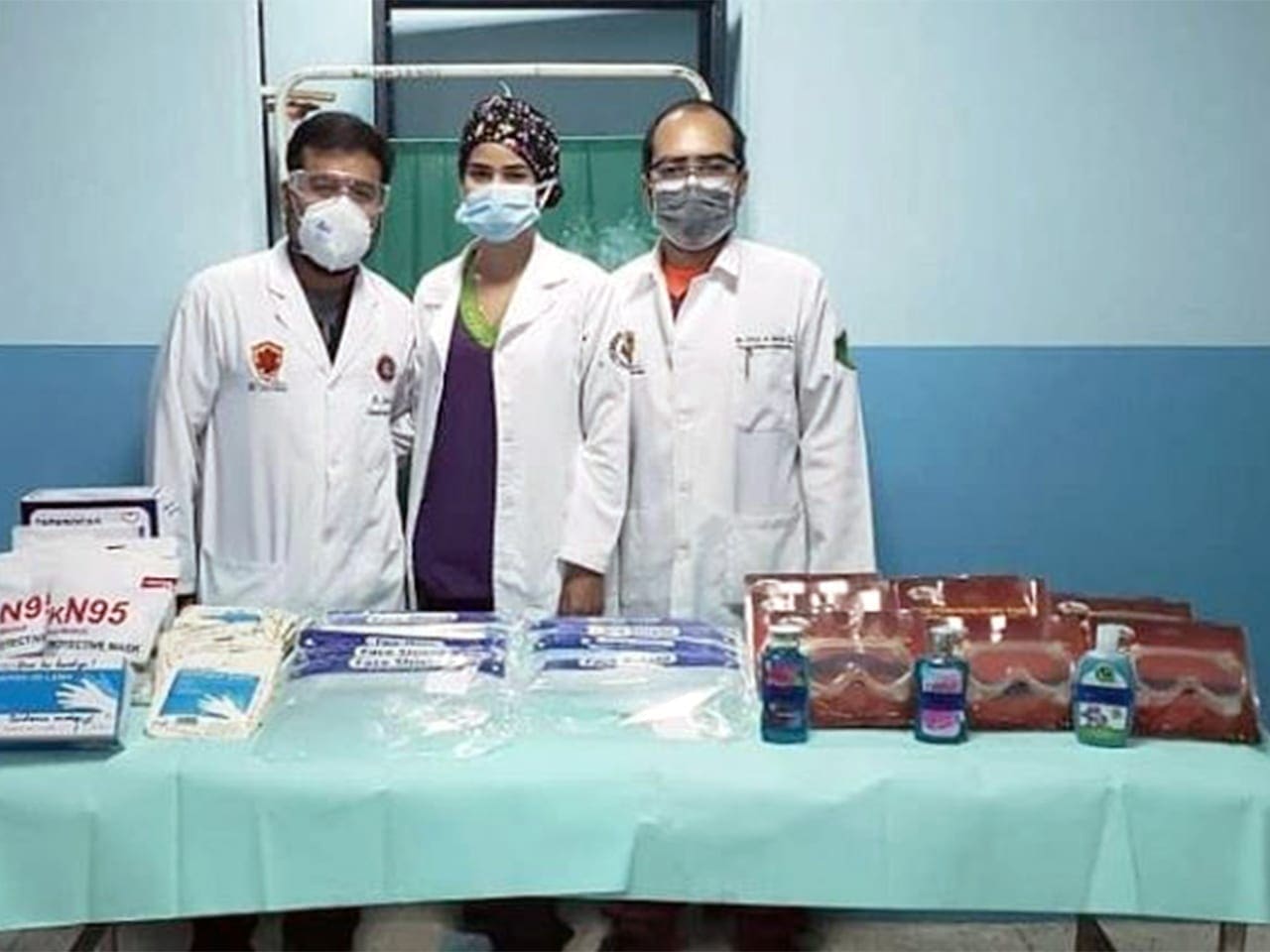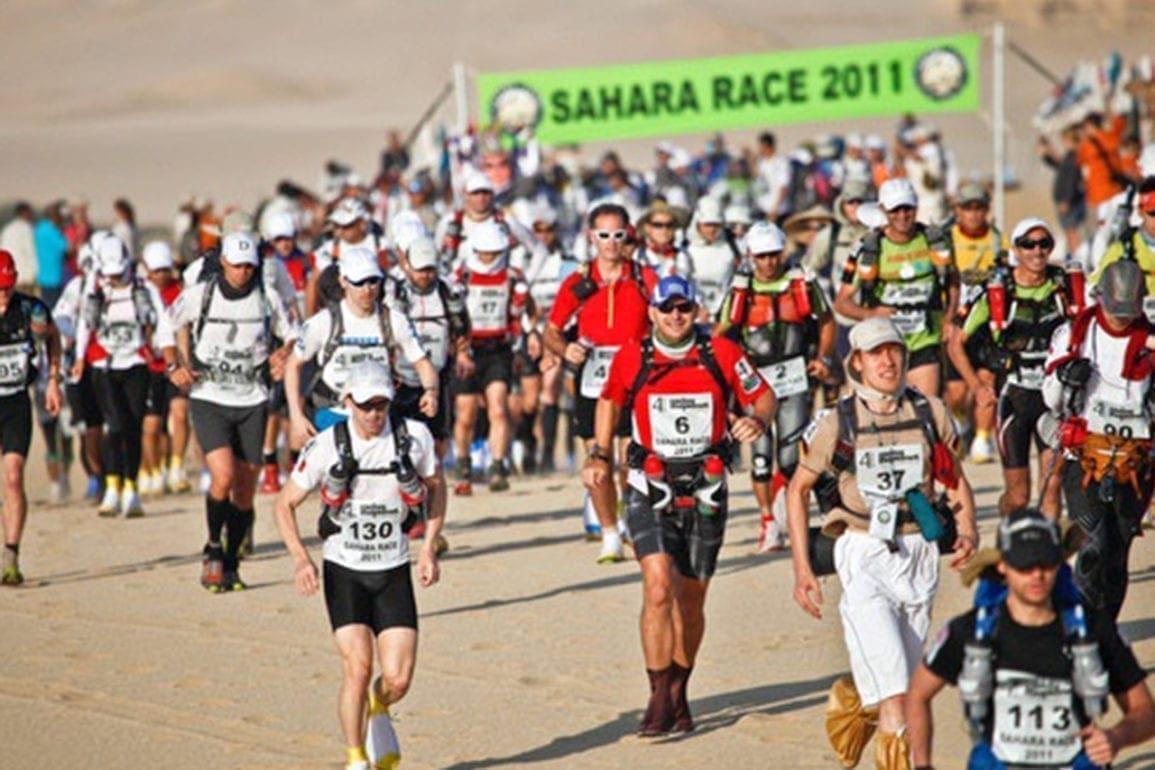Man copes with terminal illness and COVID with help from kung fu
It is critical I keep my stress levels low to keep my condition from worsening. Kung fu, a largely spiritual practice, has been a key part of my recovery, as it promotes peace of mind and discipline.
- 4 years ago
May 20, 2022
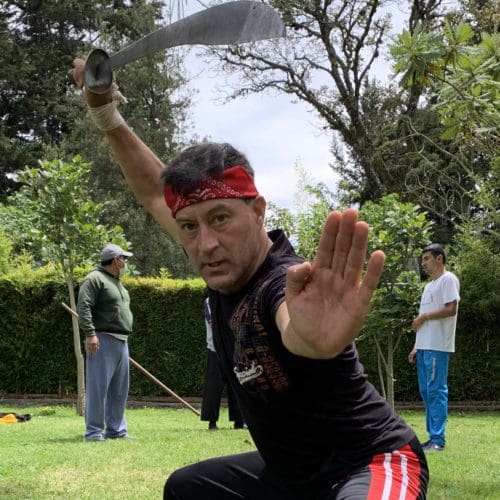
QUITO, Ecuador—I’ve had two brushes with serious illness and the specter of death in the last four years. However, one thing has kept me centered and focused throughout: kung fu.
Receiving a diagnosis and saying goodbye to my family
Four years ago, doctors diagnosed me with a terminal illness: second-degree dysplasia located in my stomach. This condition is a prelude to cancer, and if it is not treated on time, it is just as fatal. I started doing all my treatments with the Social Security of Ecuador (IESS), which is entity that administers the national universal health care system.
The doctor gave me five months to live. He told me to say goodbye to my family and start saving for funeral expenses.
The day they gave me that news, everything became sad. It felt extremely hard to carry on. The shock and sadness didn’t only affect me, in those first moments; it carried over for days at my house. My wife and children handled the news badly and cried a lot. I did as the doctor ordered; I began to say goodbye.
However, when I went to my work and told my colleagues and bosses, they encouraged me not to give up.
The IESS doctor told me that the only way to survive was if I paid a private doctor. Public appointments were scheduling about seven months out, yet they only gave me five months to live. I told myself, “It’s not time to die yet,” and started looking for a private oncologist.
Receiving life-saving support from my colleagues
I work at the newspaper El Comercio as a professional driver. I drive a truck with which I transport journalists and photographers to different parts of the country, and I am also certified as a professional photographer.
When I broke the news about my diagnosis to my co-workers, they told me that they would support me. They offered to help me pay for private medical treatment, which was excessively expensive.
All expenses for oncology, medicine, and treatments amounted to $6,000. Within four days of giving them that news, my co-workers raised $4,000 to help me pay.
With their support, I paid for my private doctor, treatment, and all my medicines. Thanks to my colleagues and bosses at El Comercio, I could afford my survival. The doctors gave me five months to live, and I have been fighting for myself and my family for four years now.
Finding serenity and discipline with kung fu
Everything in my life has changed since my diagnosis. I have to follow a very orderly routine, eat very healthily and take my medicines punctually.
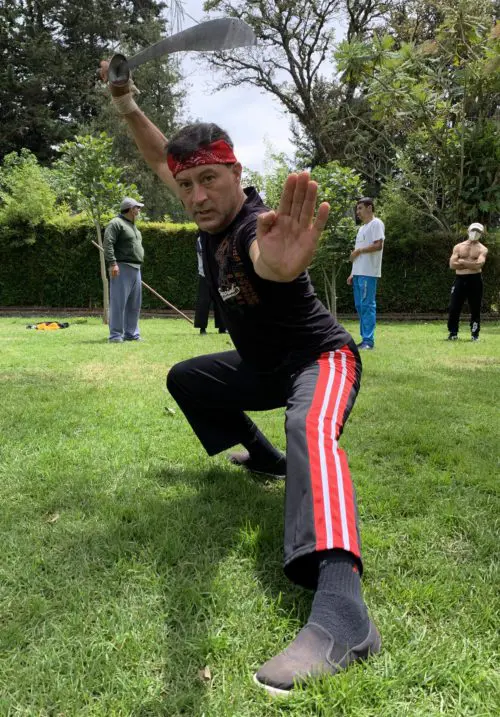
When all this started, I decided to trust God and spend my last days with my family. But, at the same time, I wanted to give myself to kung fu, a sport that I have trained in for almost 30 years. Since my health issues, I started to practice it with more intensity and concentration, aiming to compete at the professional level.
Currently, I have three gold medals: a national championship, a provincial championship, and a silver medal in the Senior category.
The dysplasia is still in my stomach, and it can turn into cancer at any time if I don’t take the necessary care. Part of that care is keeping my stress levels low; that’s where kung fu becomes such a big part of my recovery. This sport is largely spiritual training, and it promotes peace of mind and discipline. Achieving successes in my practice of it has helped me feel alive.
Another unexpected fruit I have harvested thanks to kung fu has been working with my son, Andrés David Lara. When doctors gave me my death sentence, my son decided to carry on my kung fu legacy, so I became his coach. Now, four years later, my son already has three gold medals in national and provincial championships.
Another close contact with death, this one from COVID
When the COVID-19 pandemic began in 2020, my doctors suggested that I take great care of myself because, with my condition, contracting COVID could be fatal.
Despite my precautions, seven months after the pandemic broke out in Ecuador, I got infected. I had a strong reaction, but even with my discomfort, I continued practicing kung fu at home and did my breathing exercises. I convinced myself that the time had not come yet.
Eventually, my symptoms got severe enough to send me to the hospital. Doctors there told me I was going to die, and that I might as well go home to do so. But I fought for my family, and I told myself once again: “Armando, it’s not time yet.”
I’ve been left hopeless twice, but here I remain. One must fight for life, and never give up. This belief is how I keep going.

